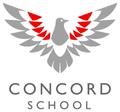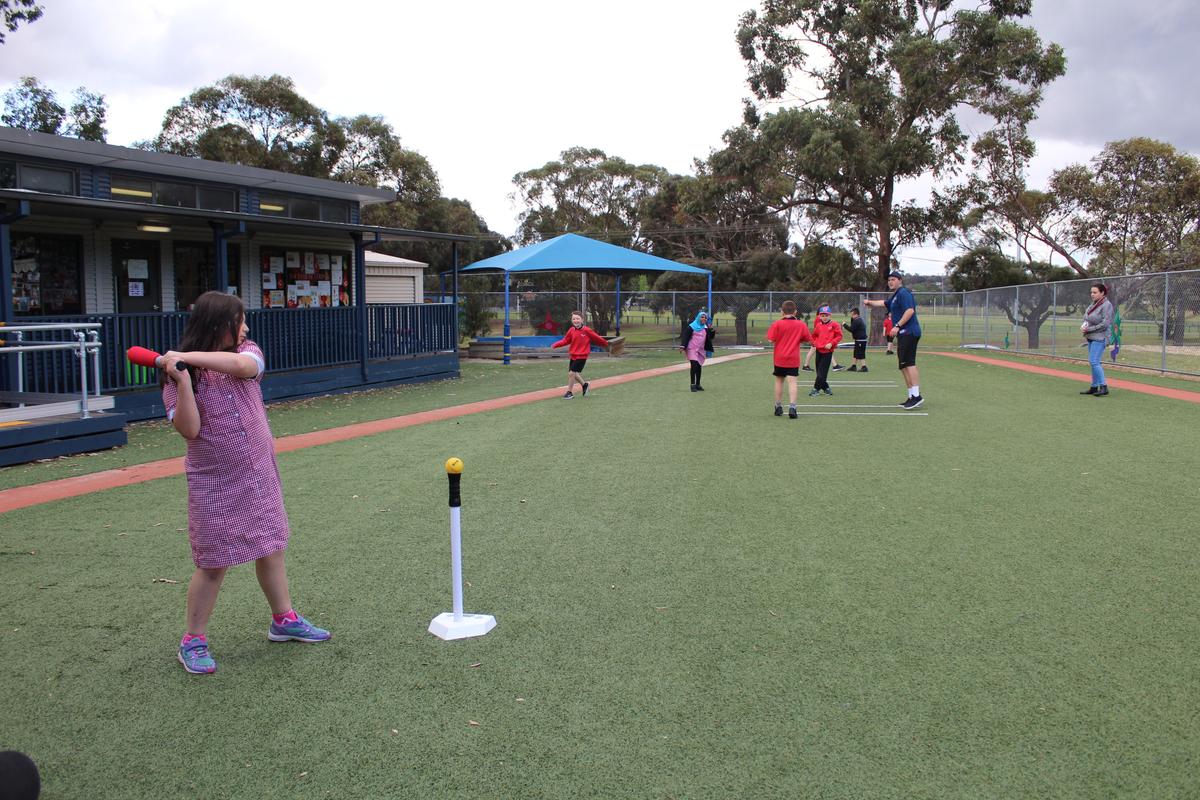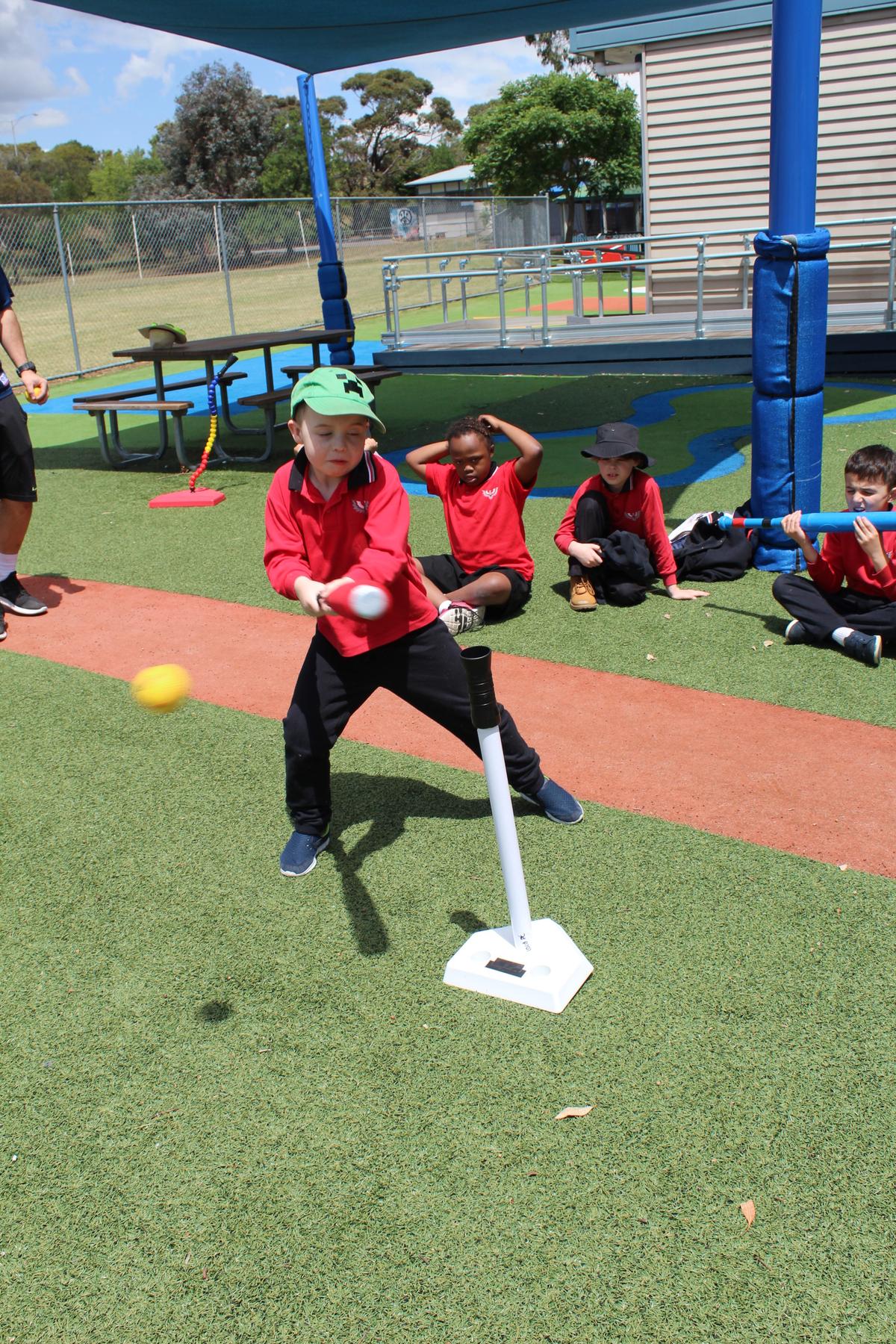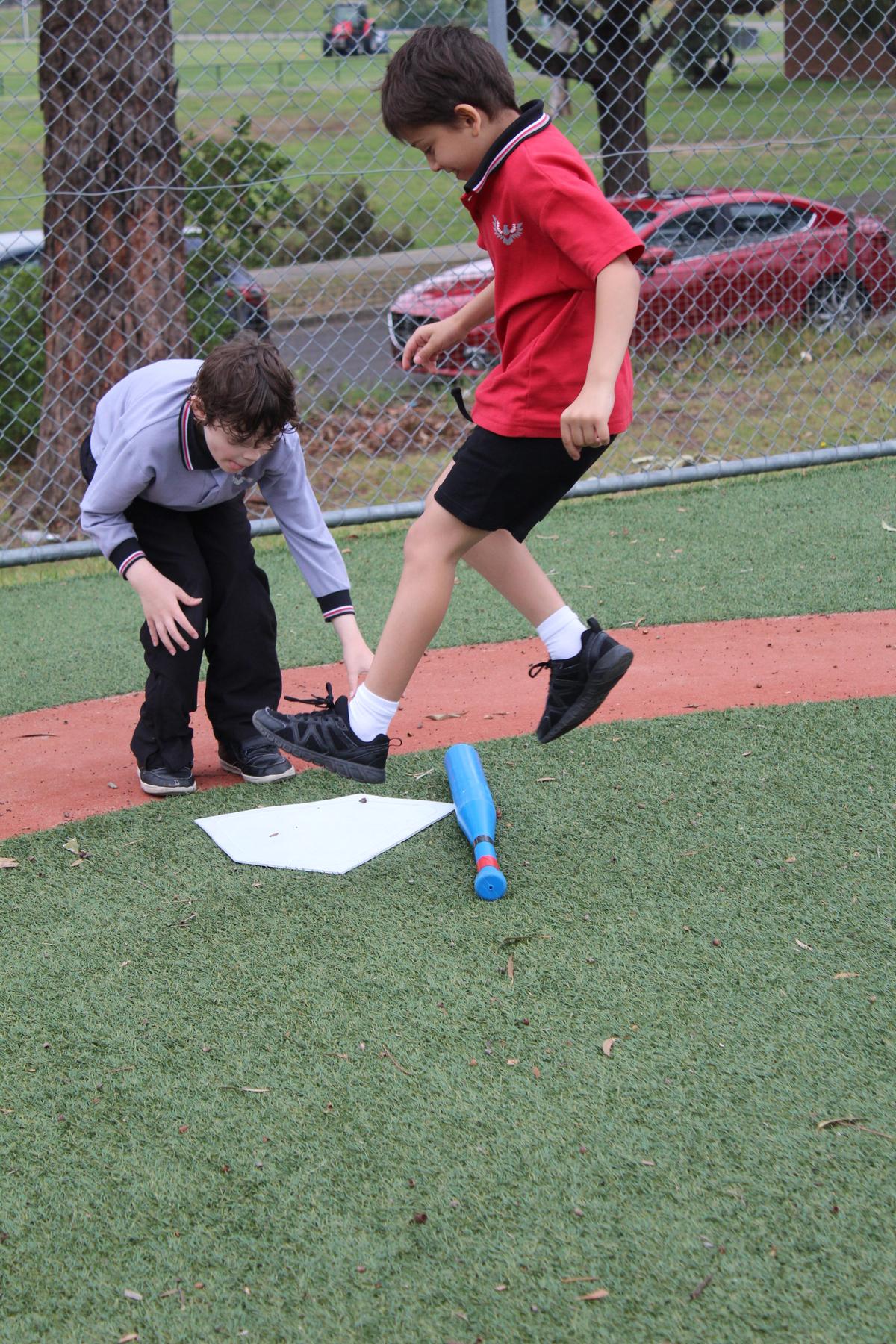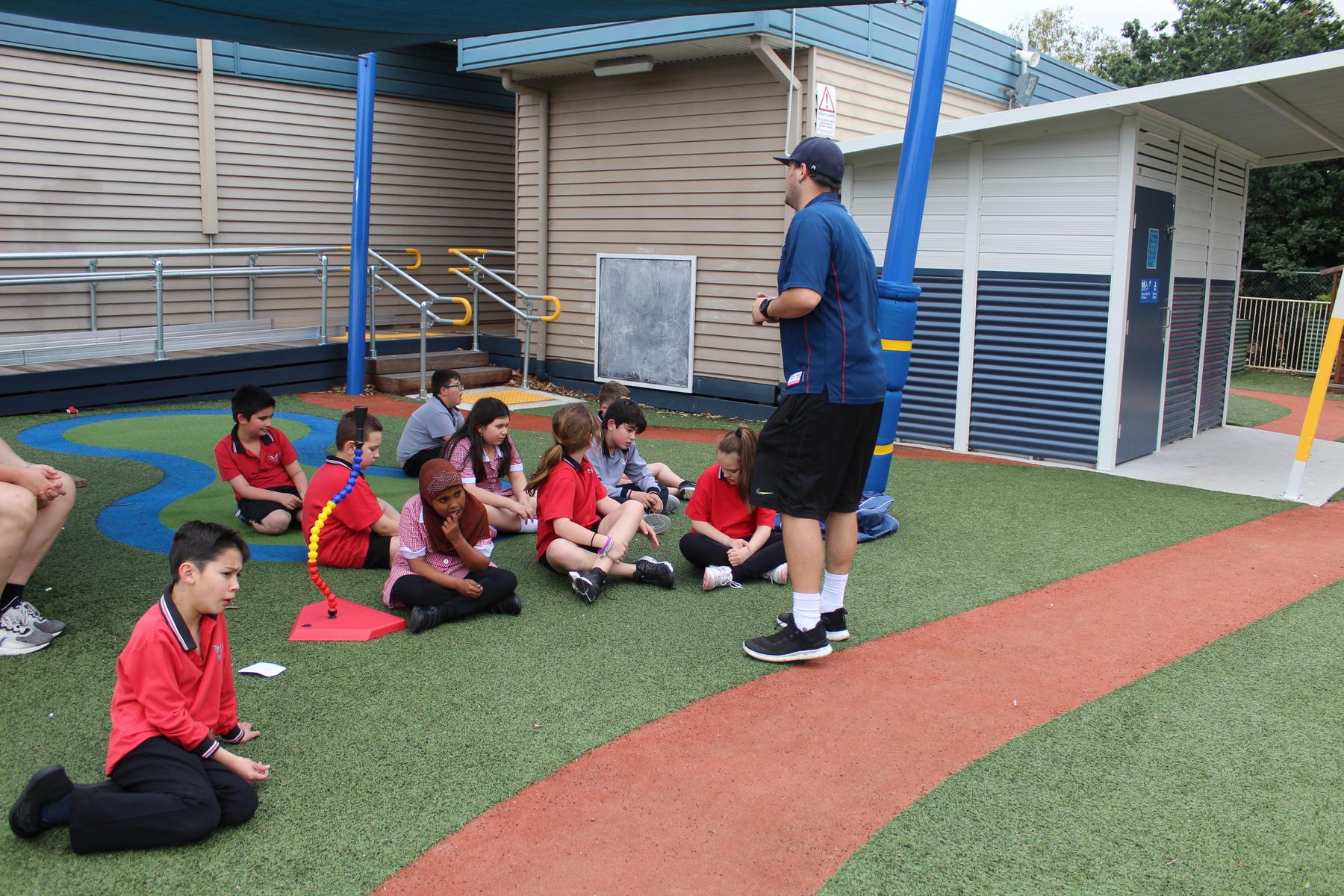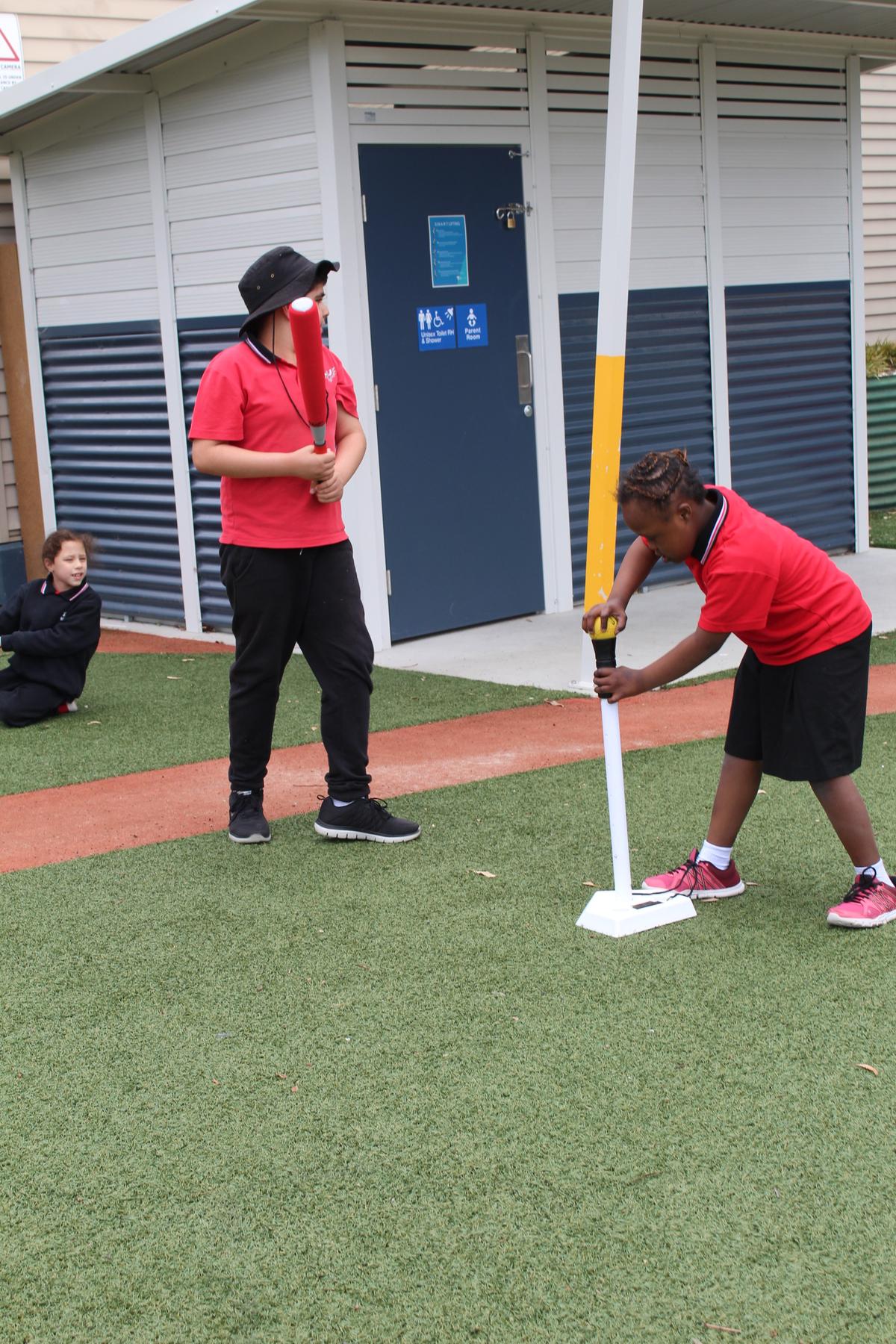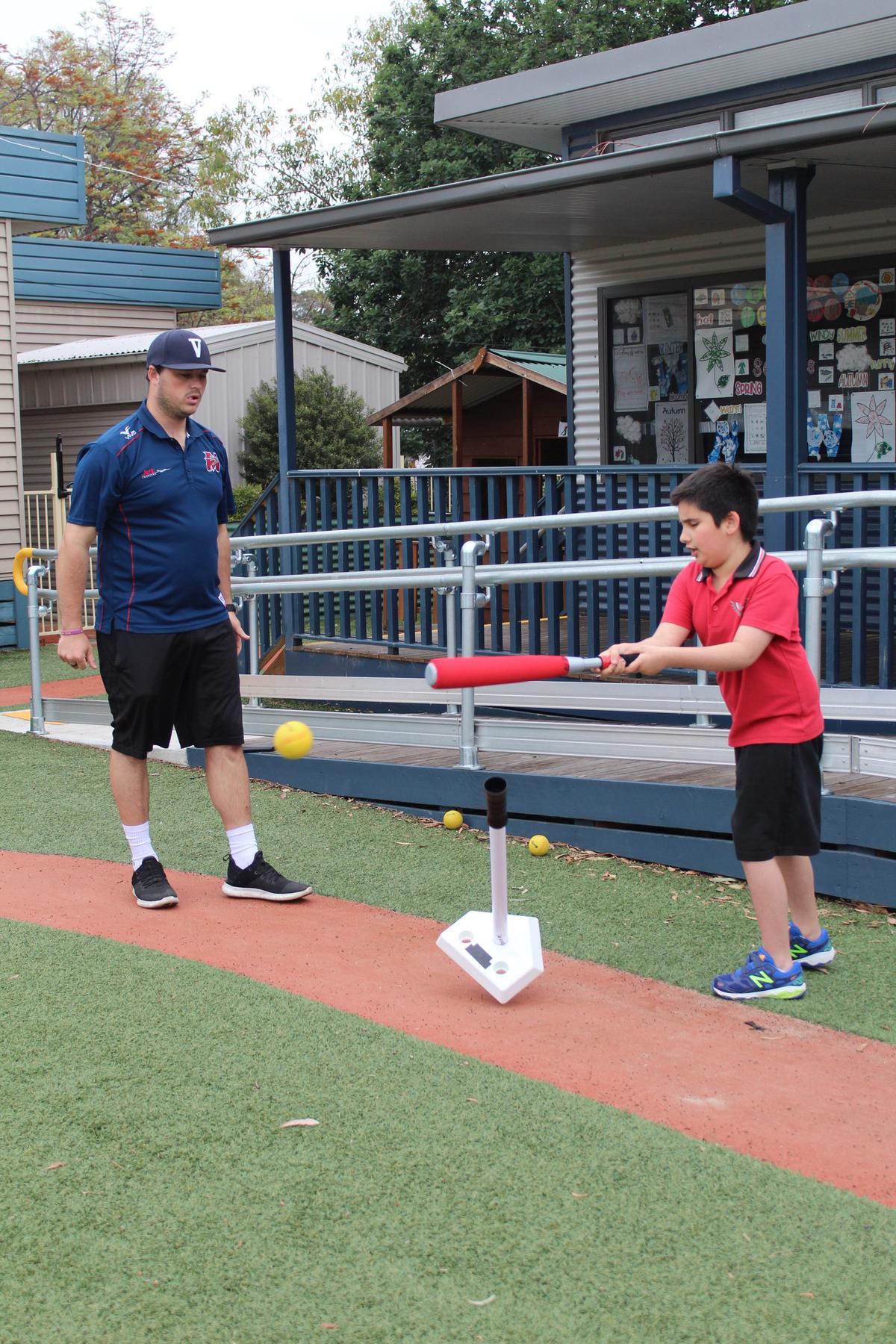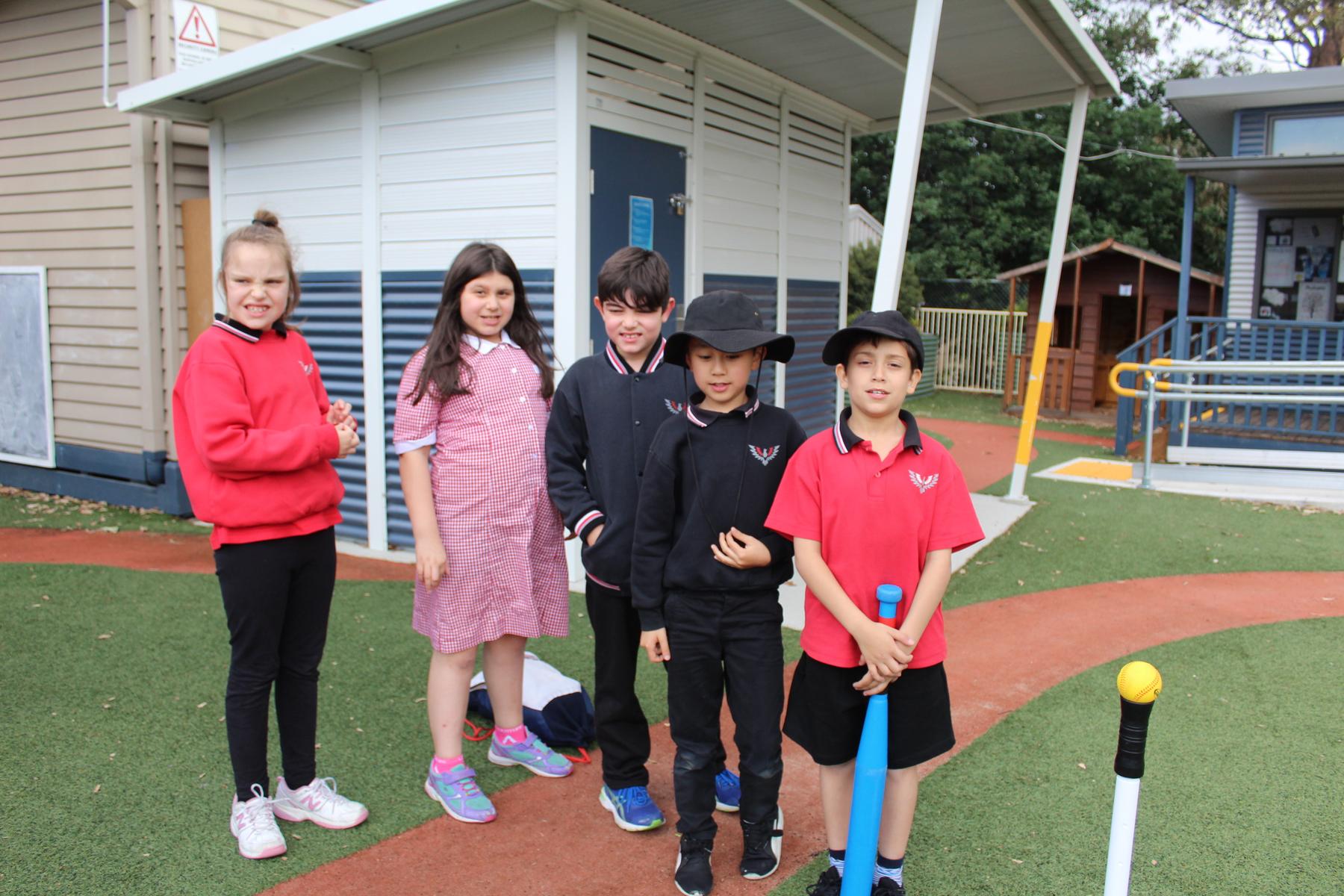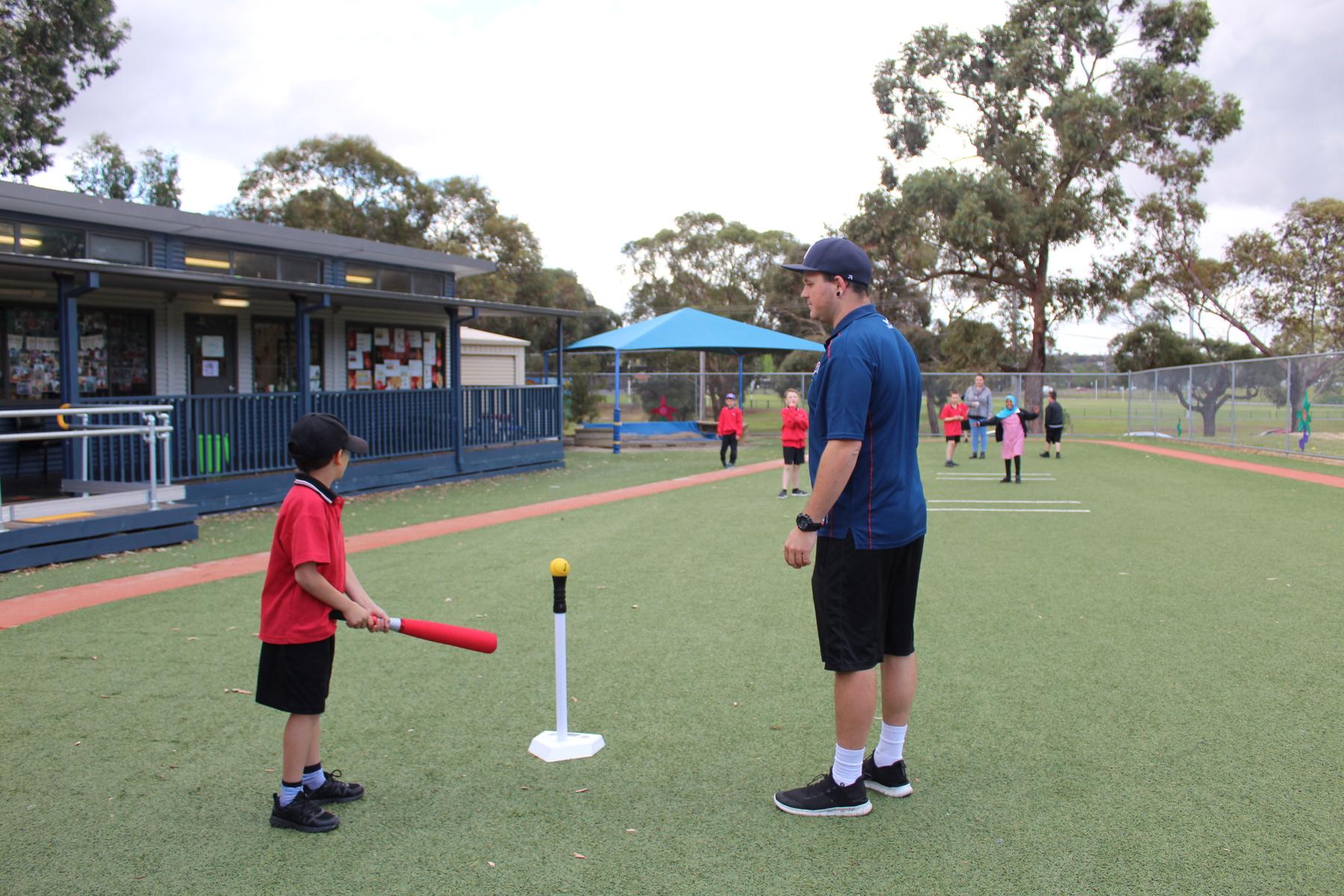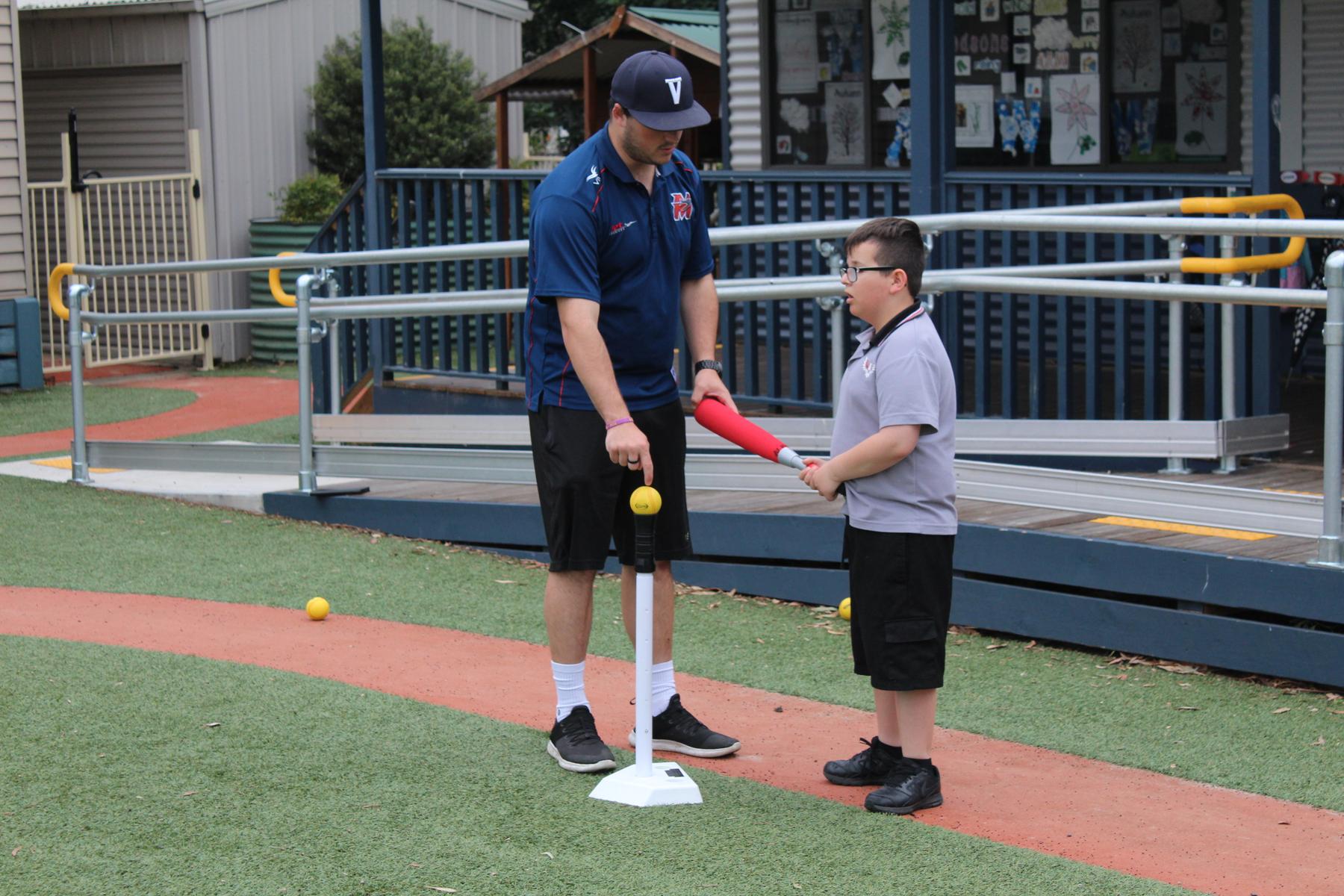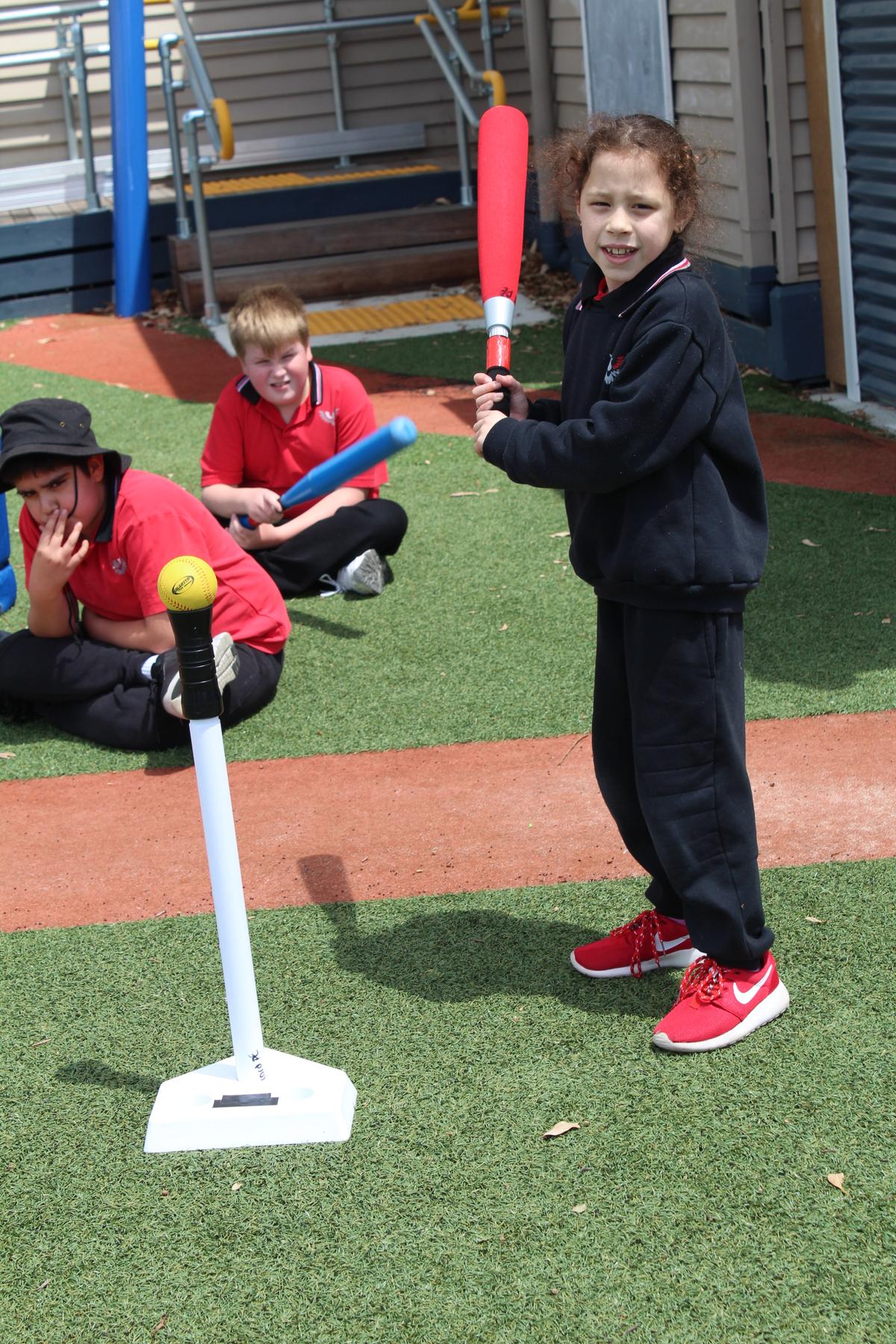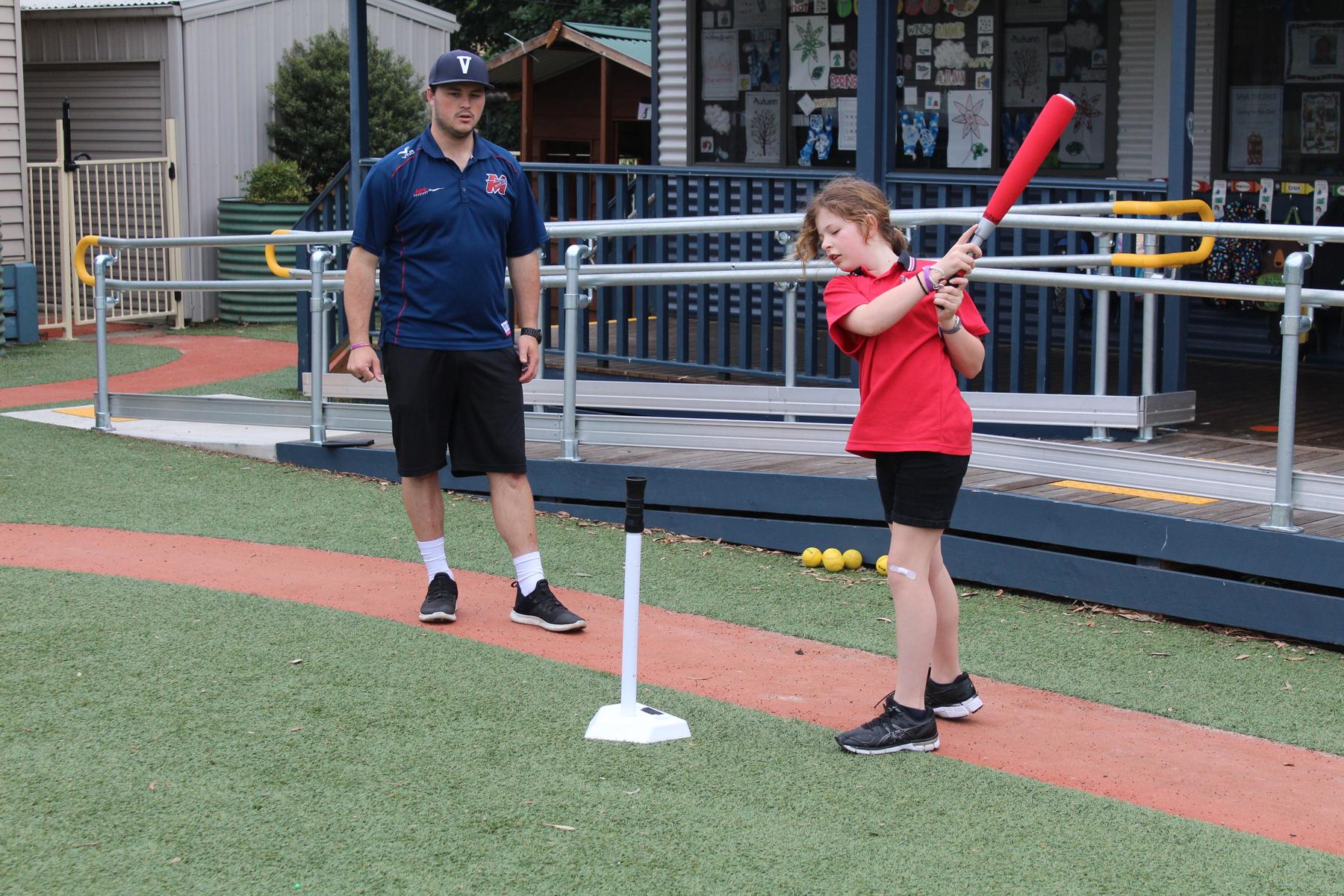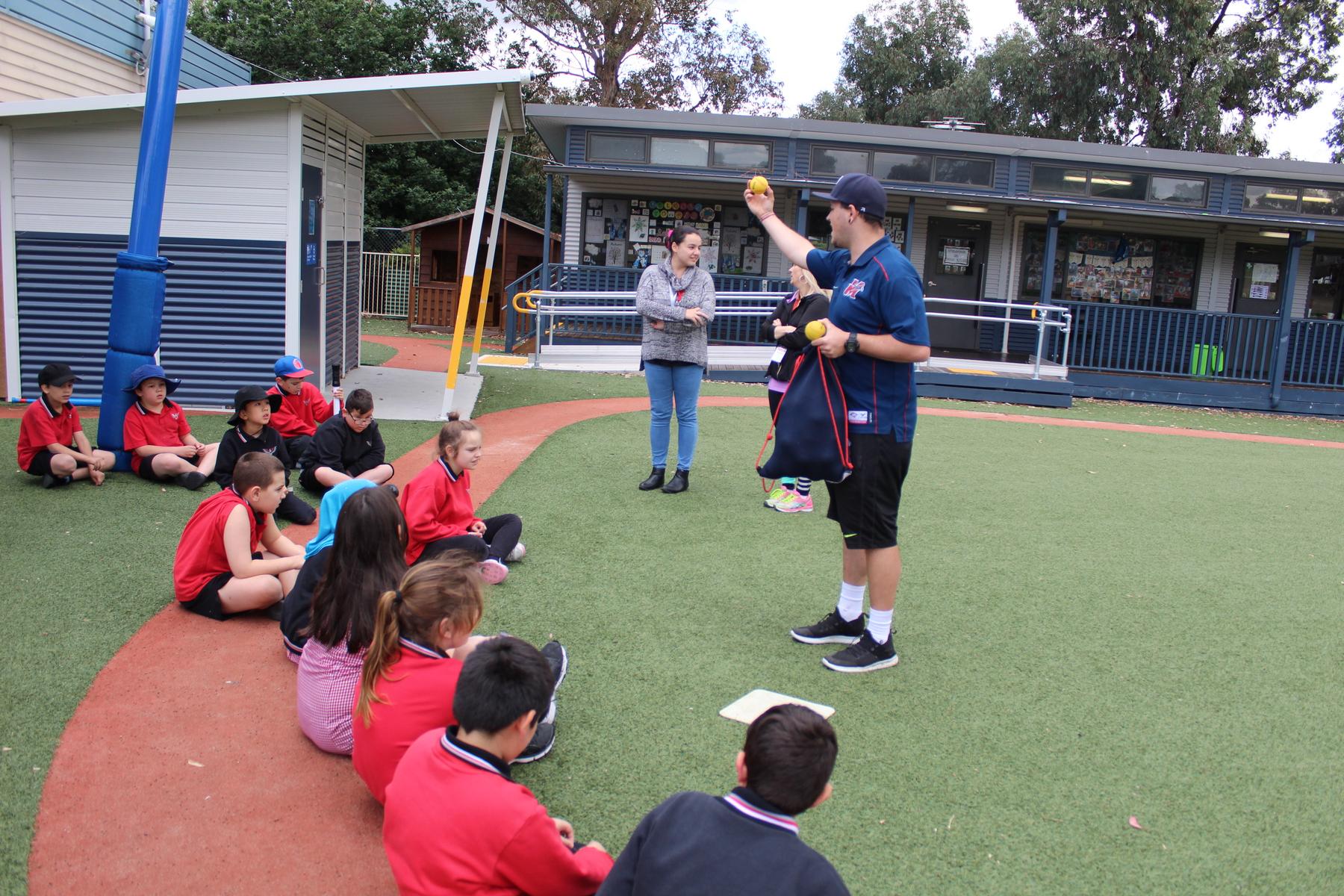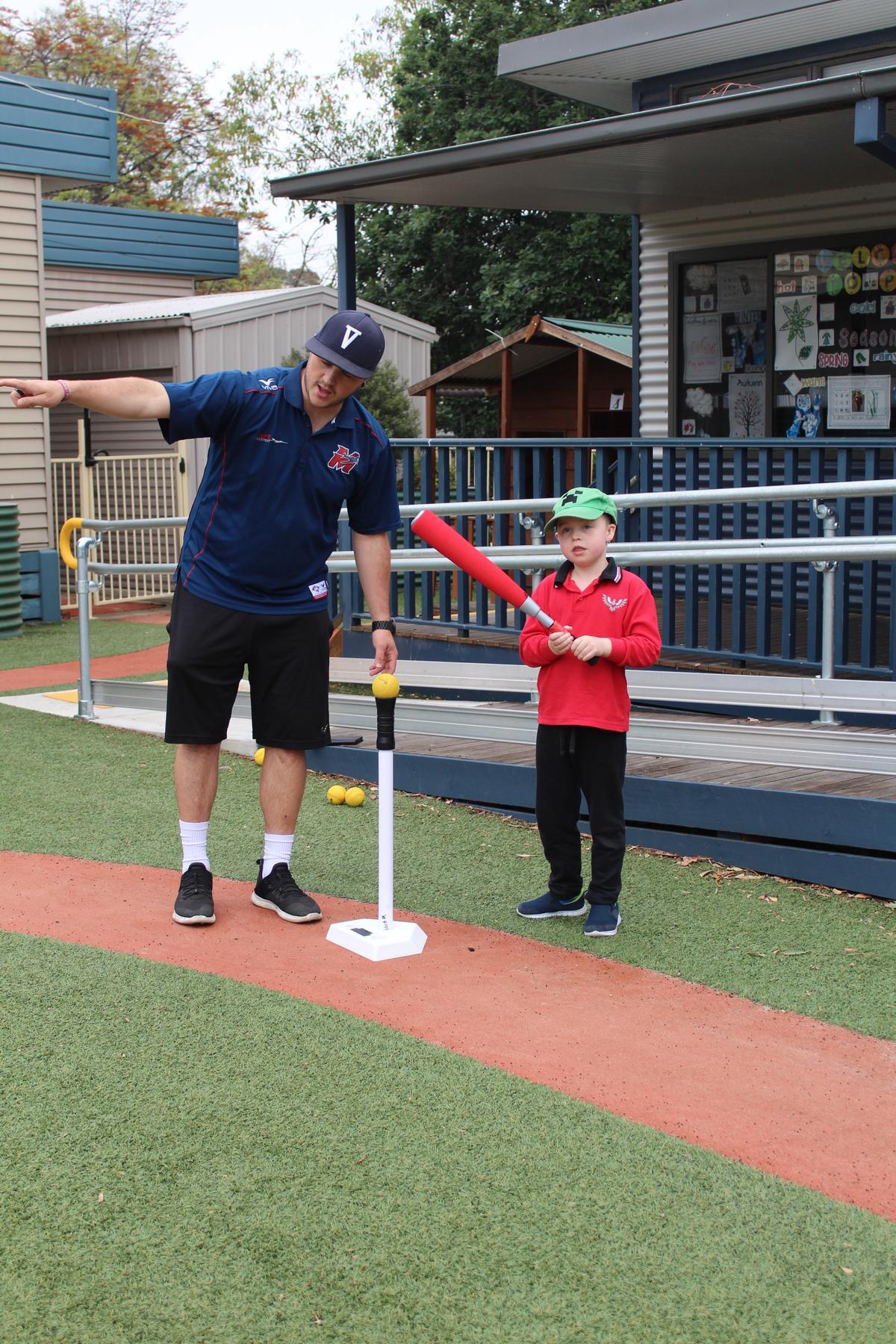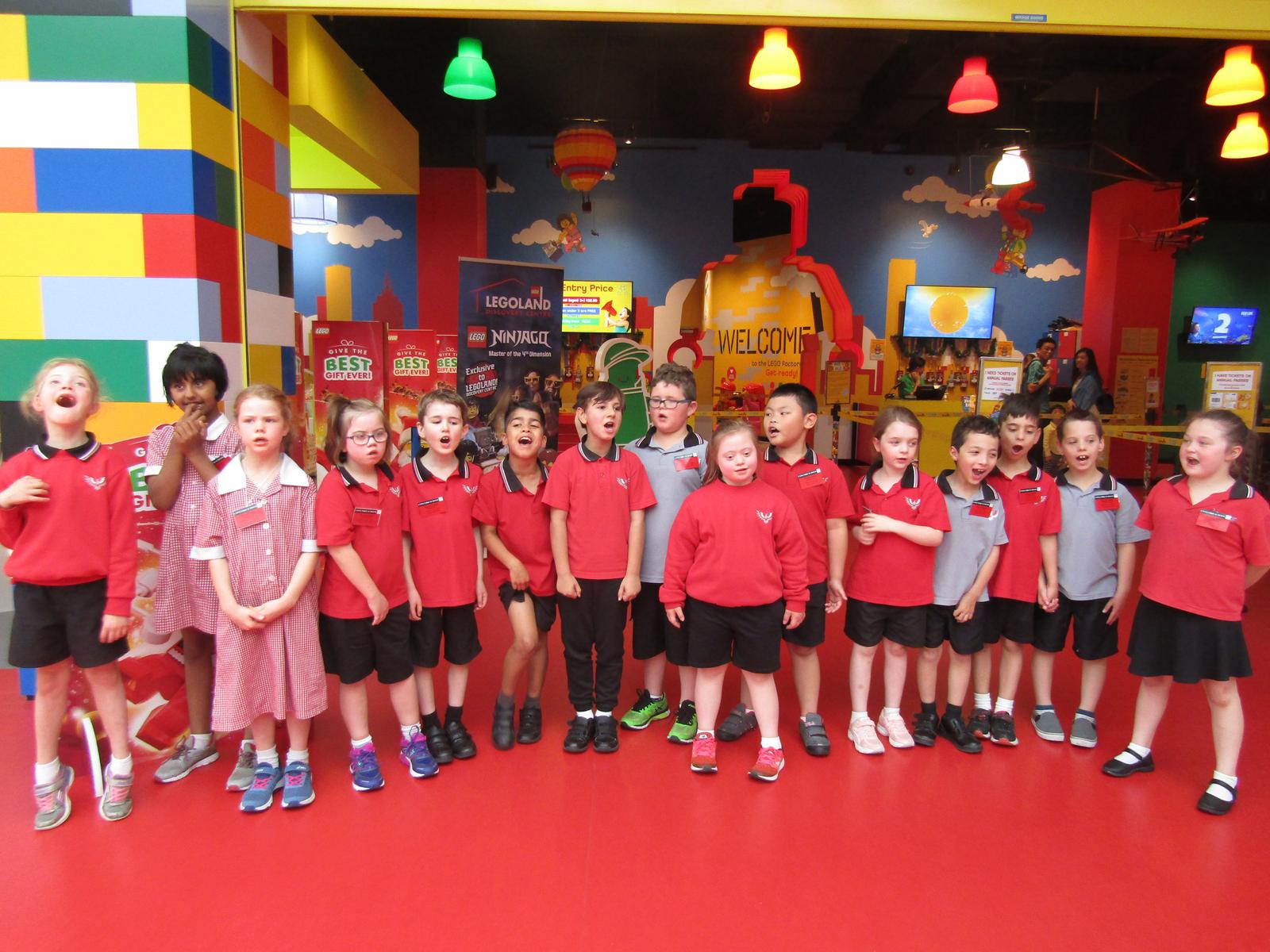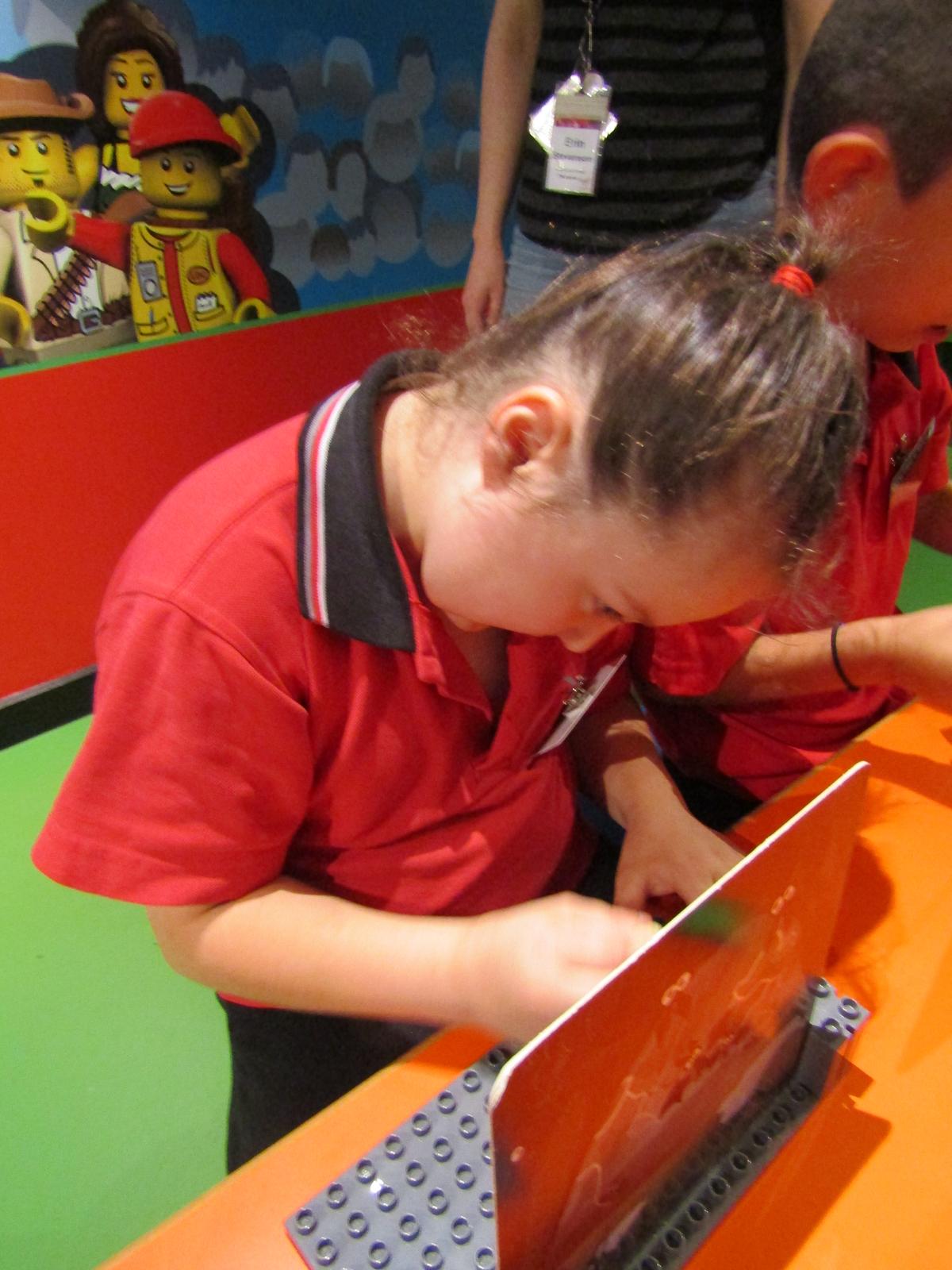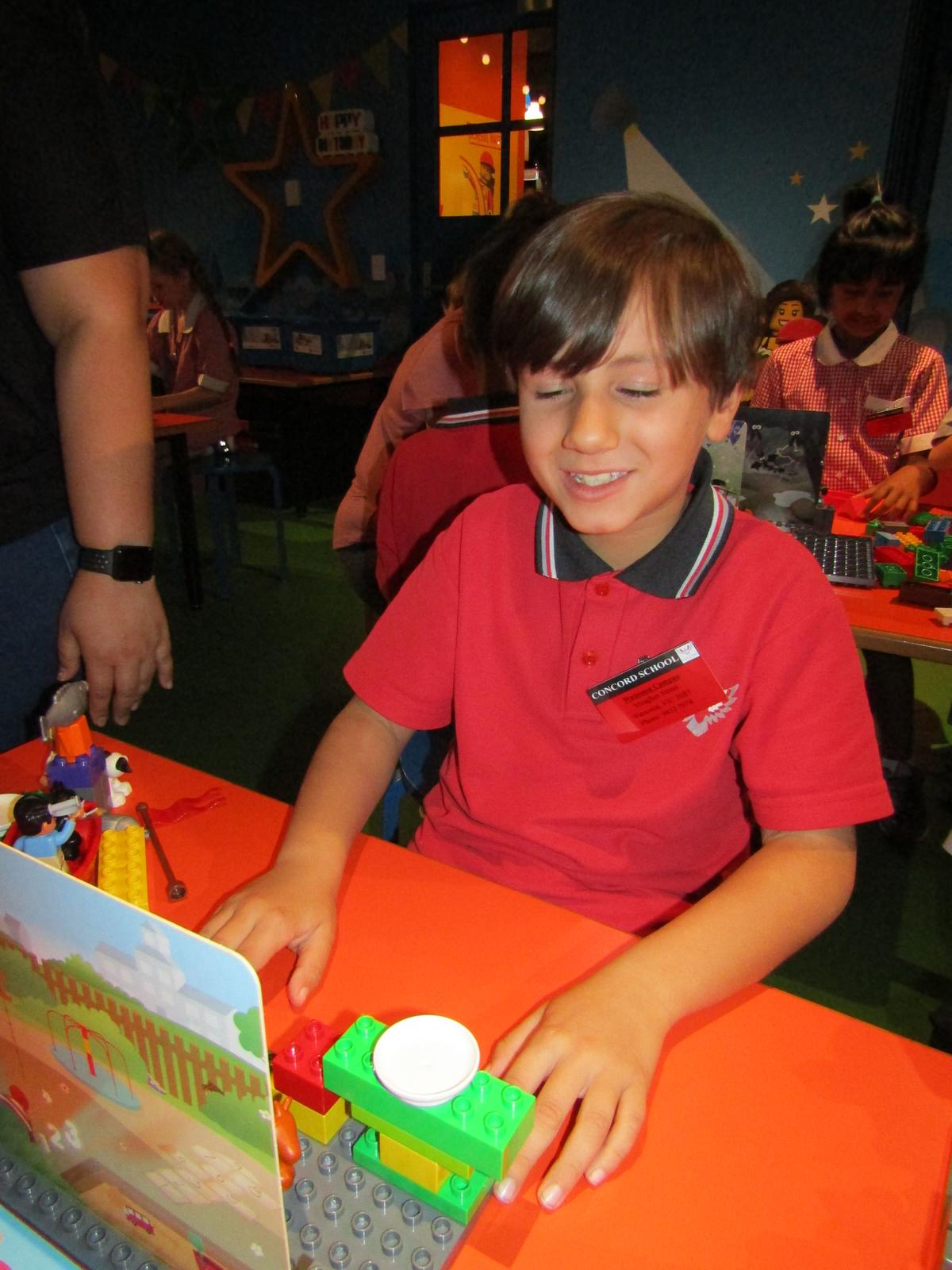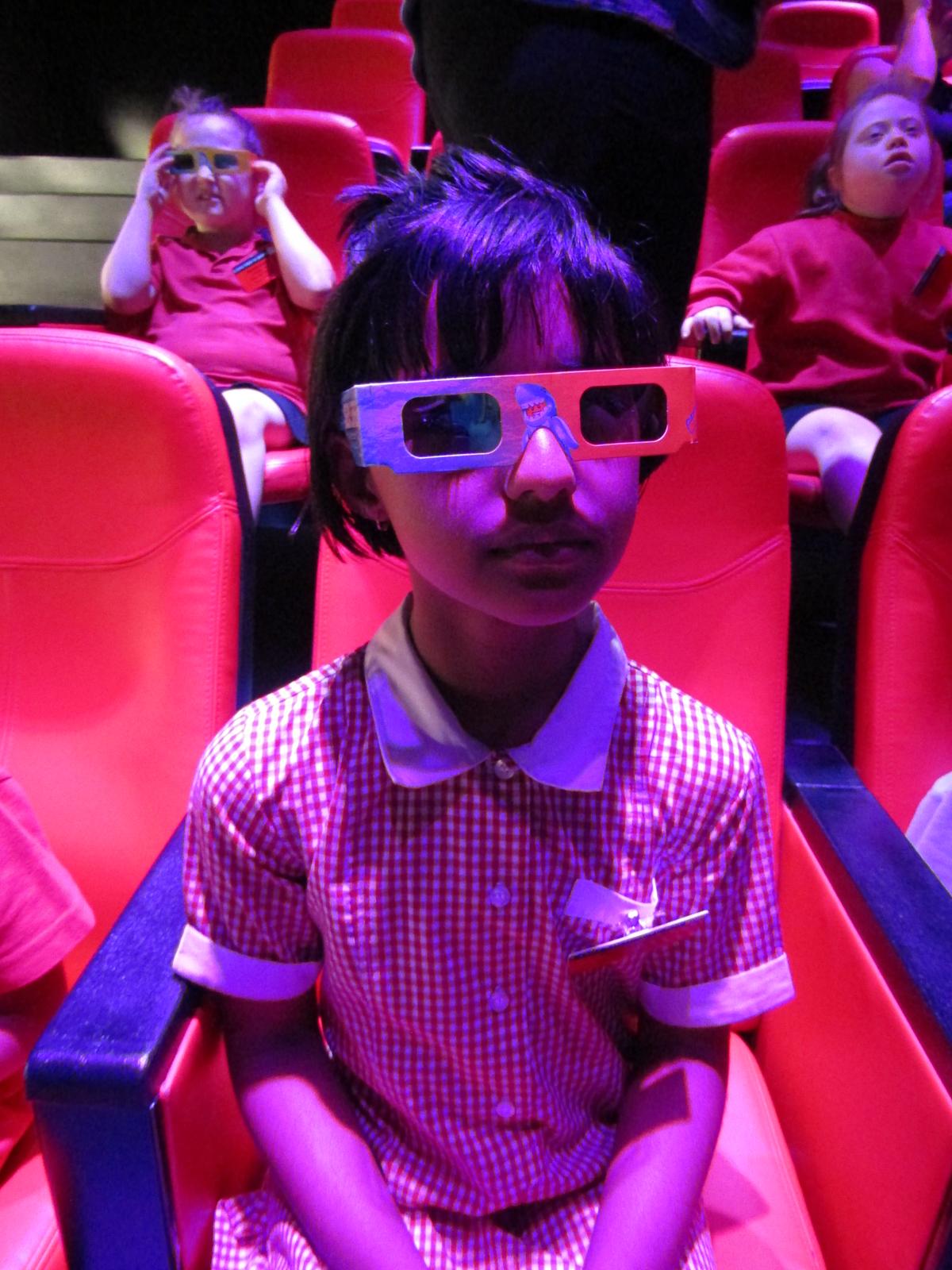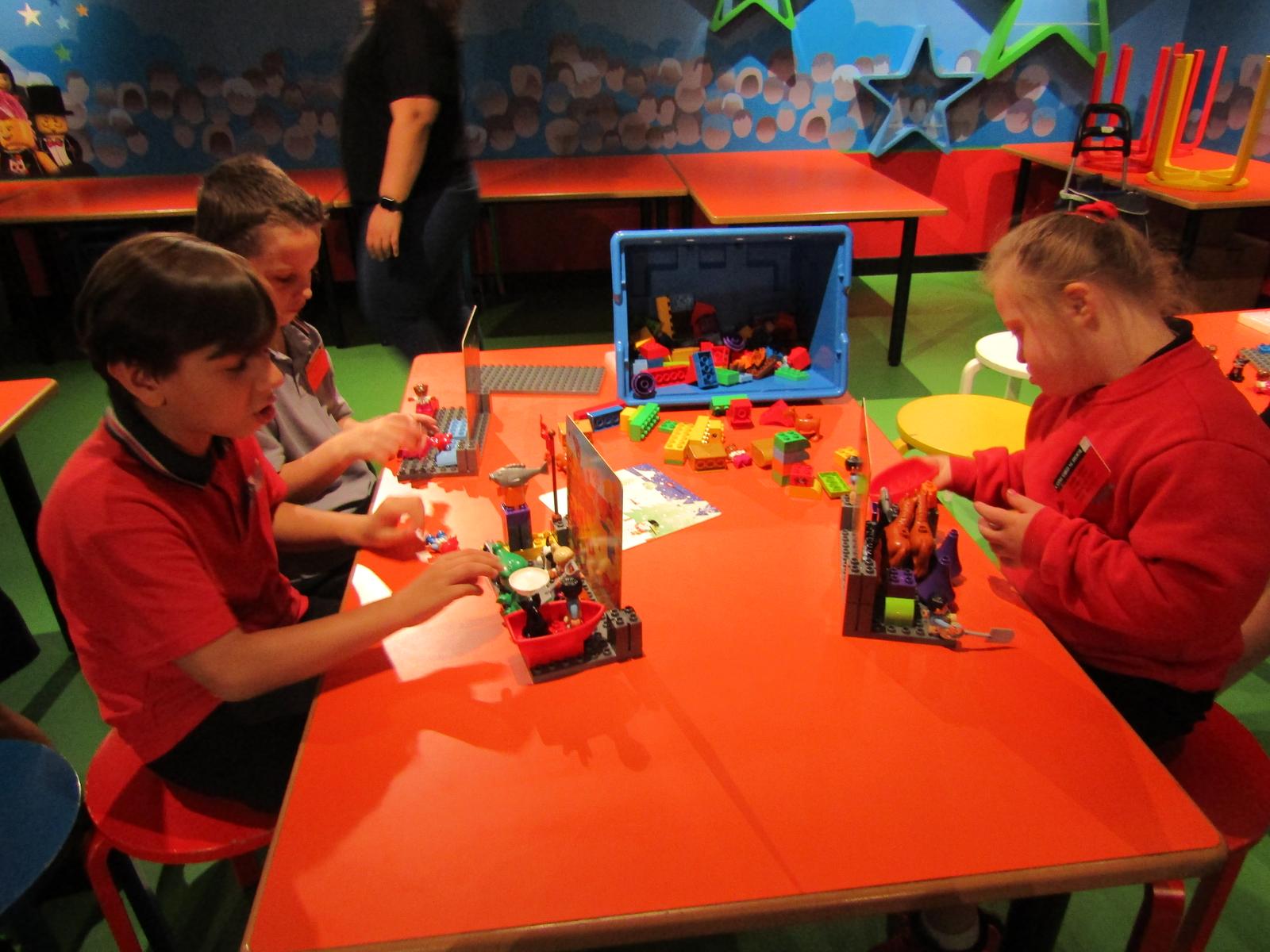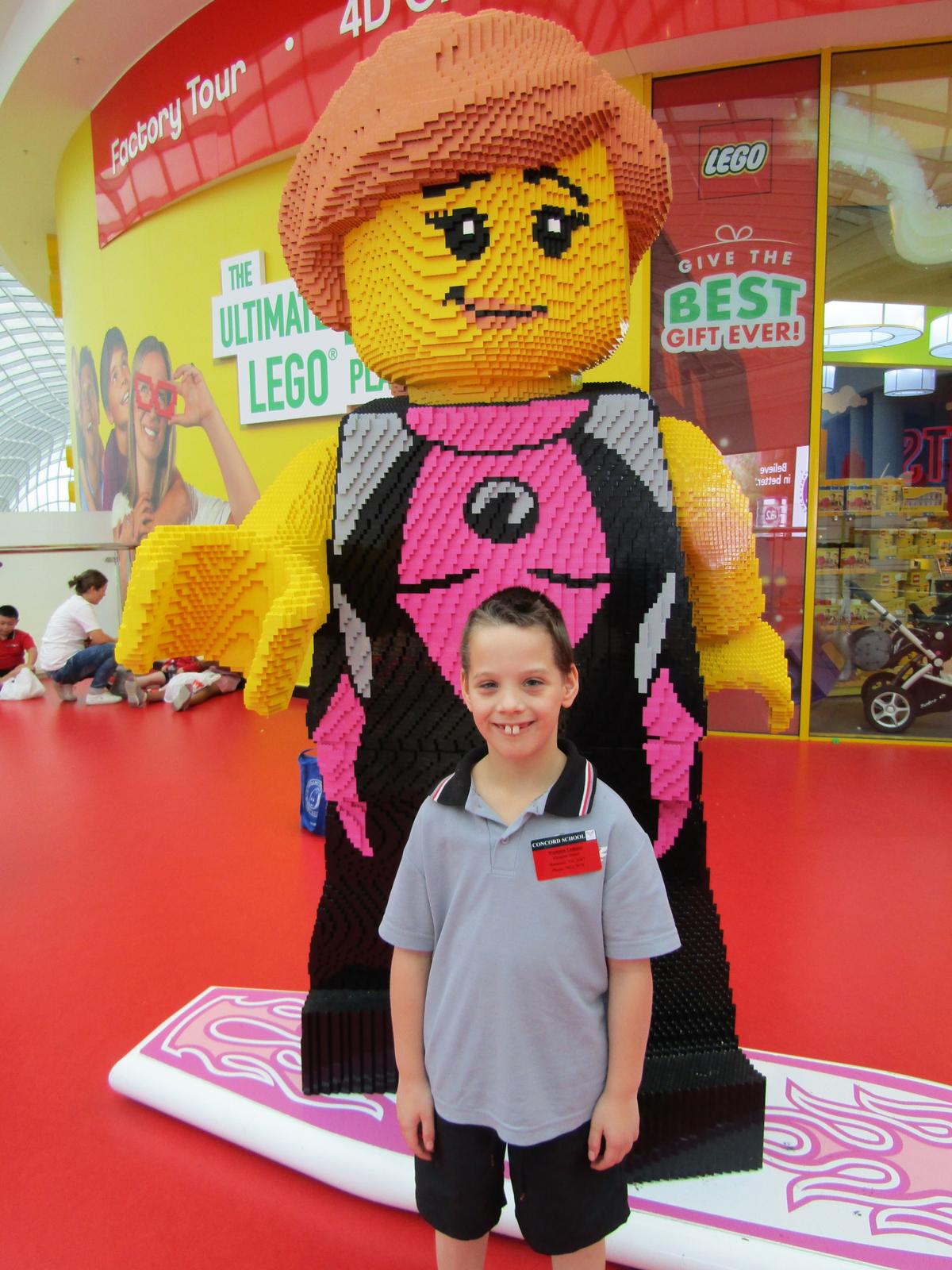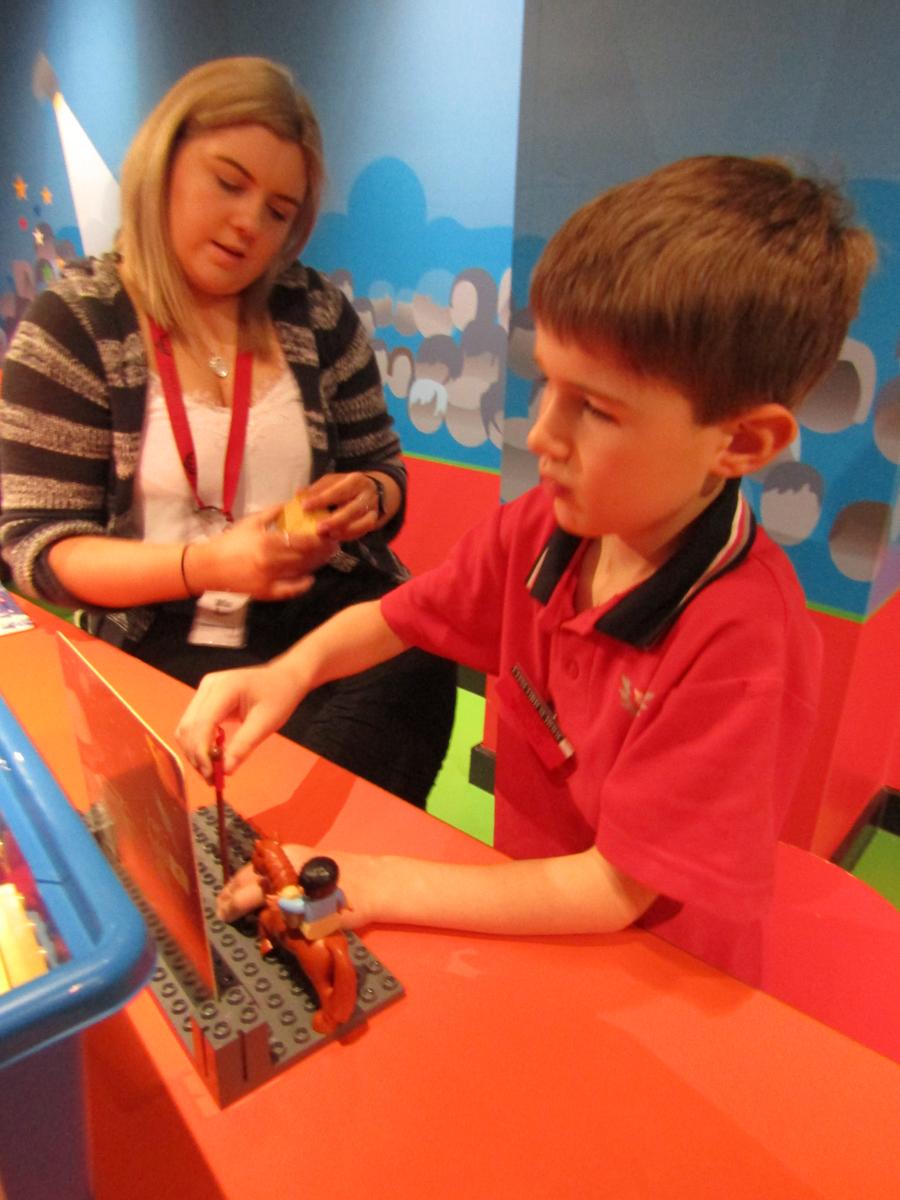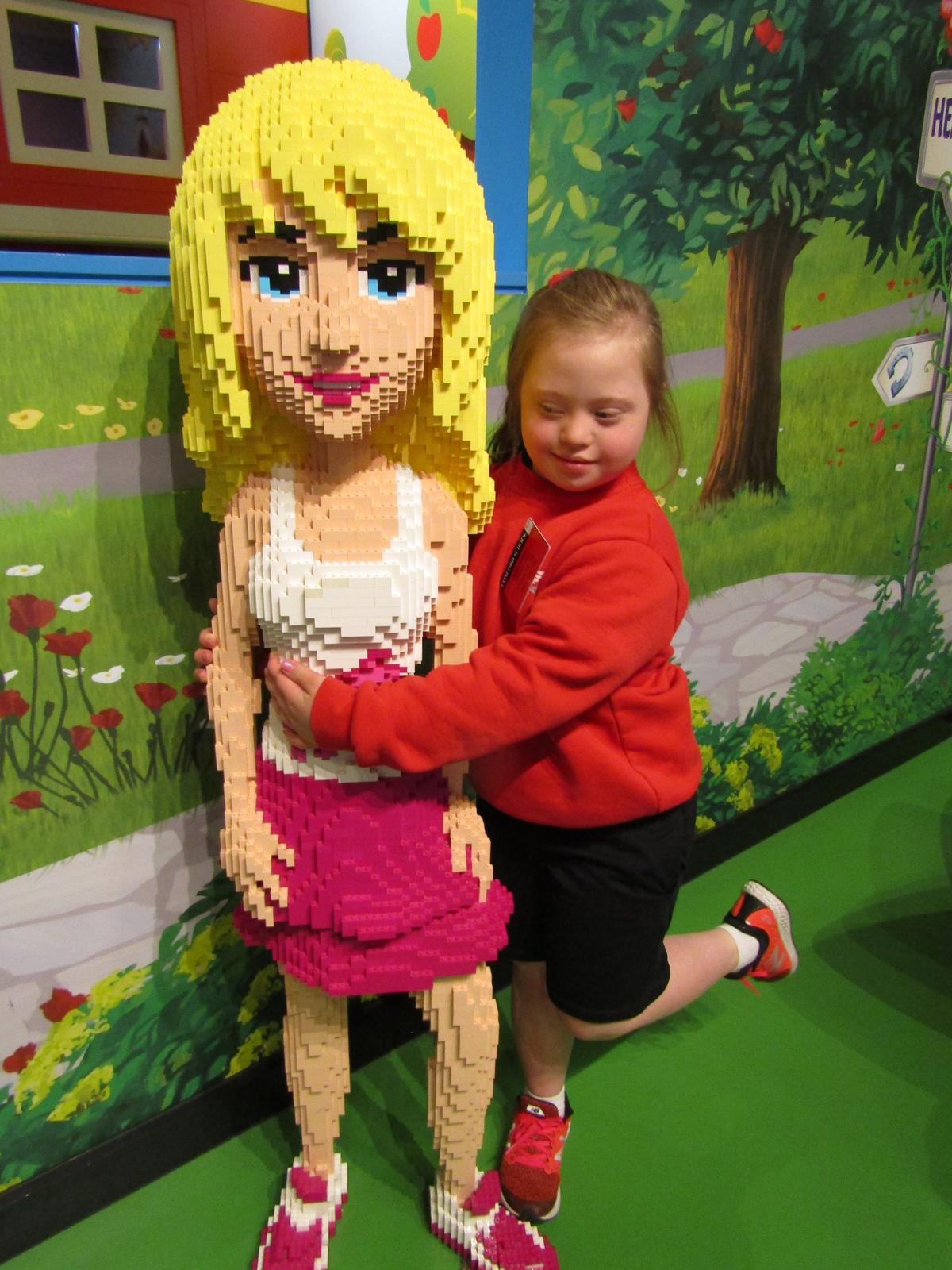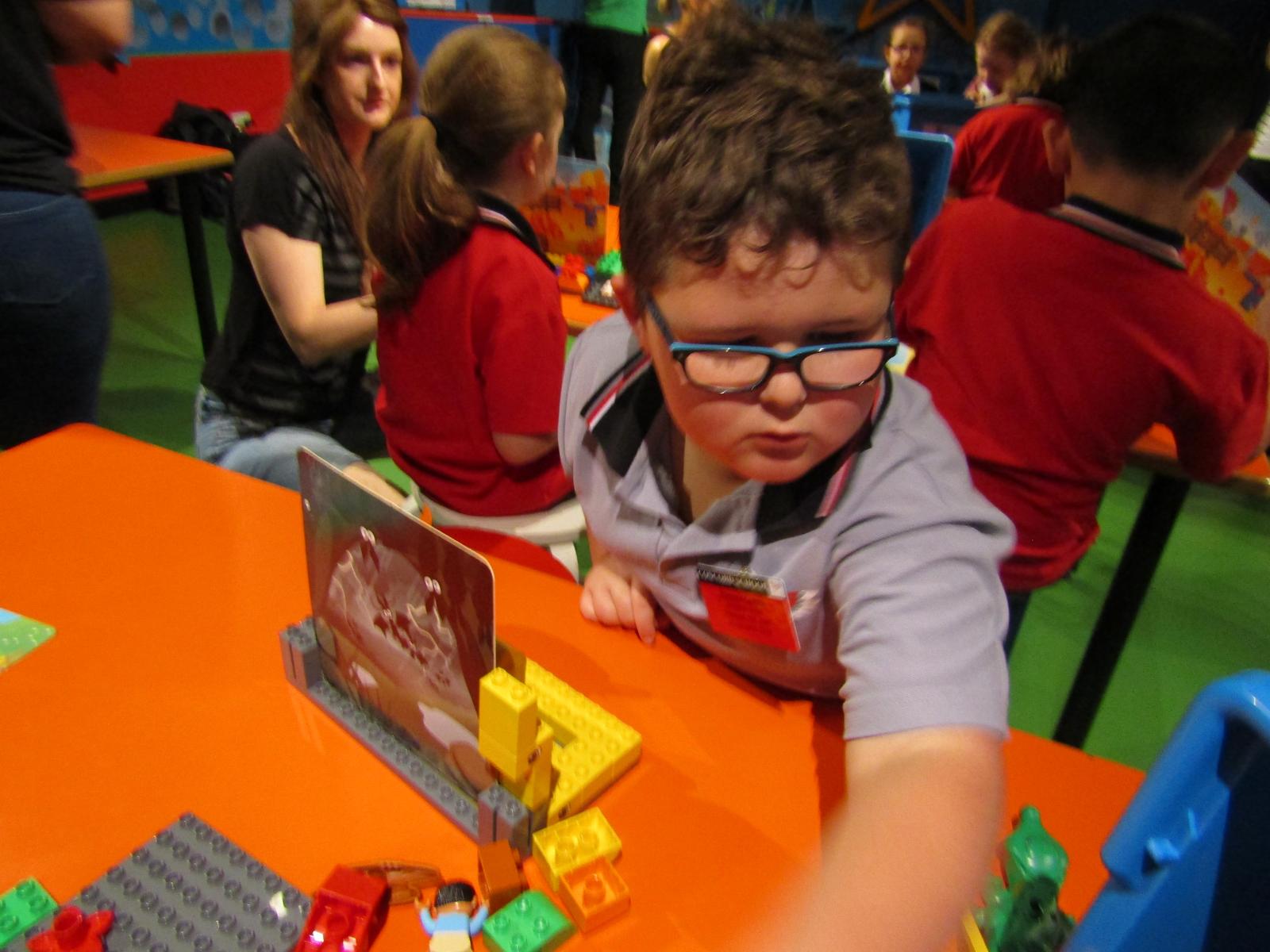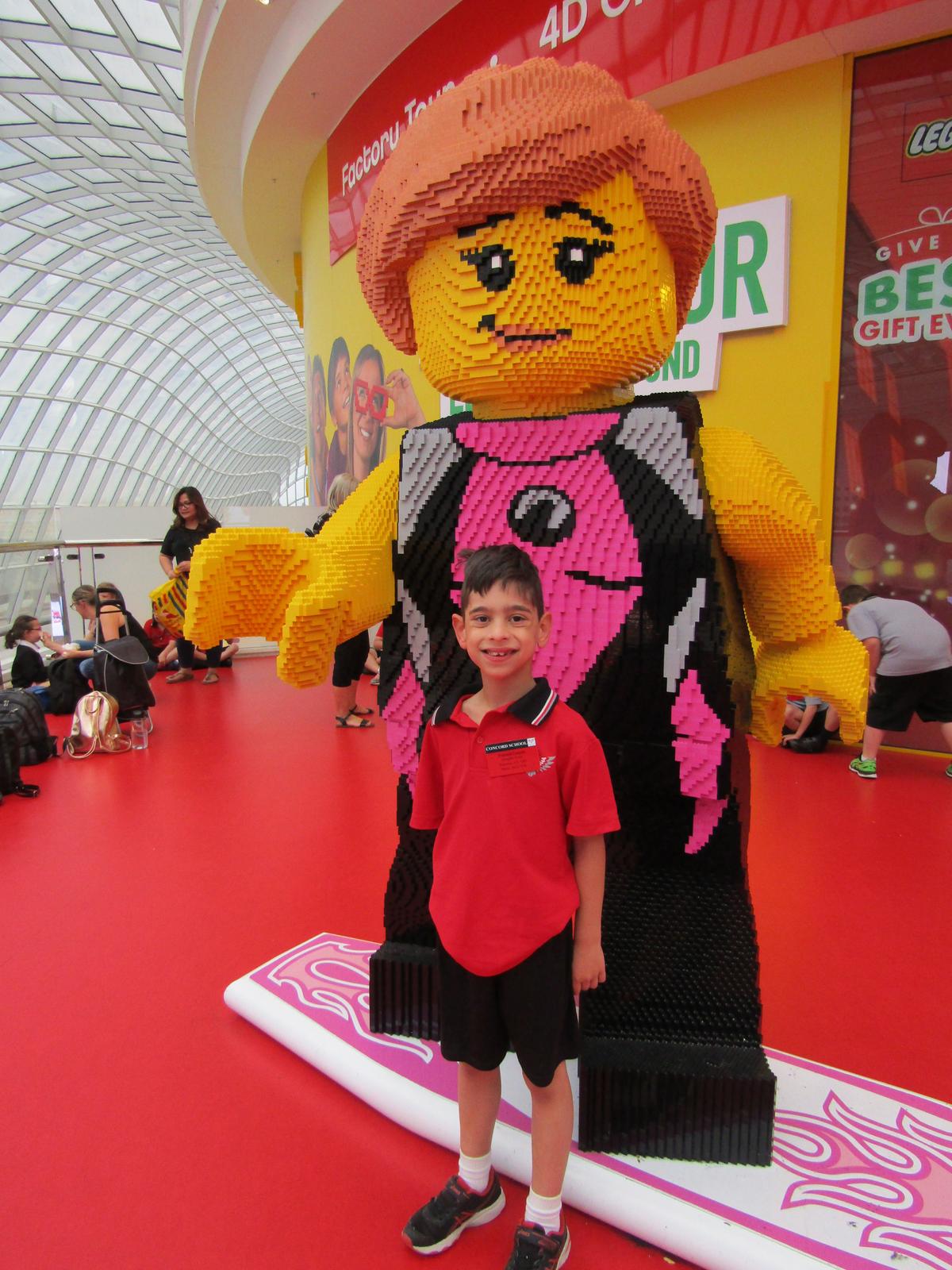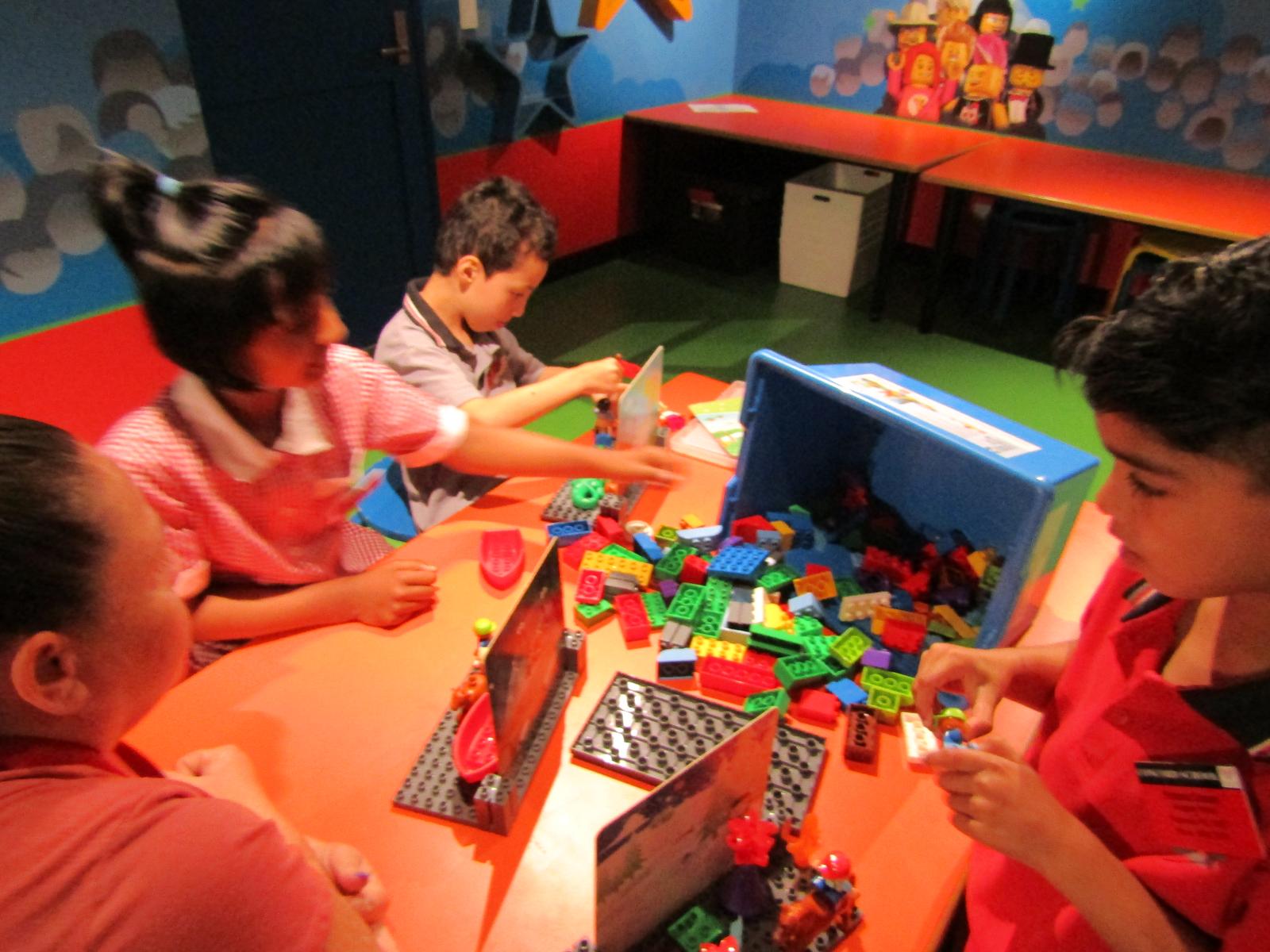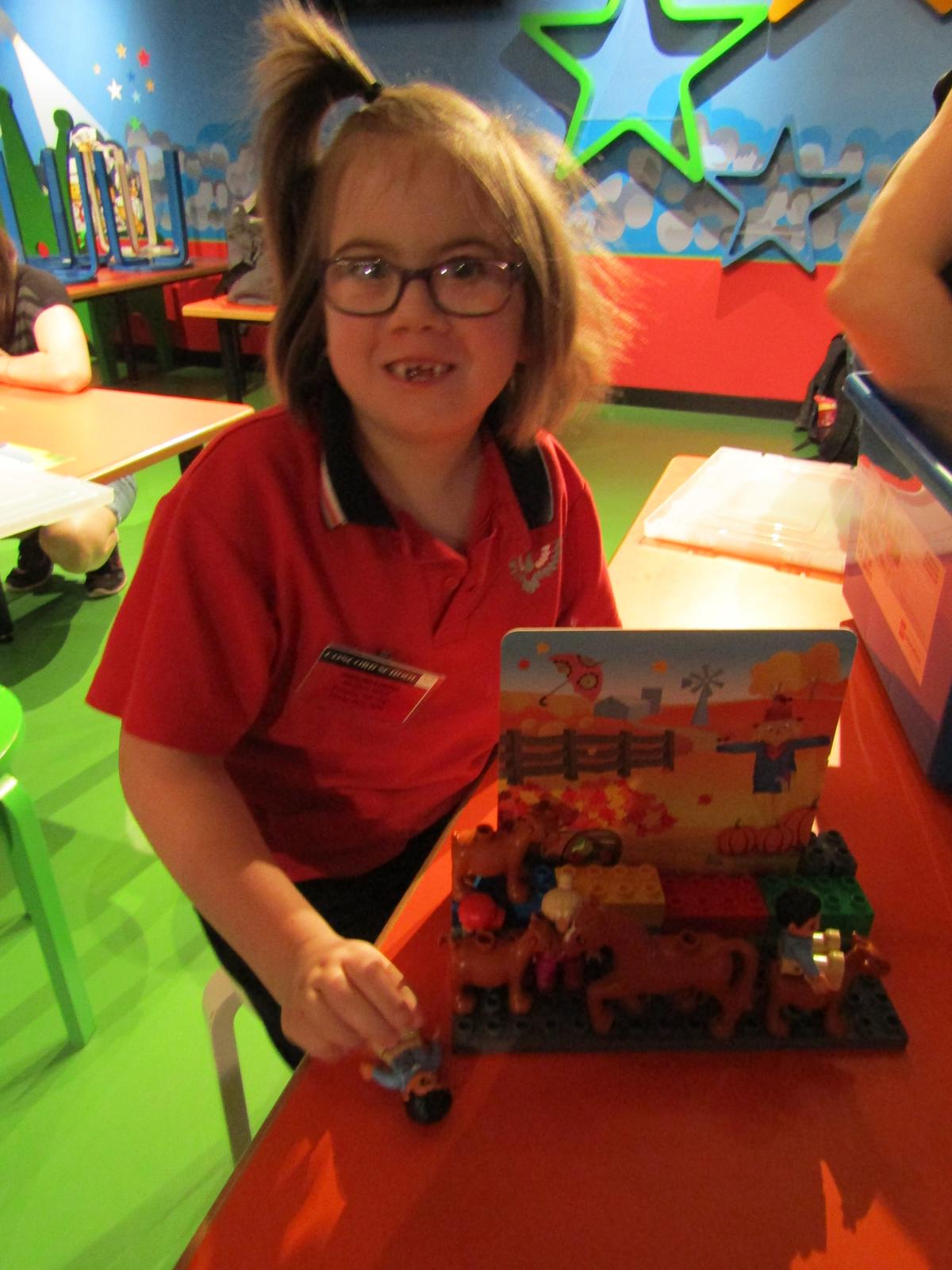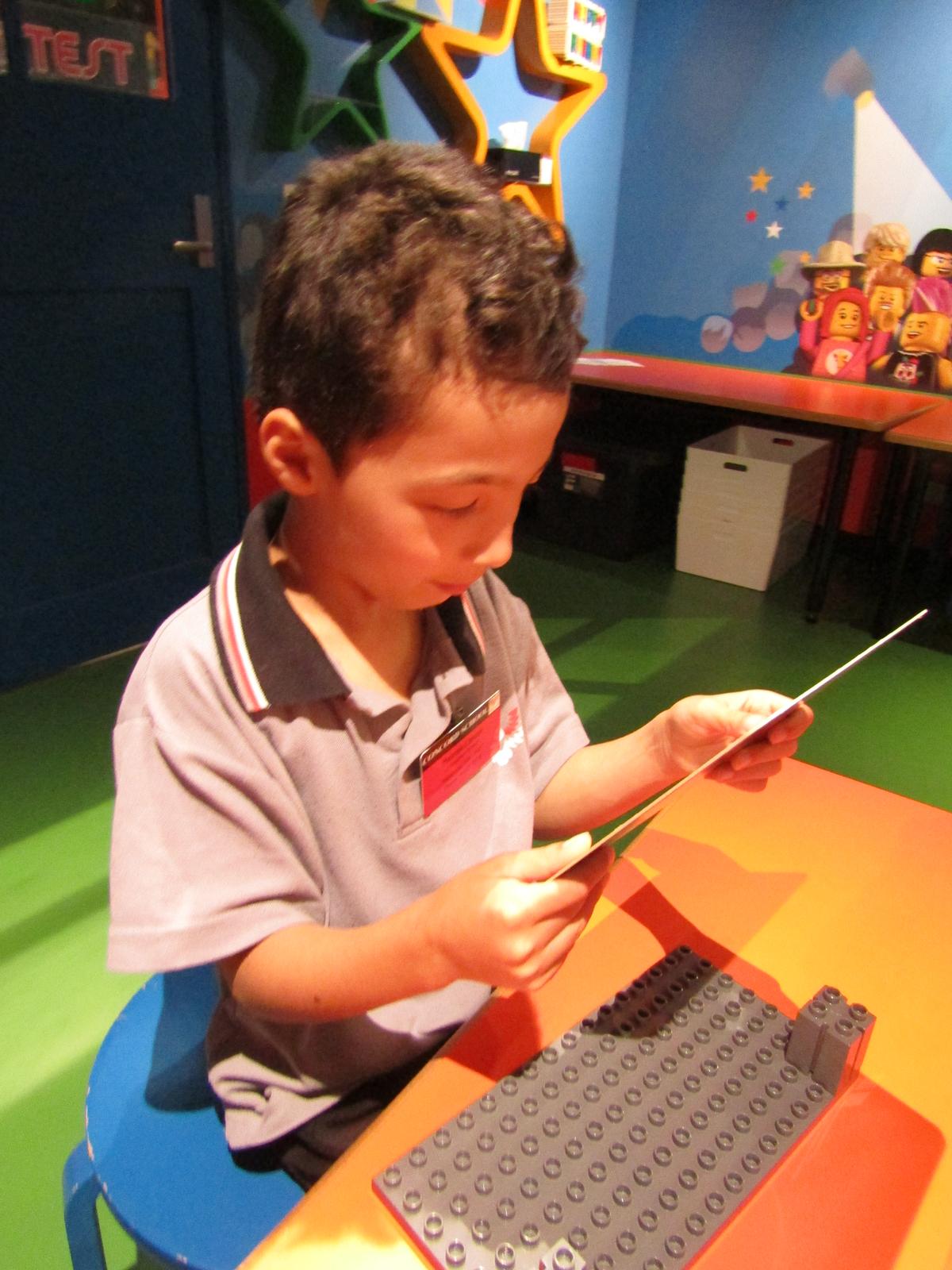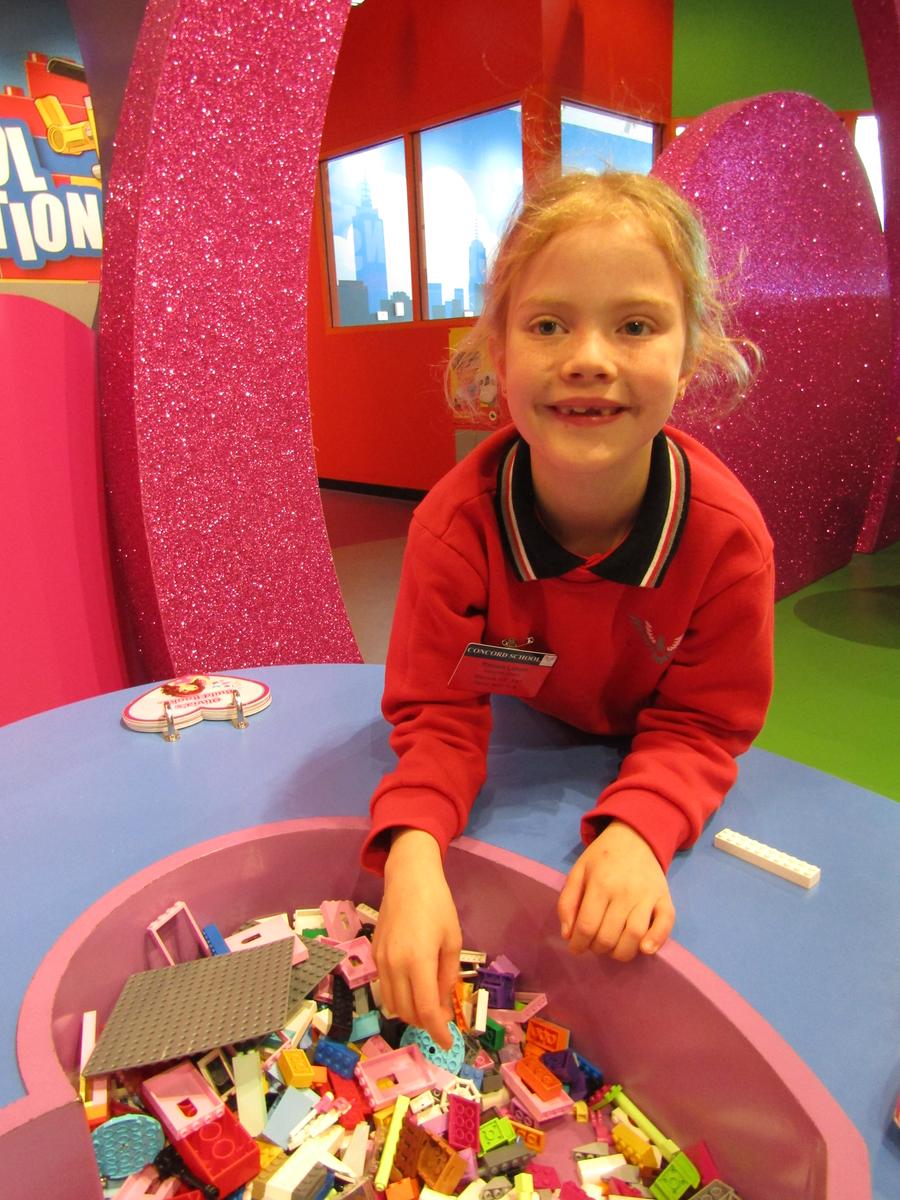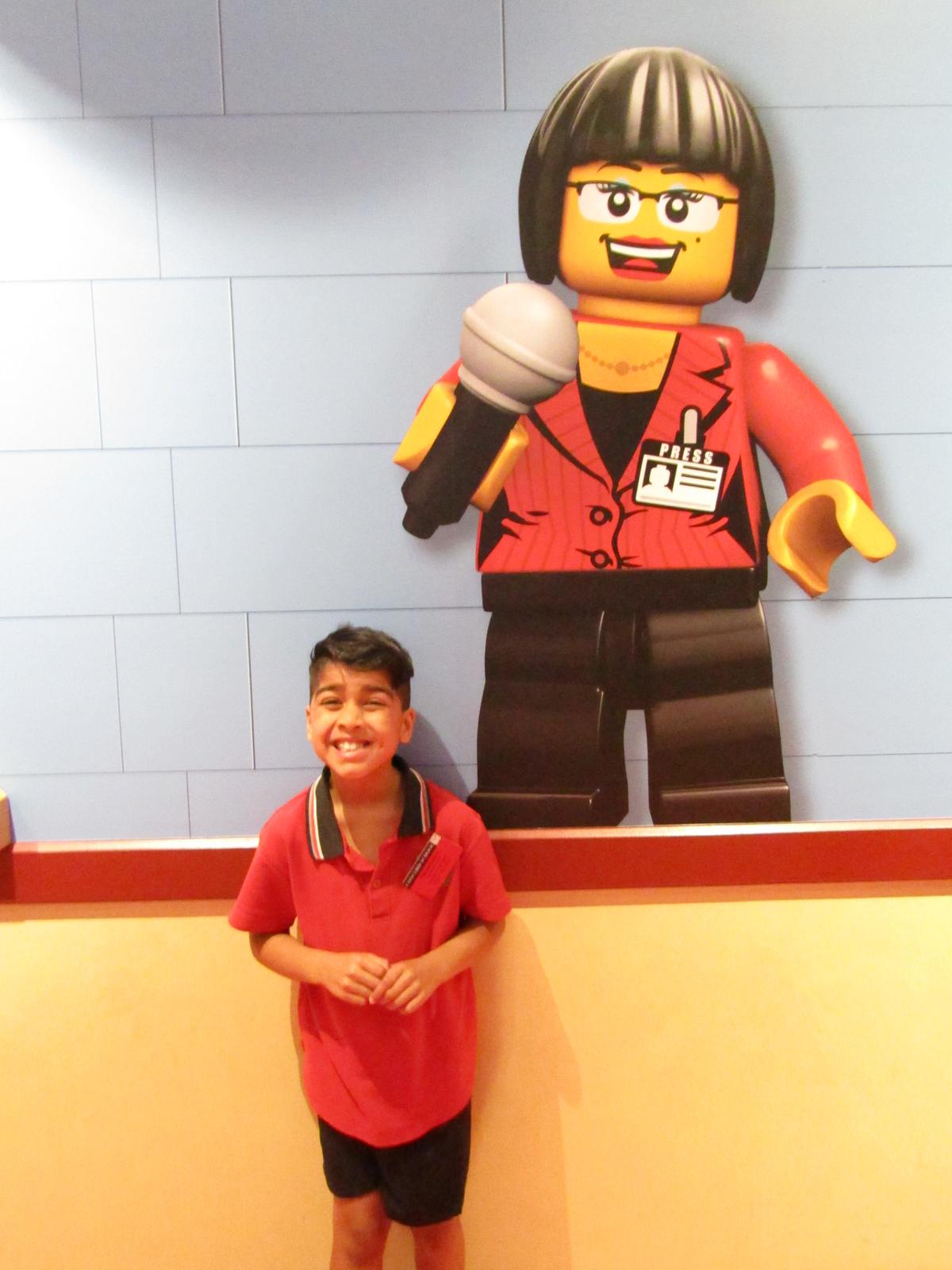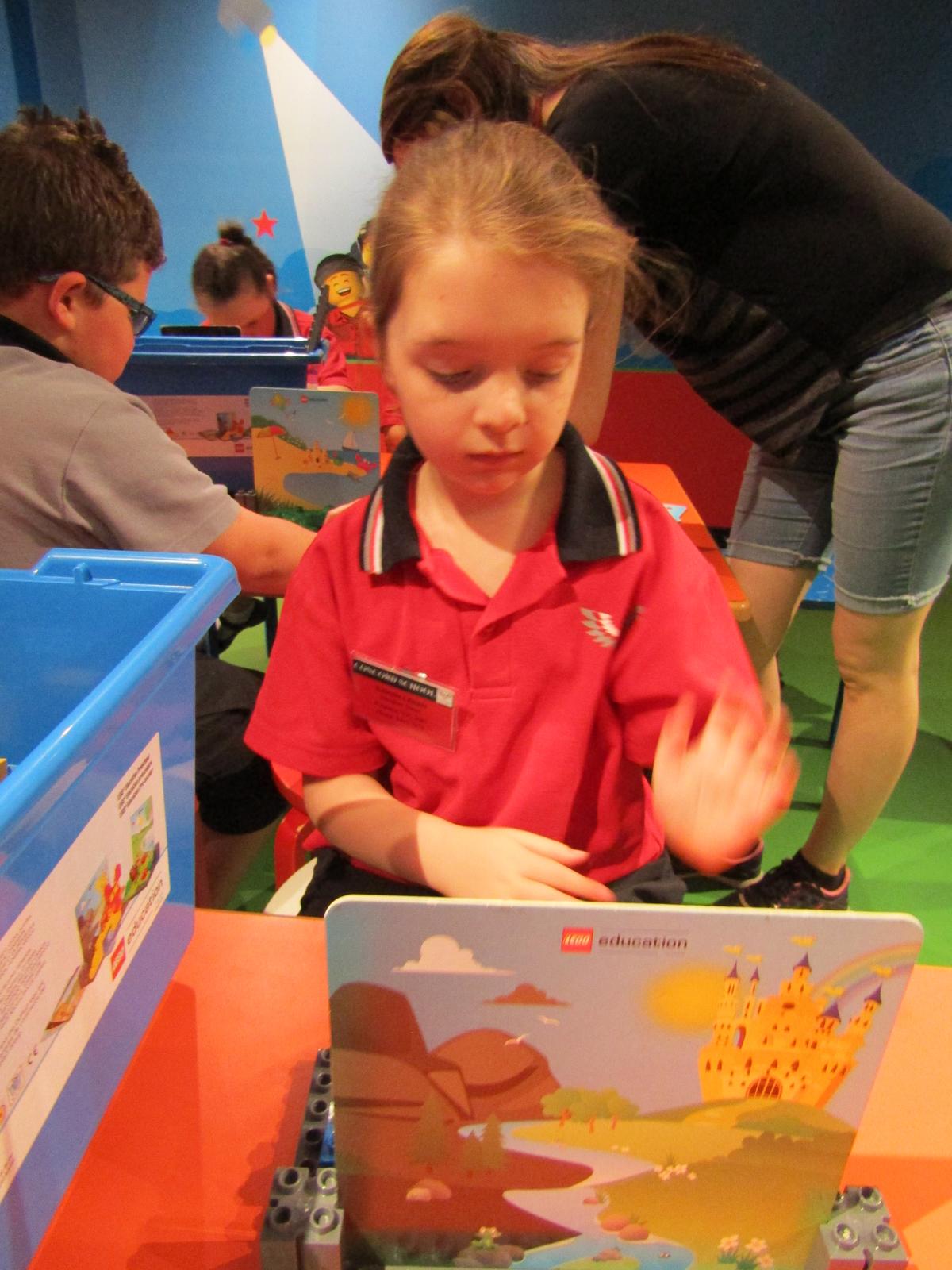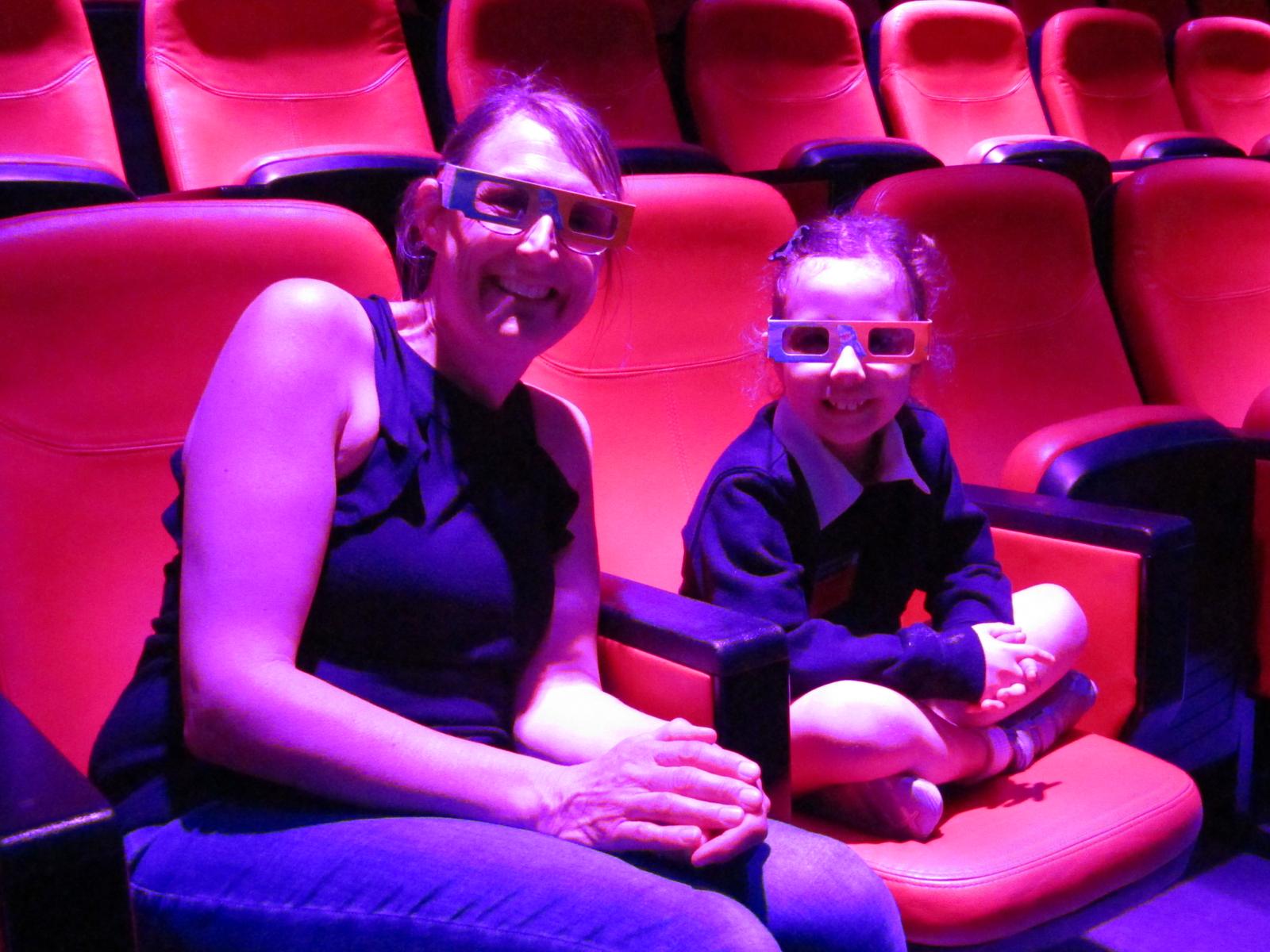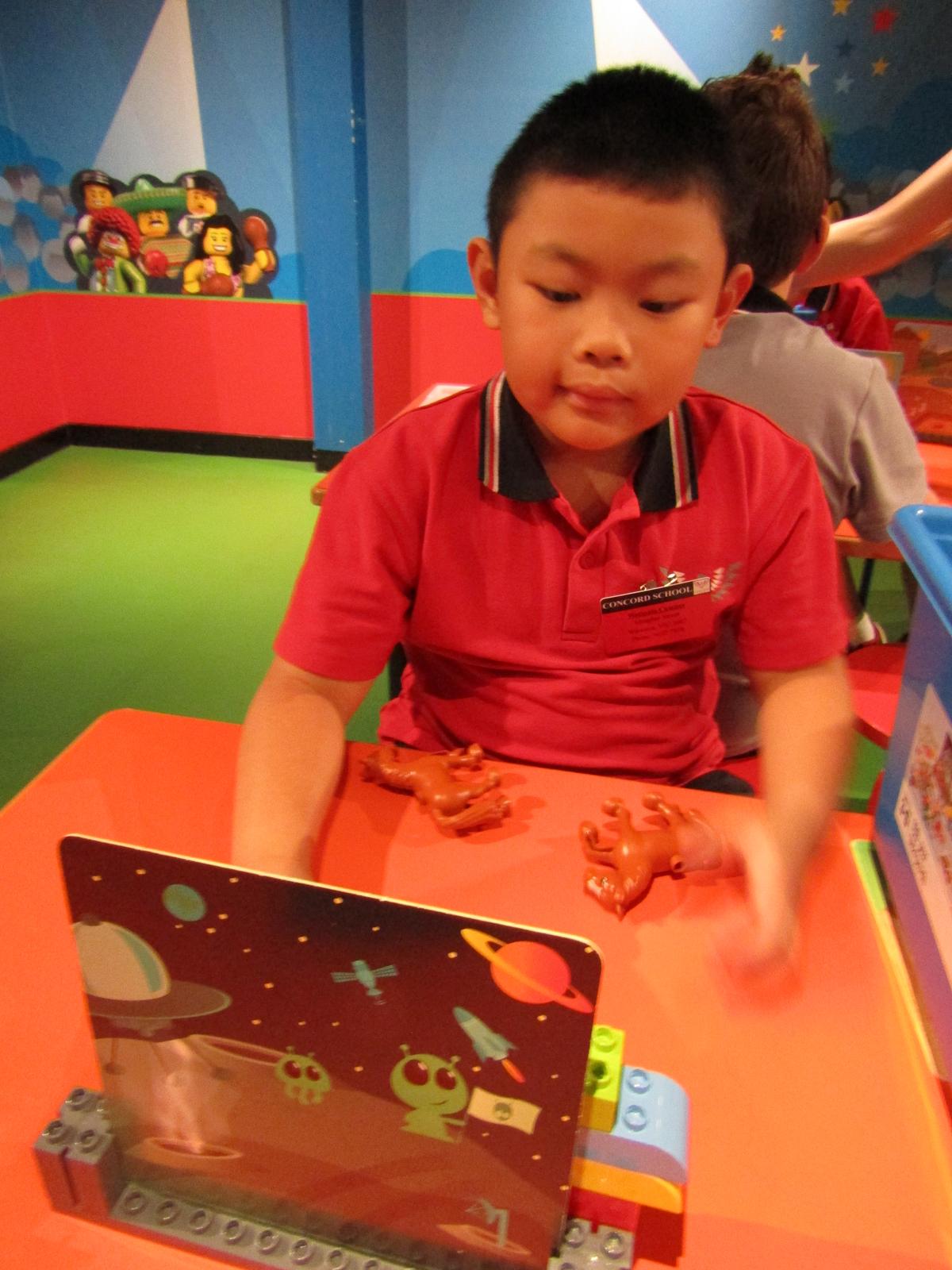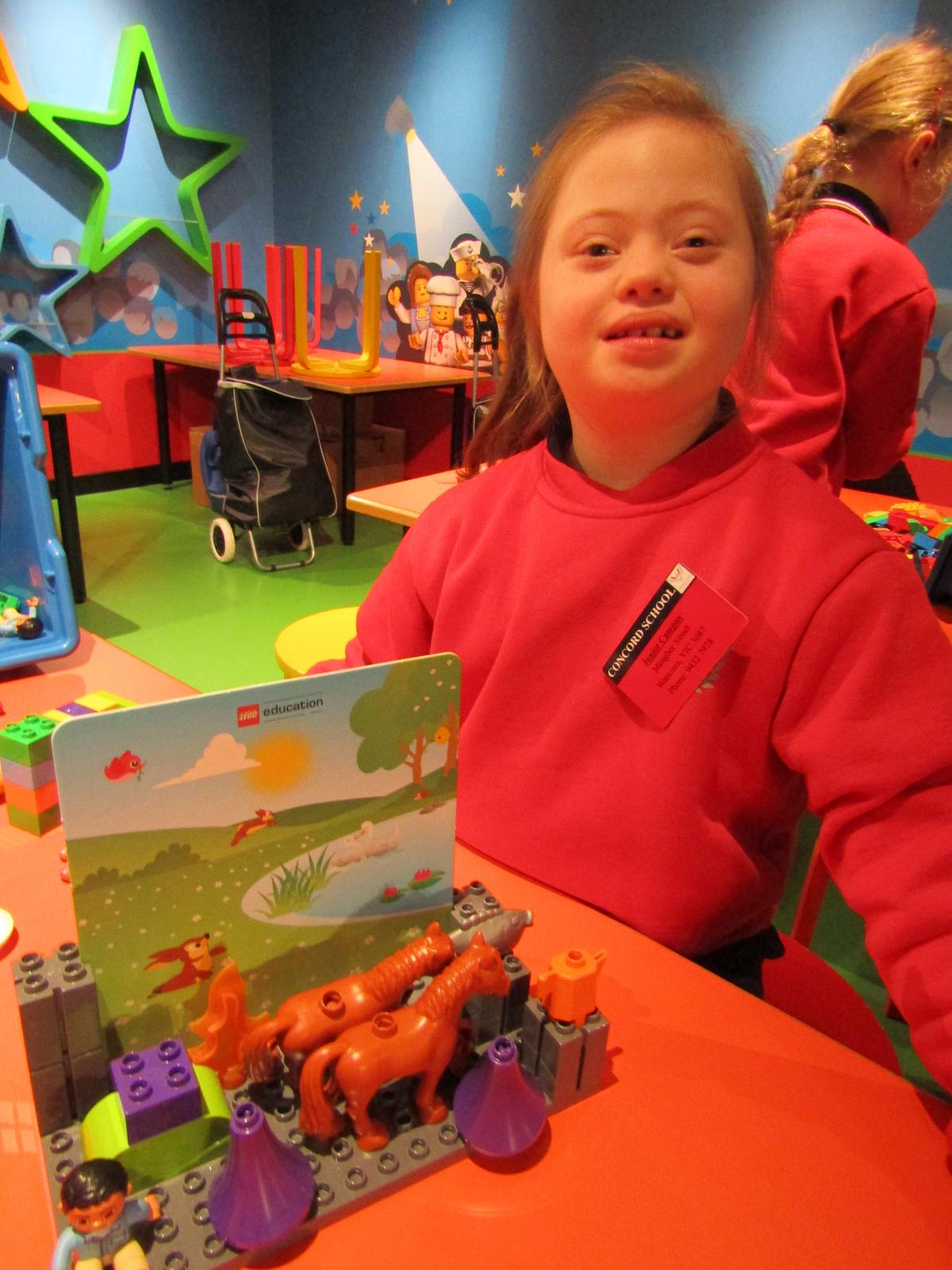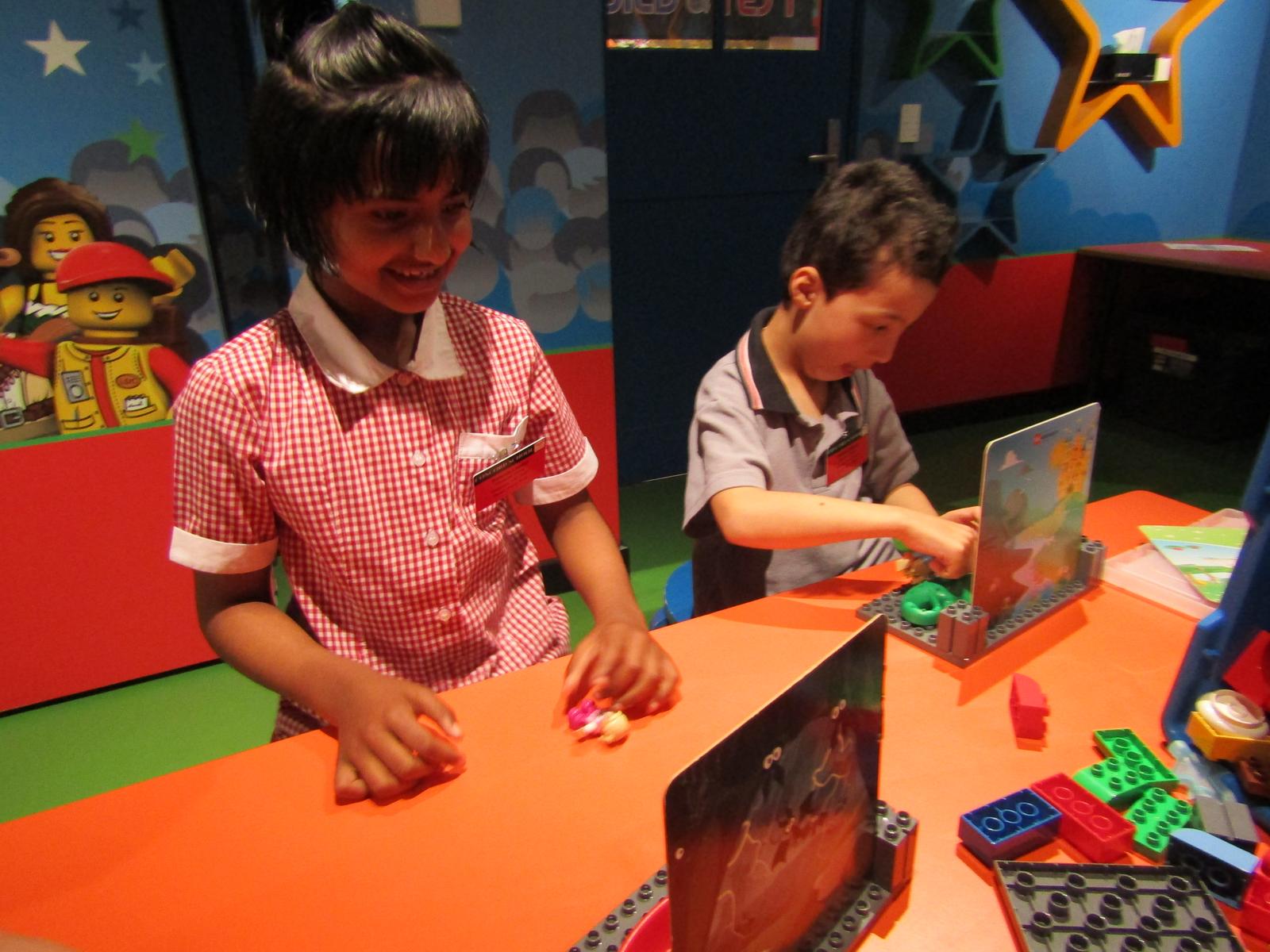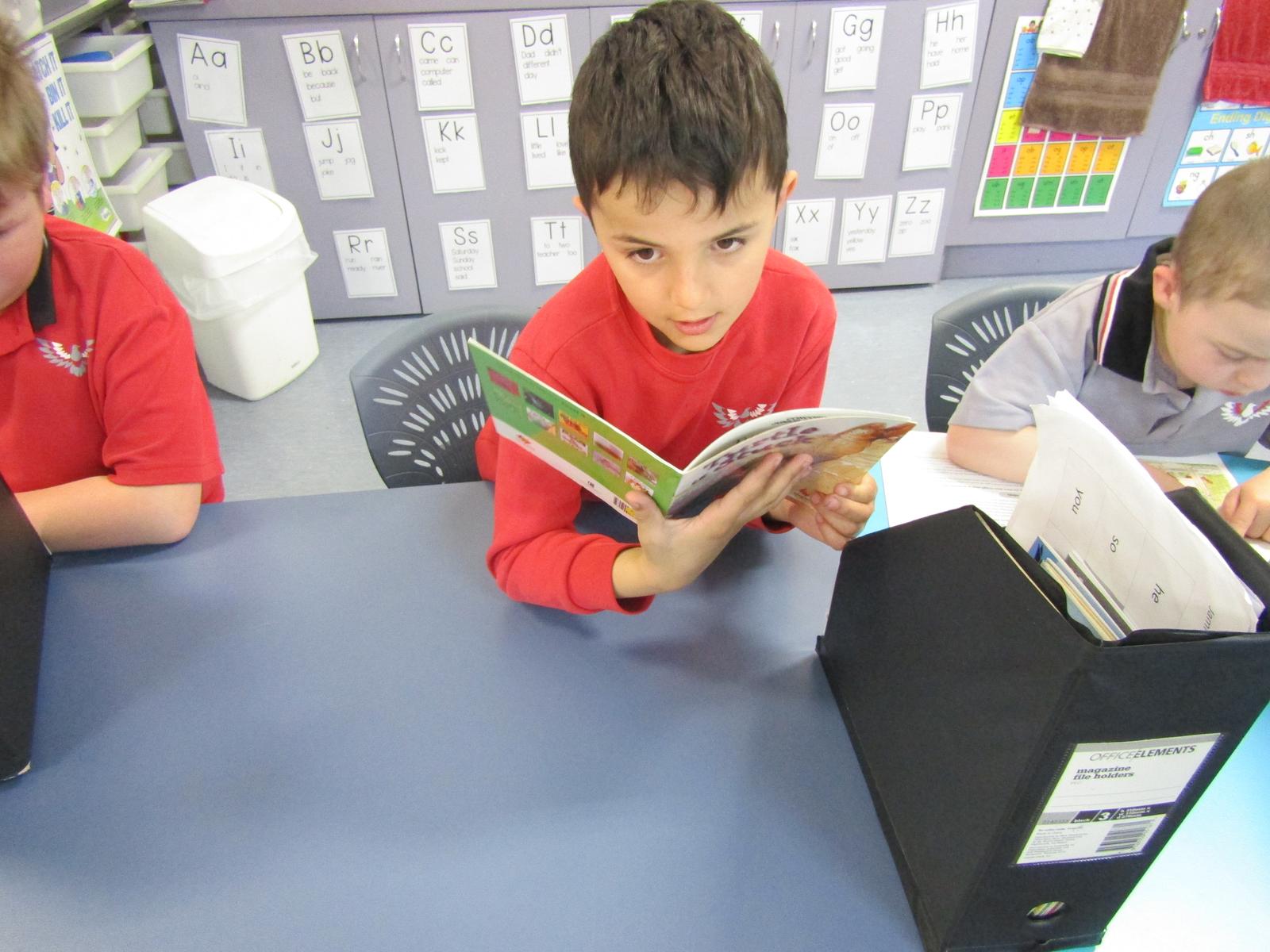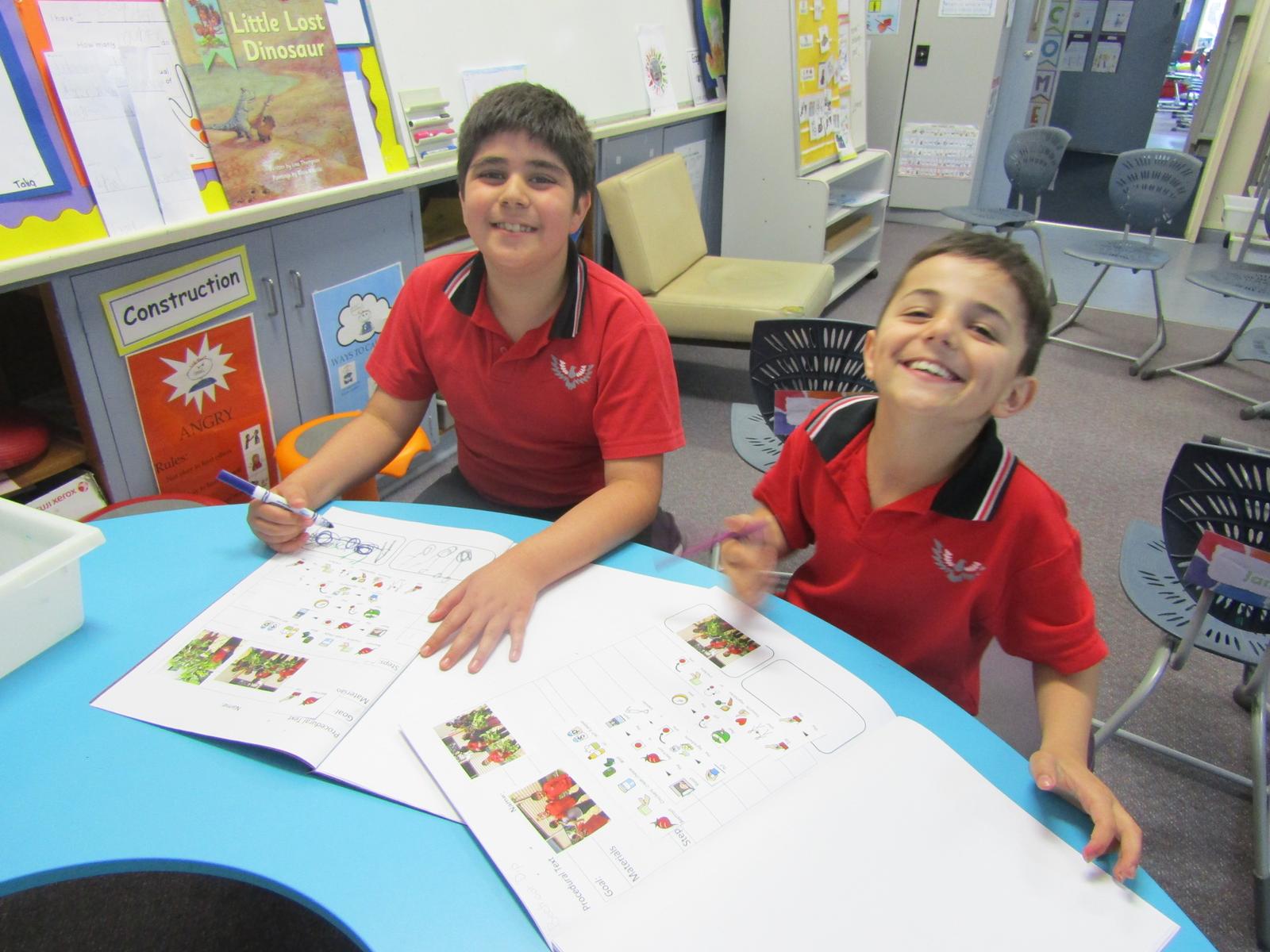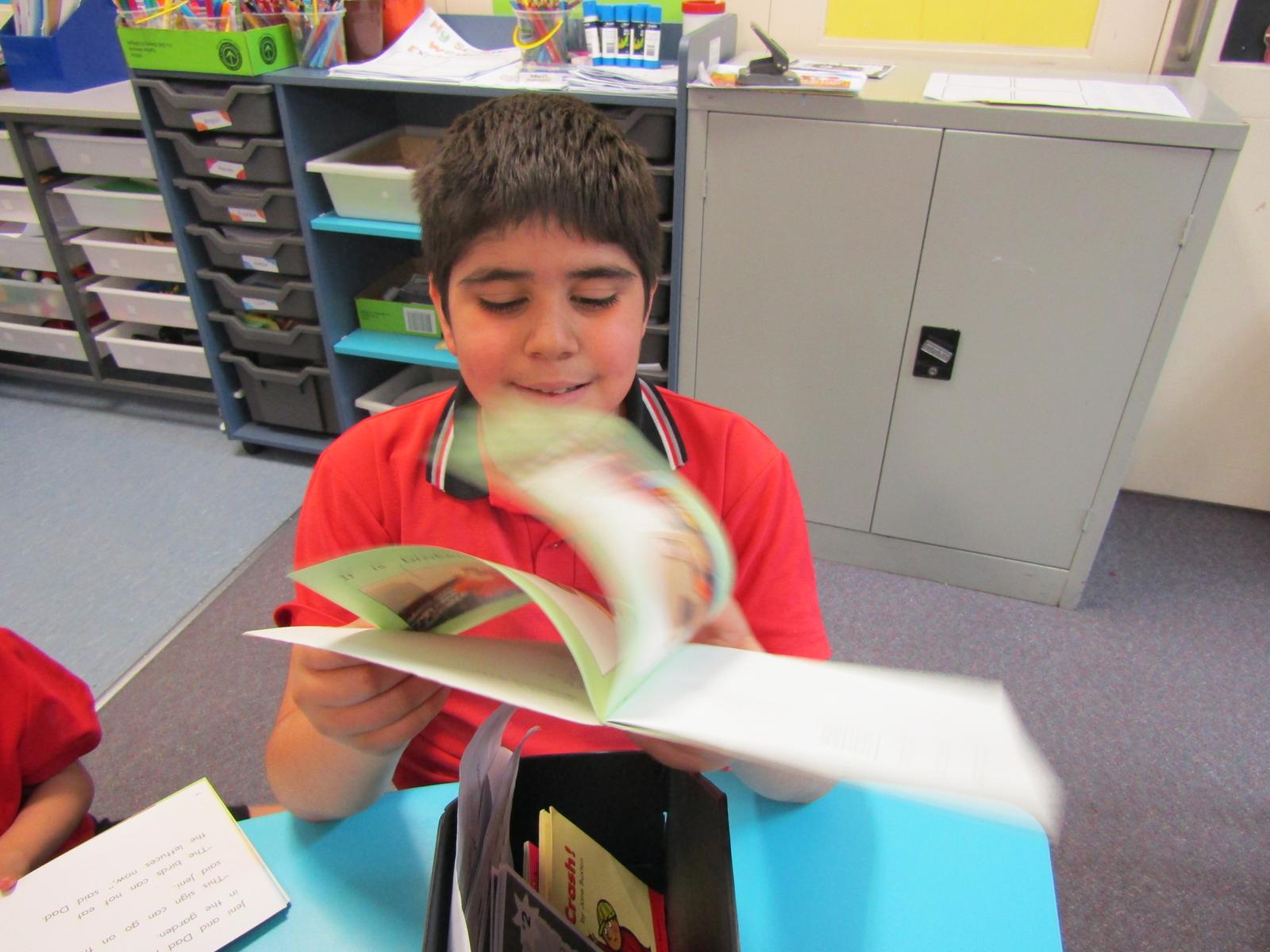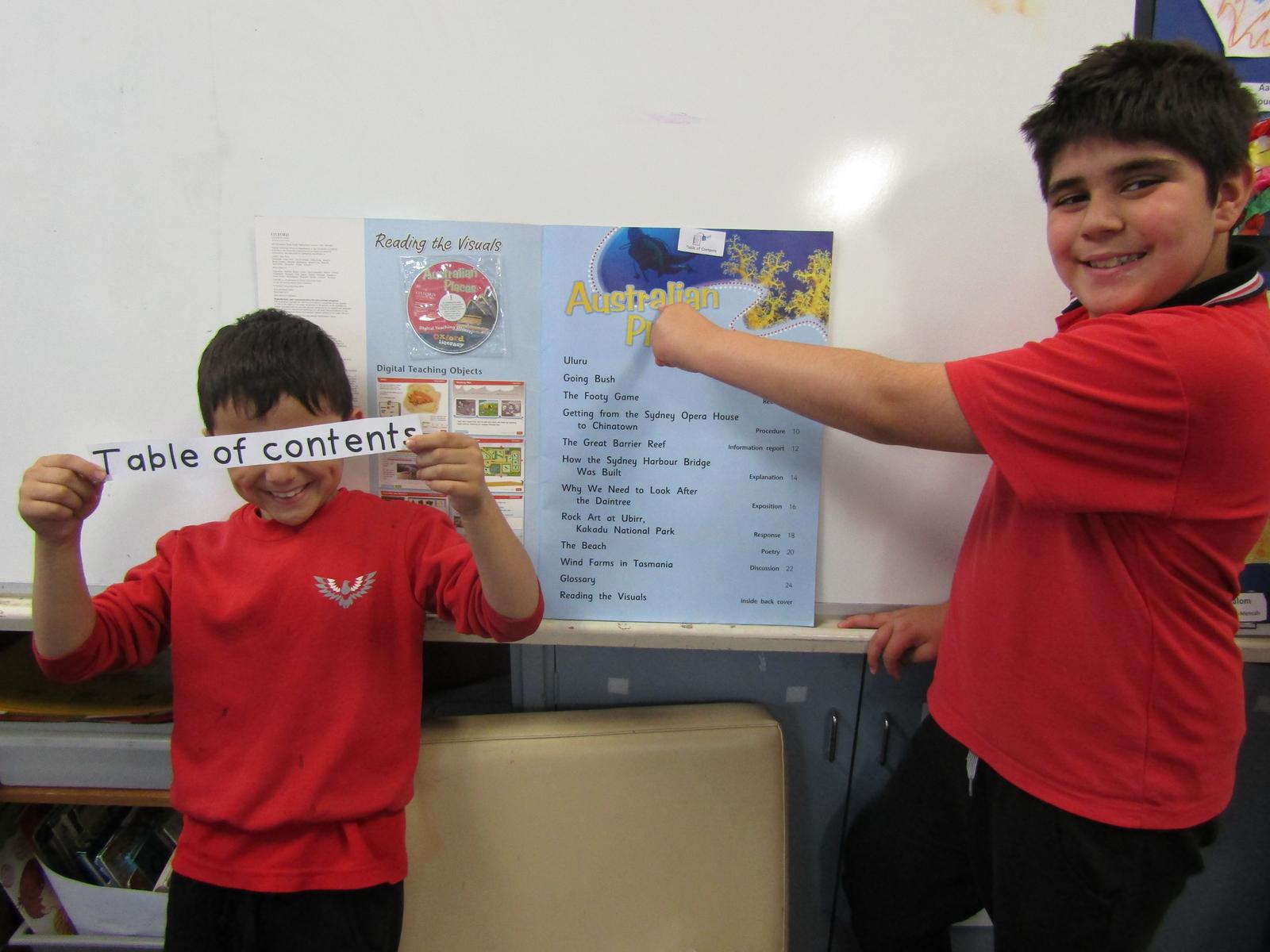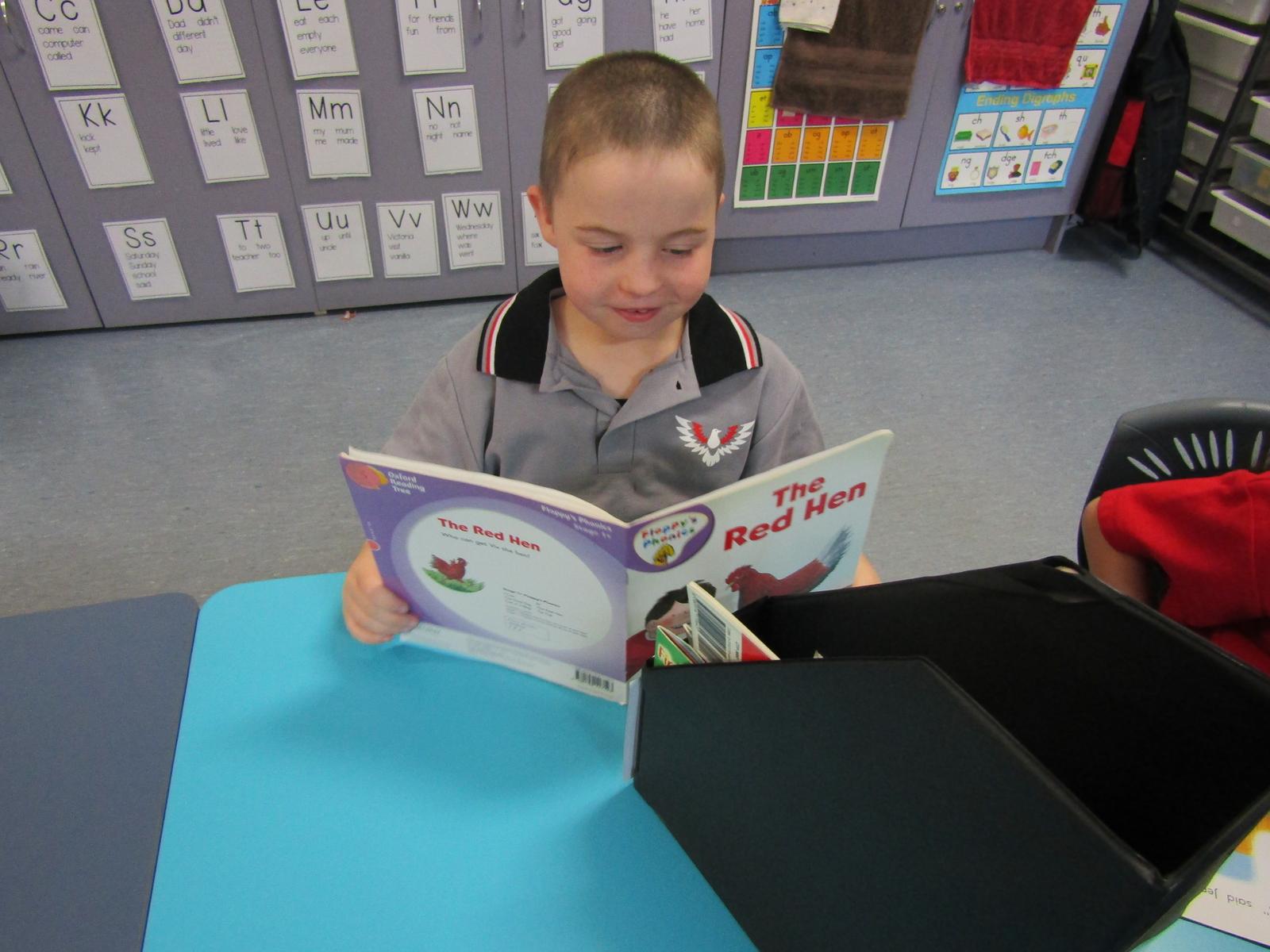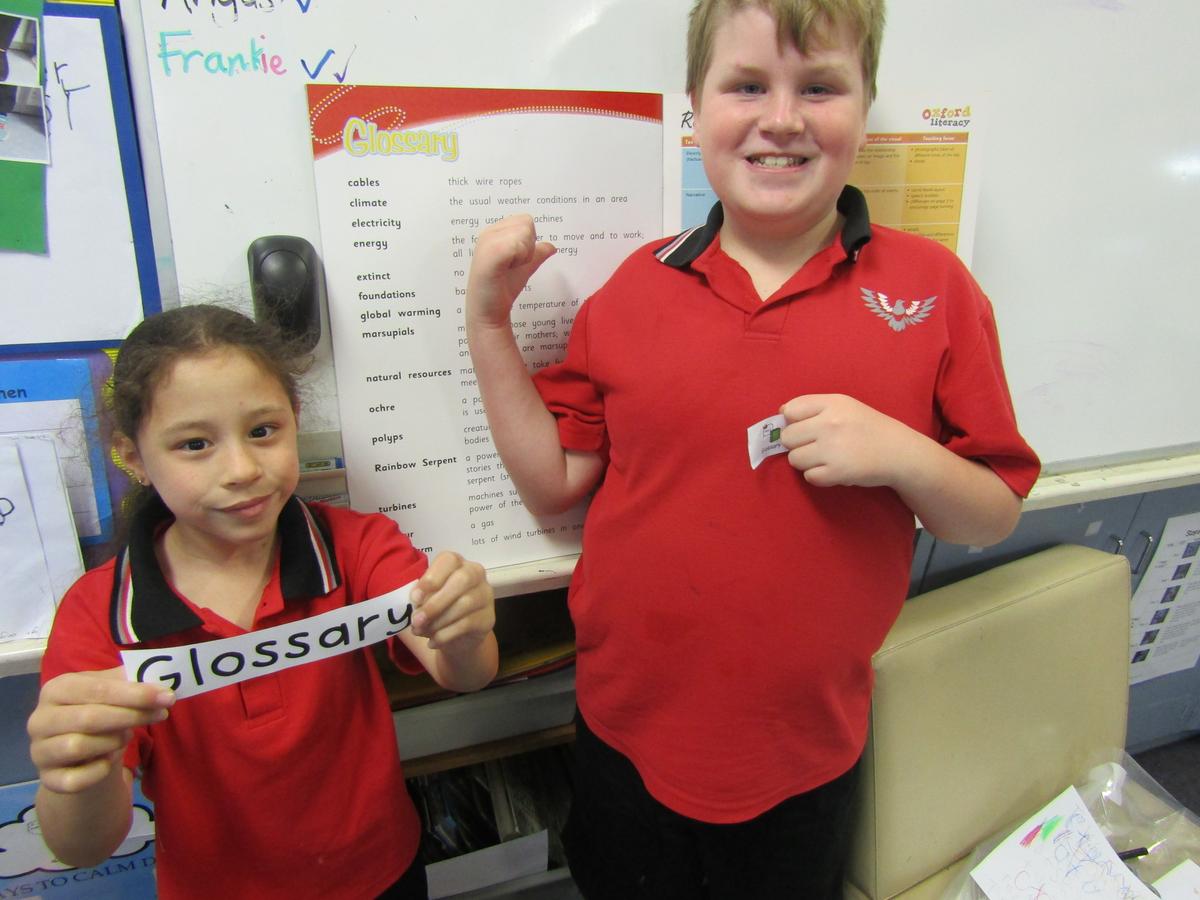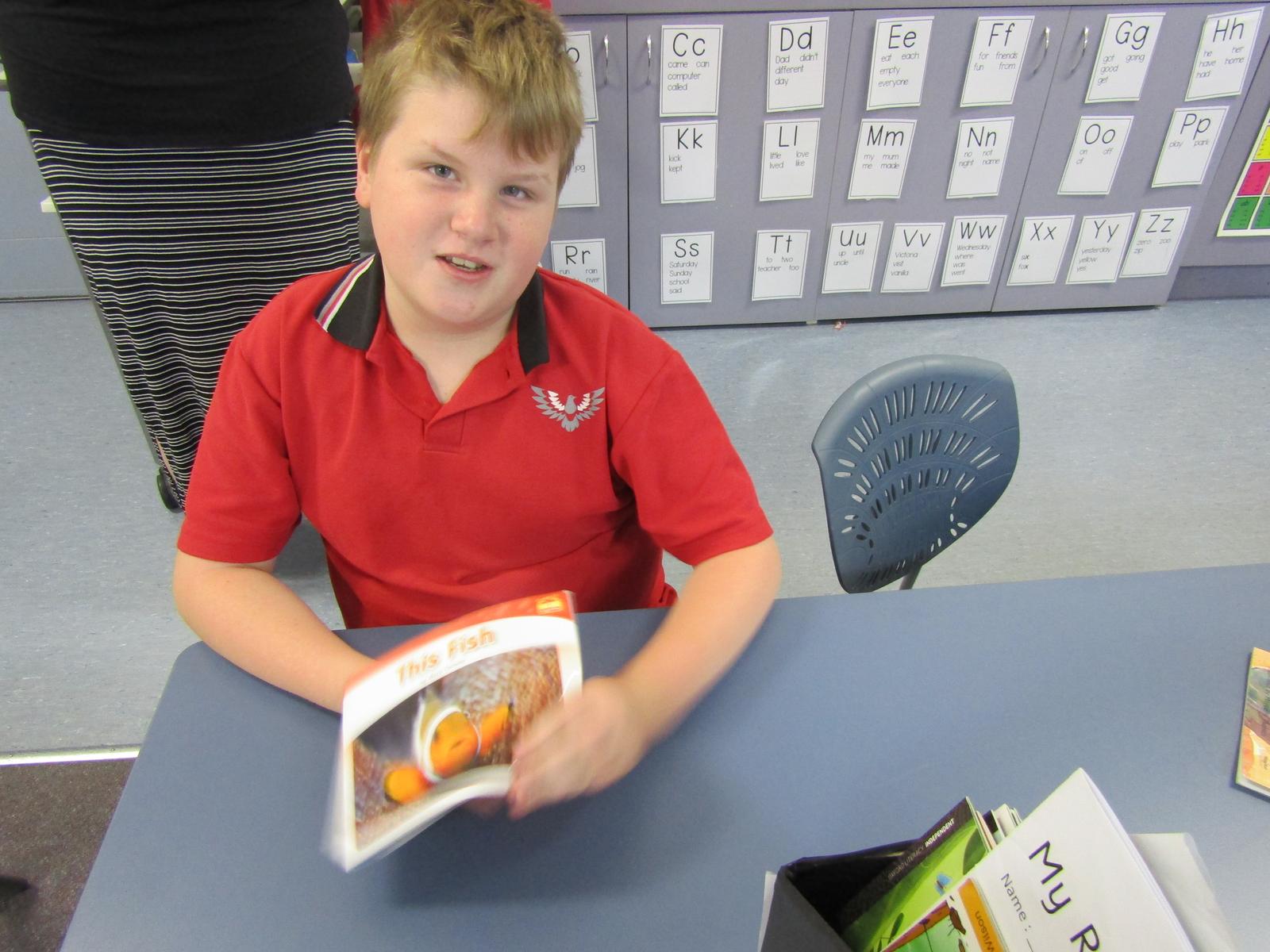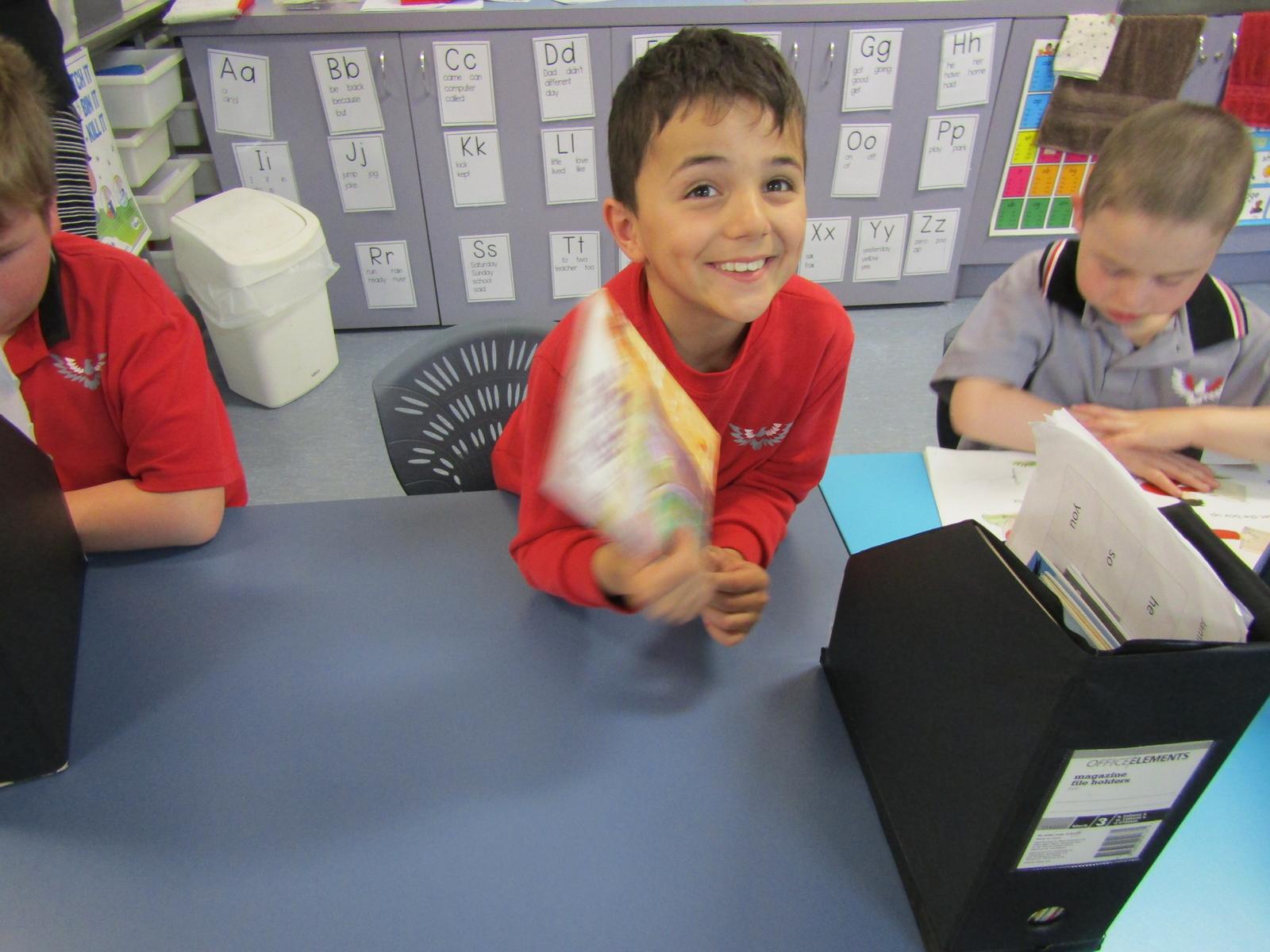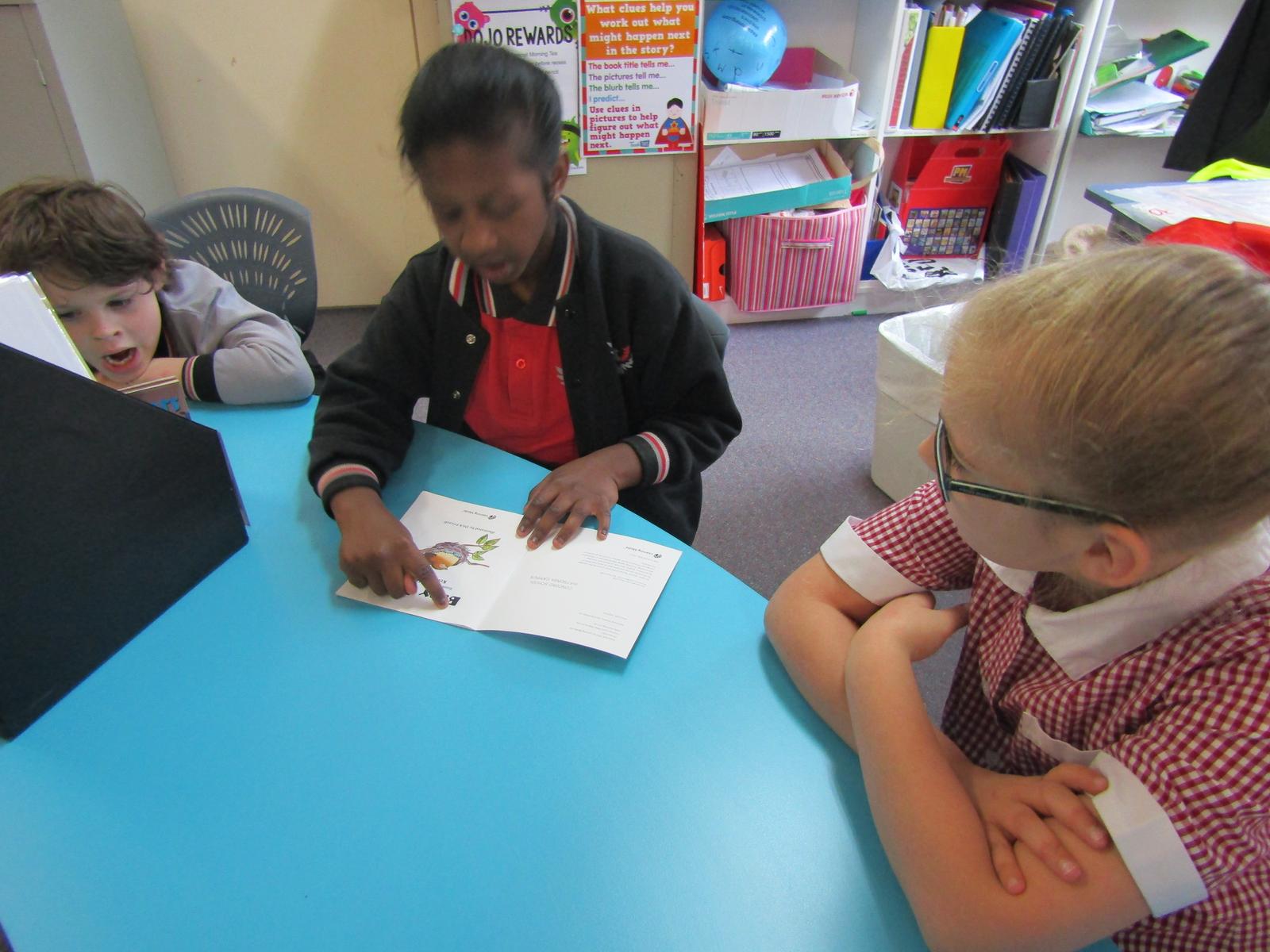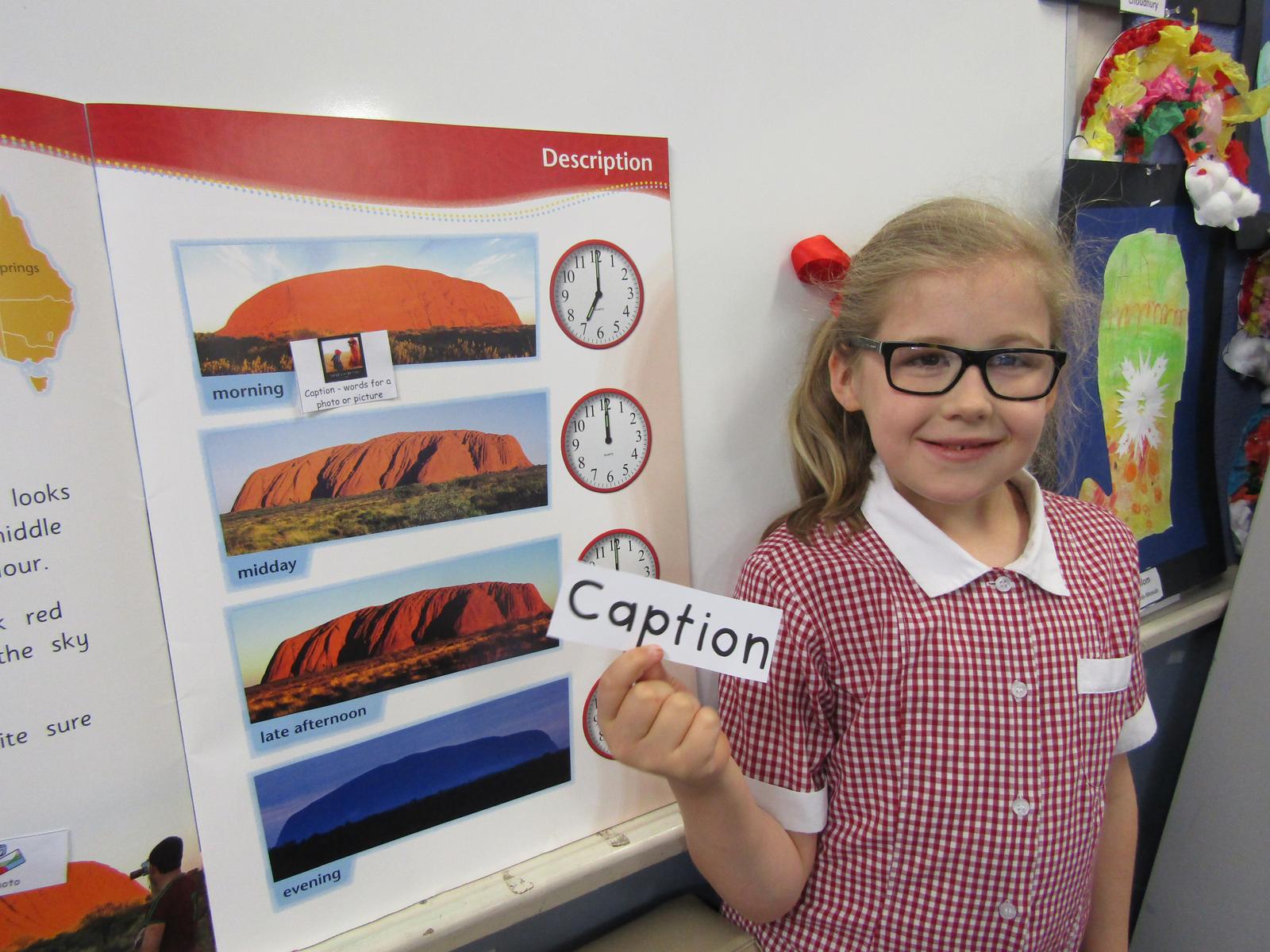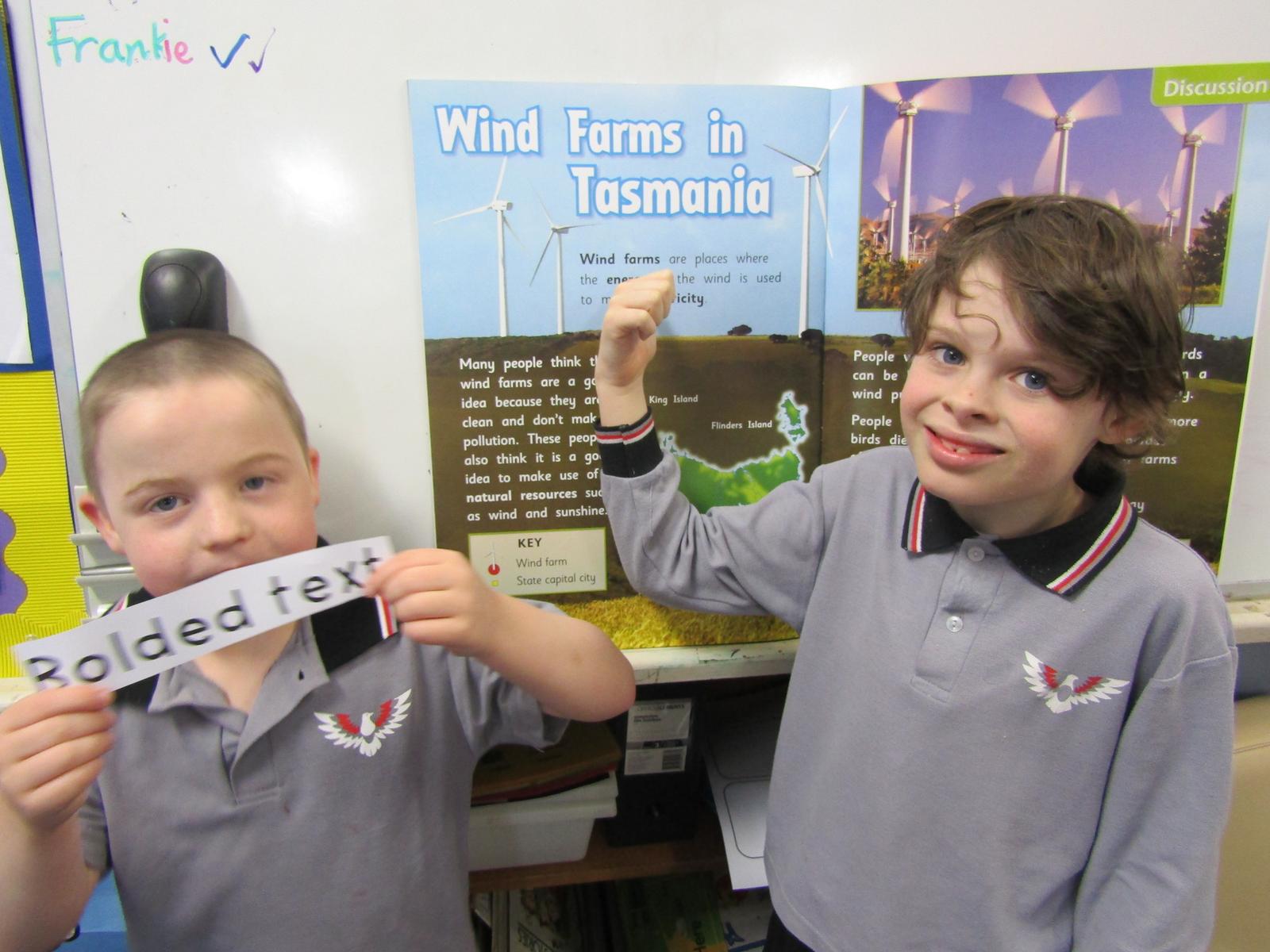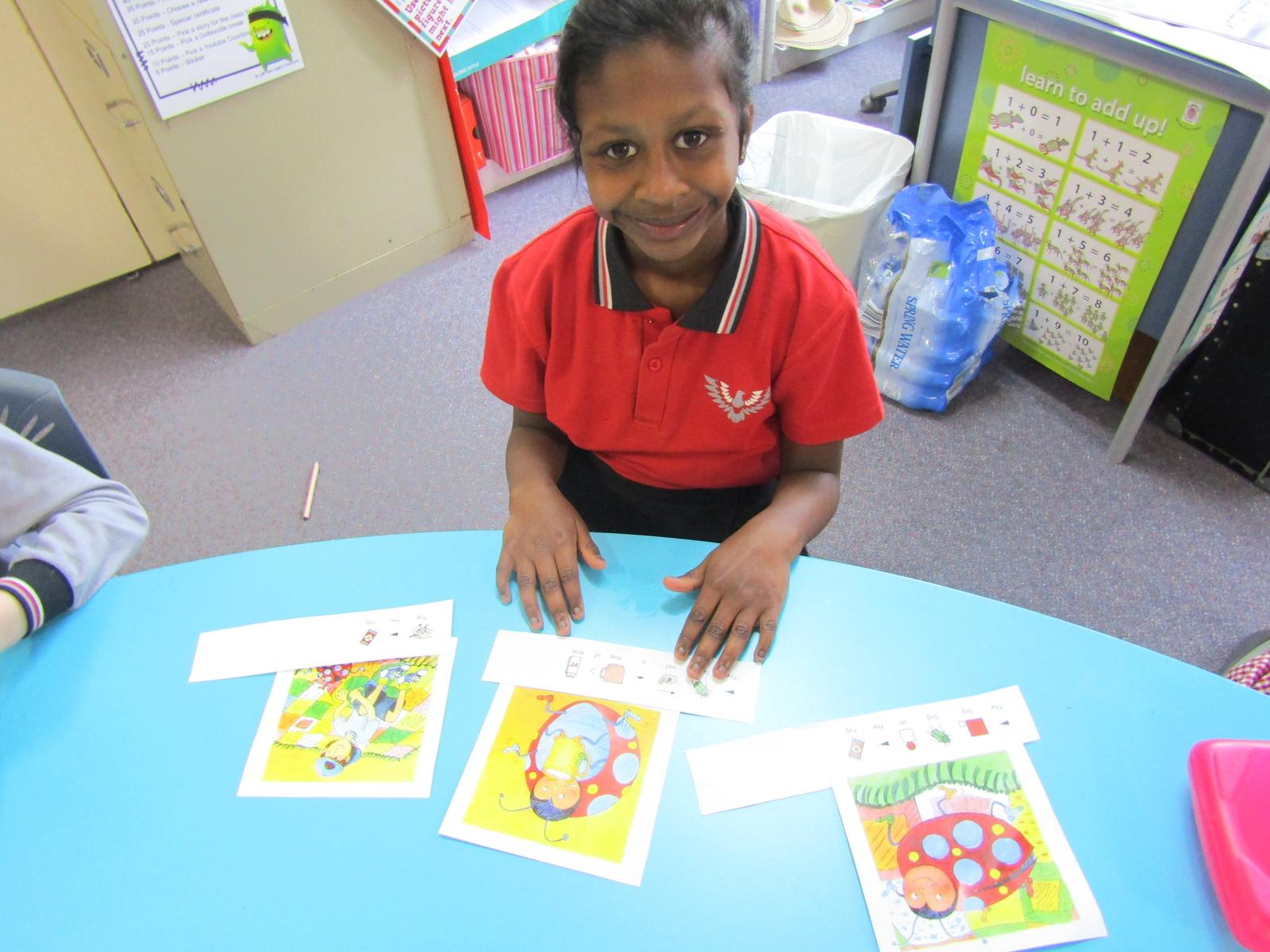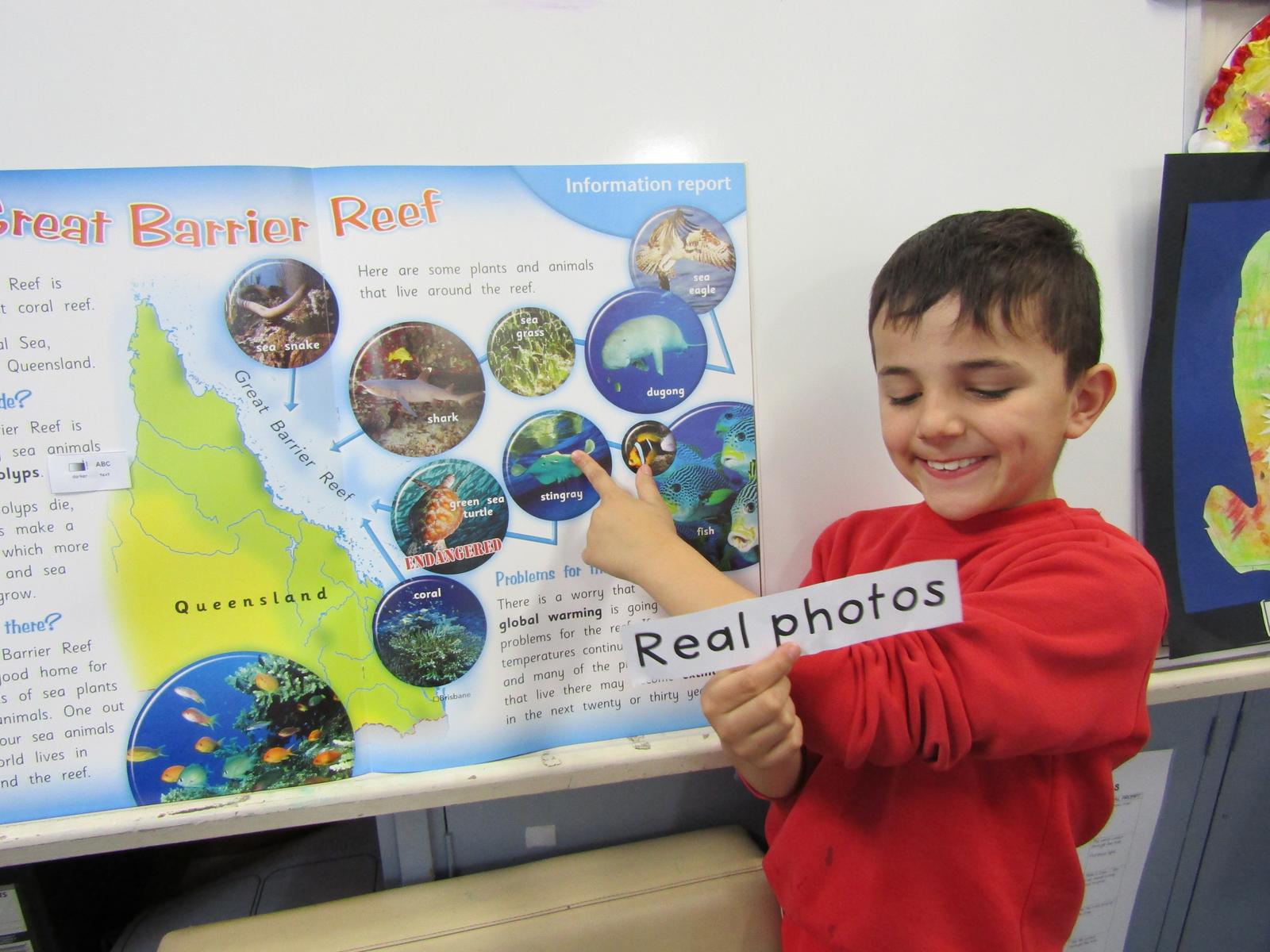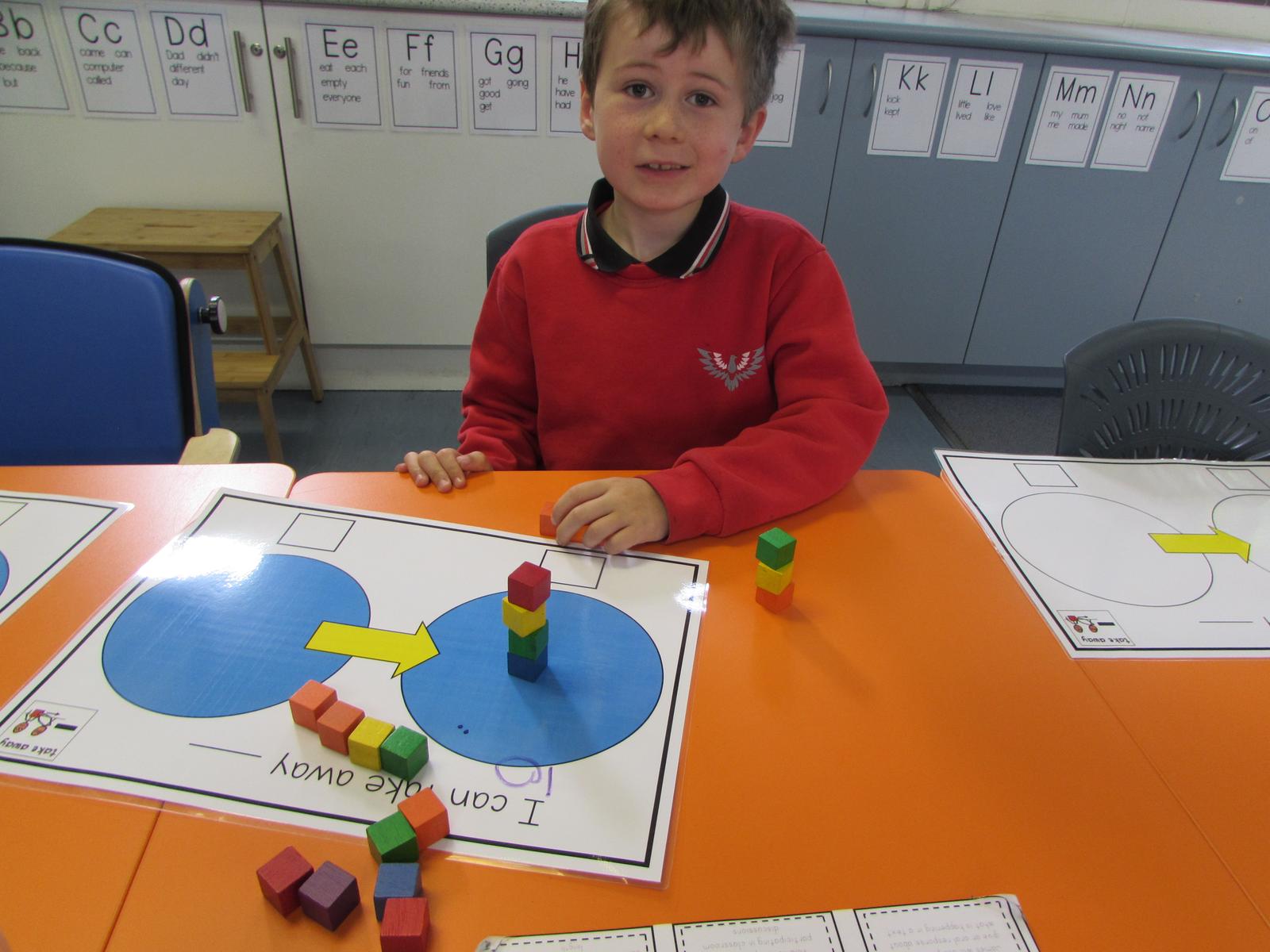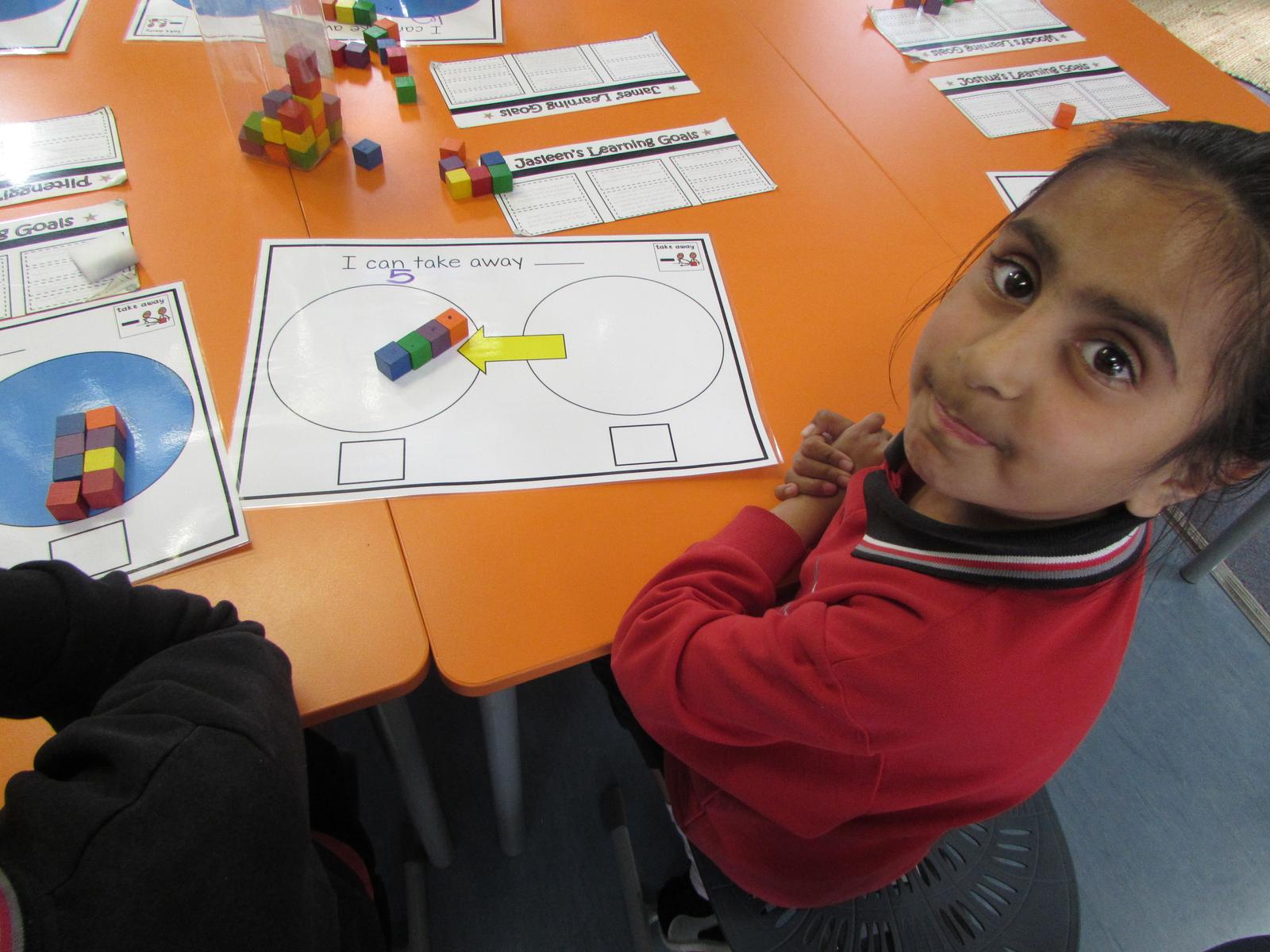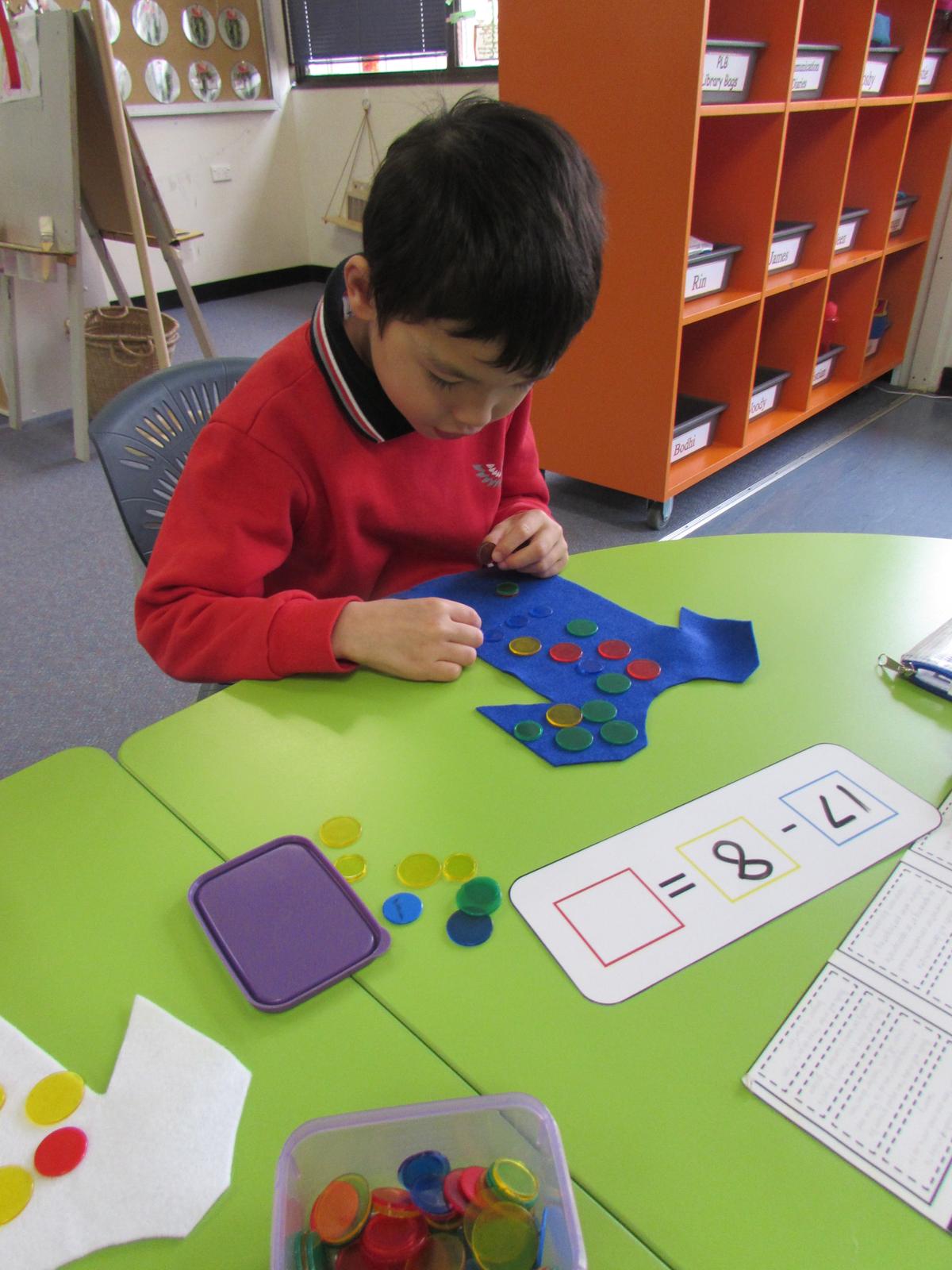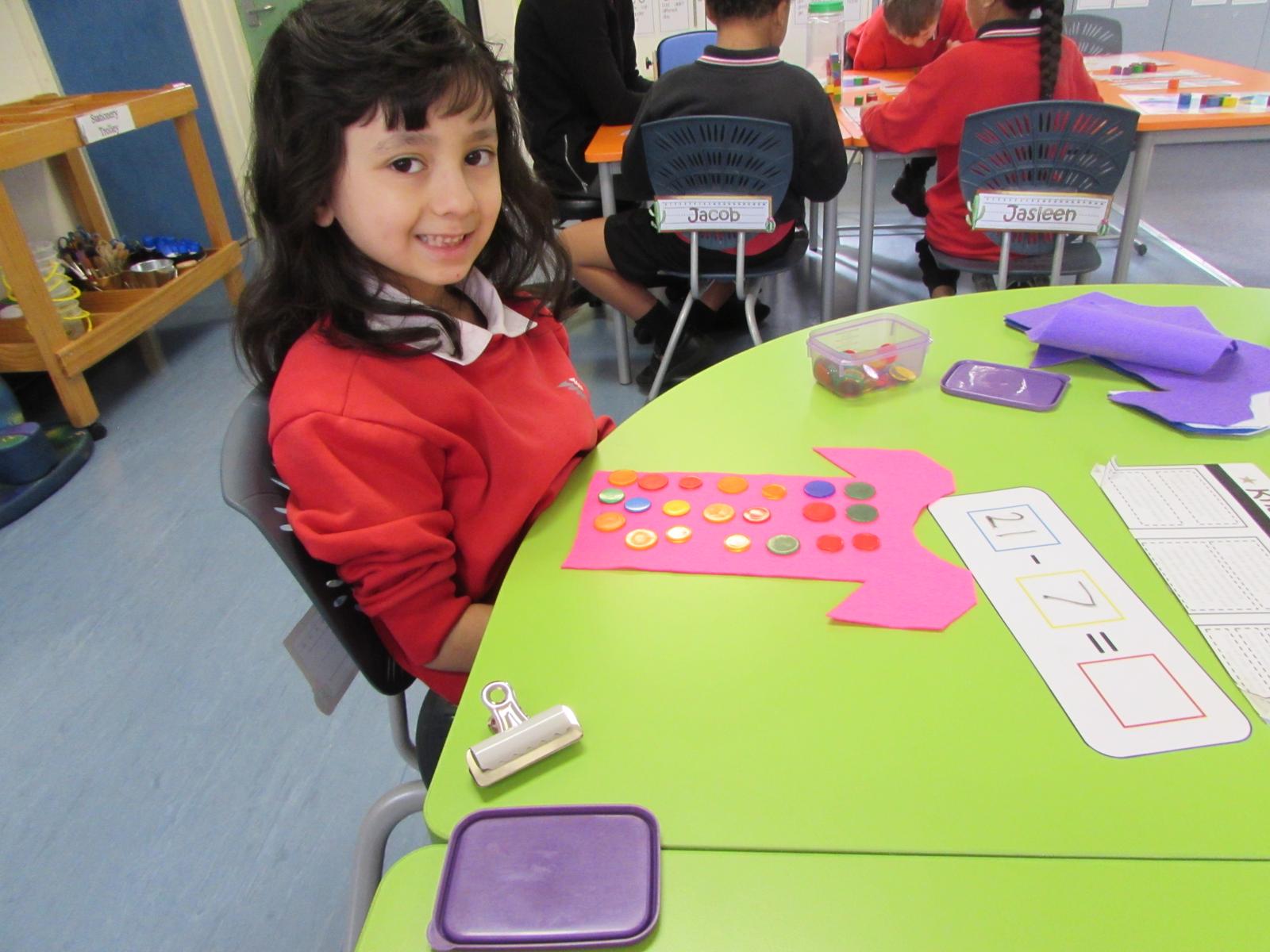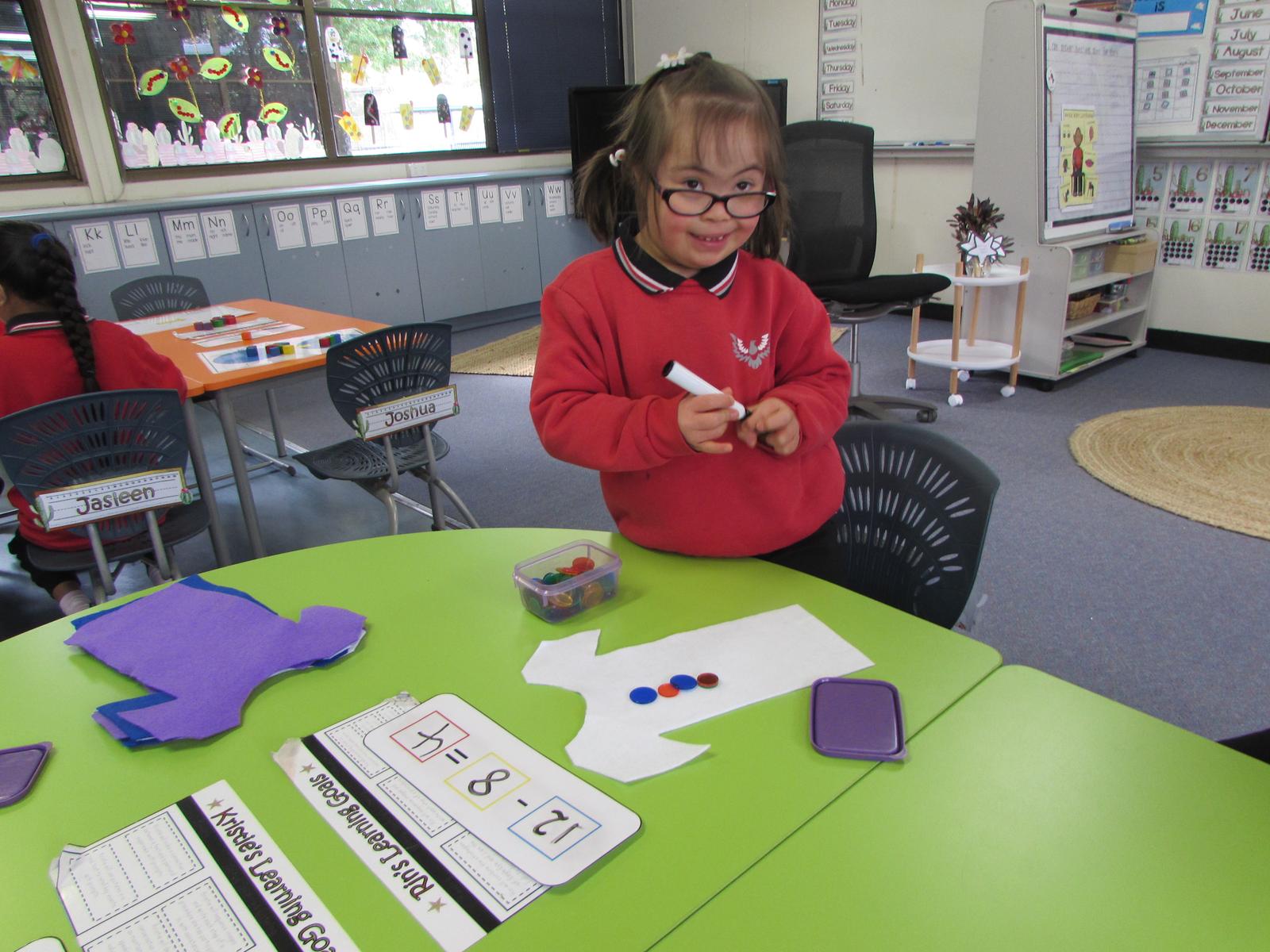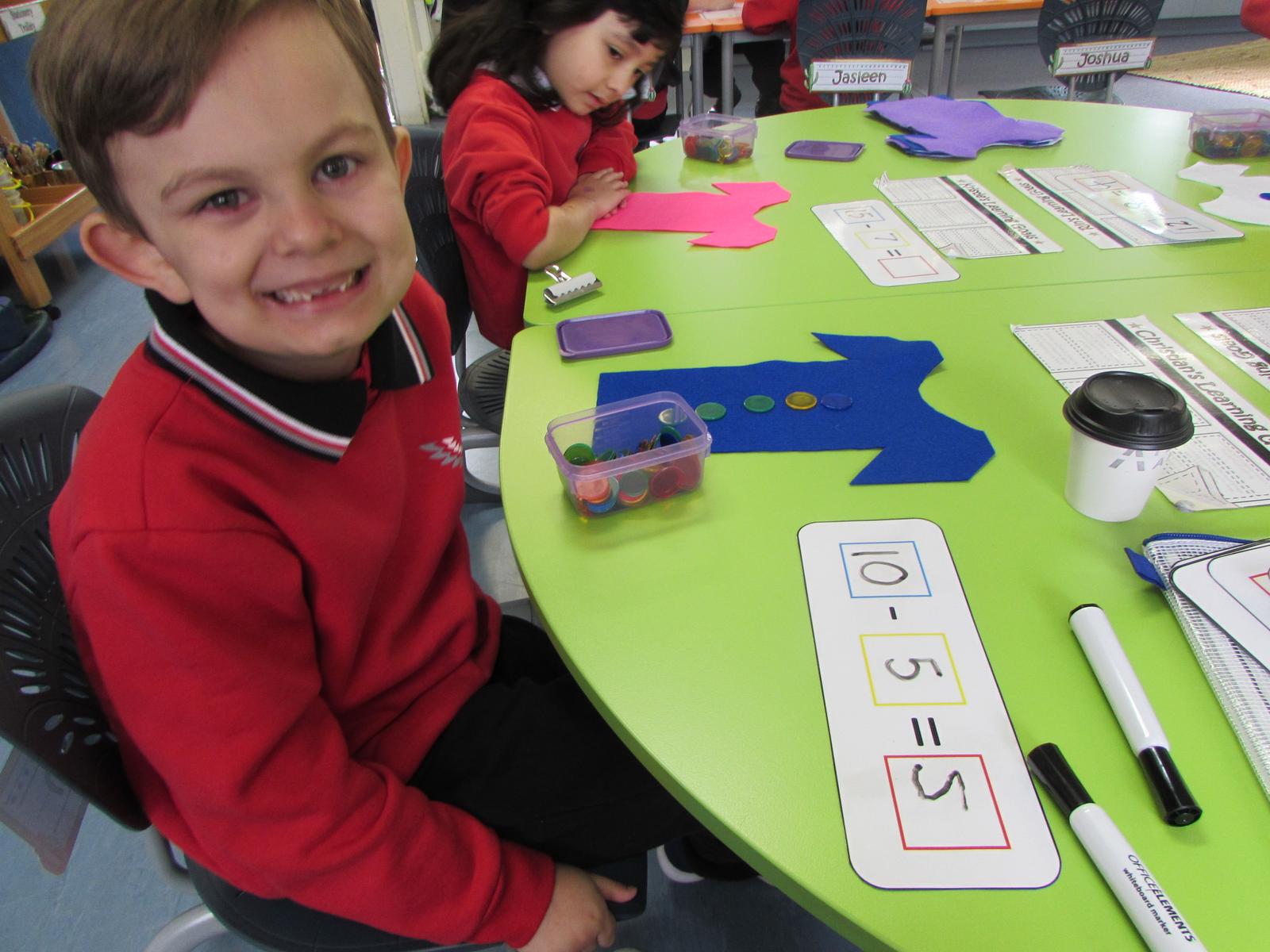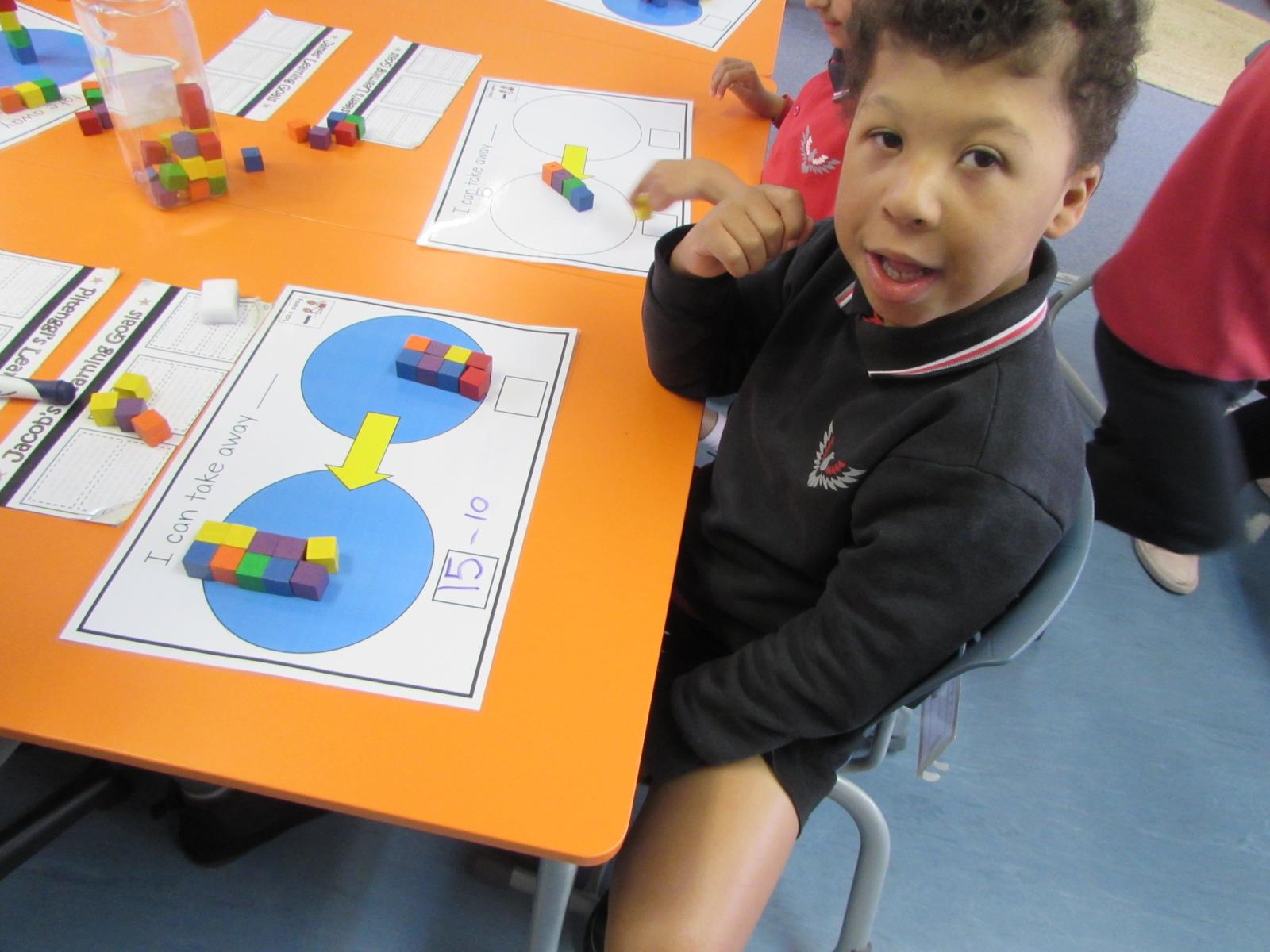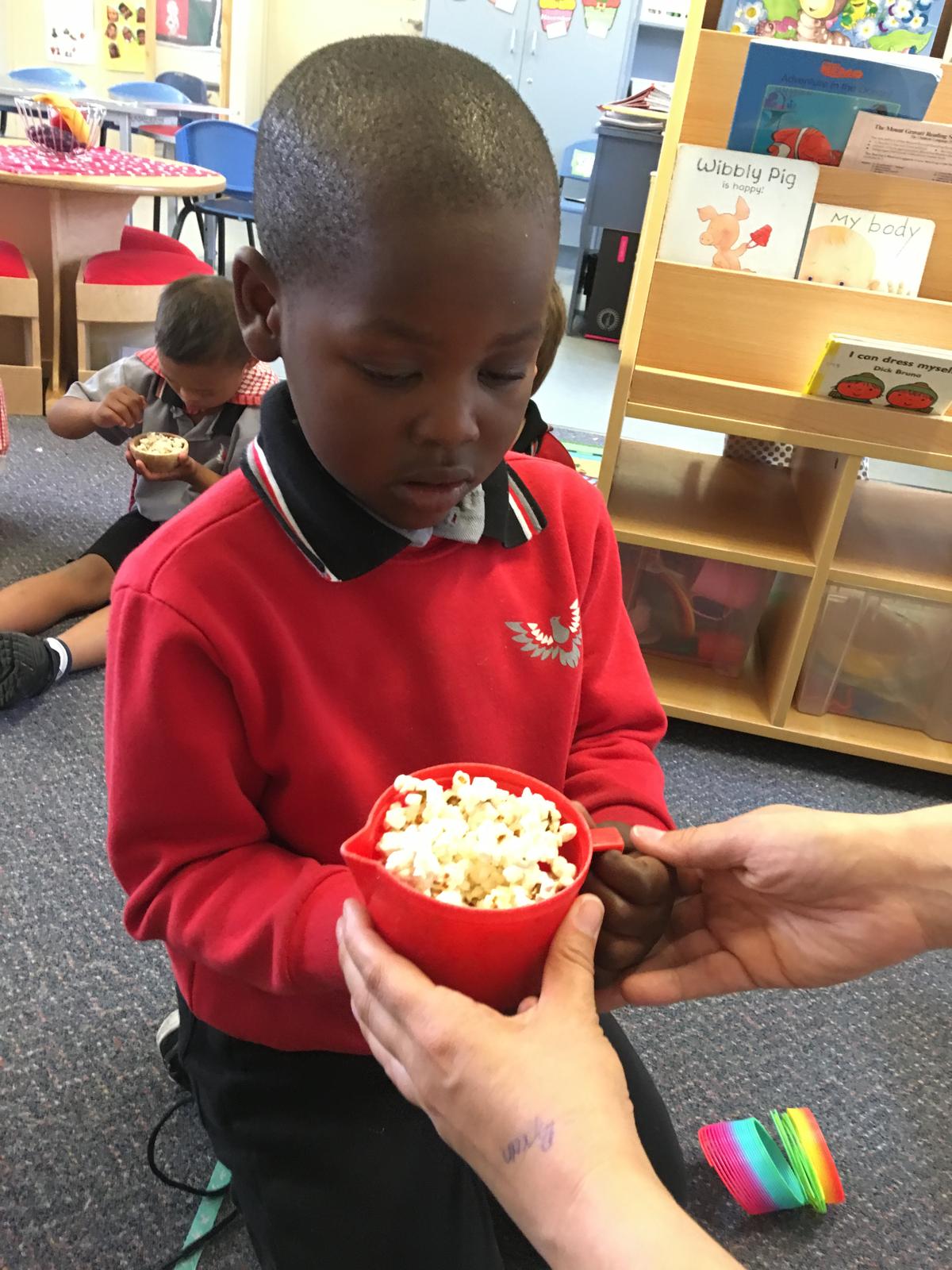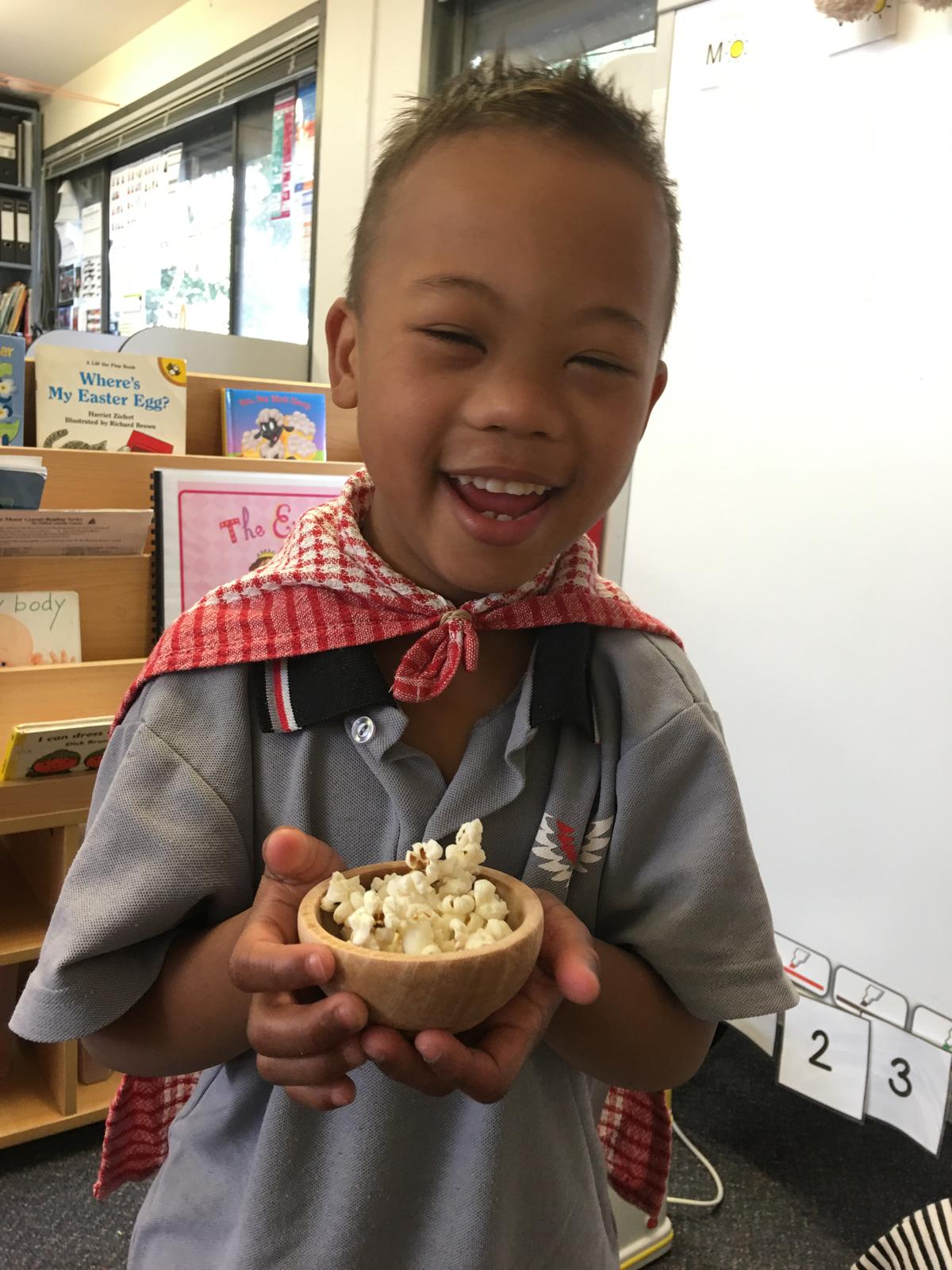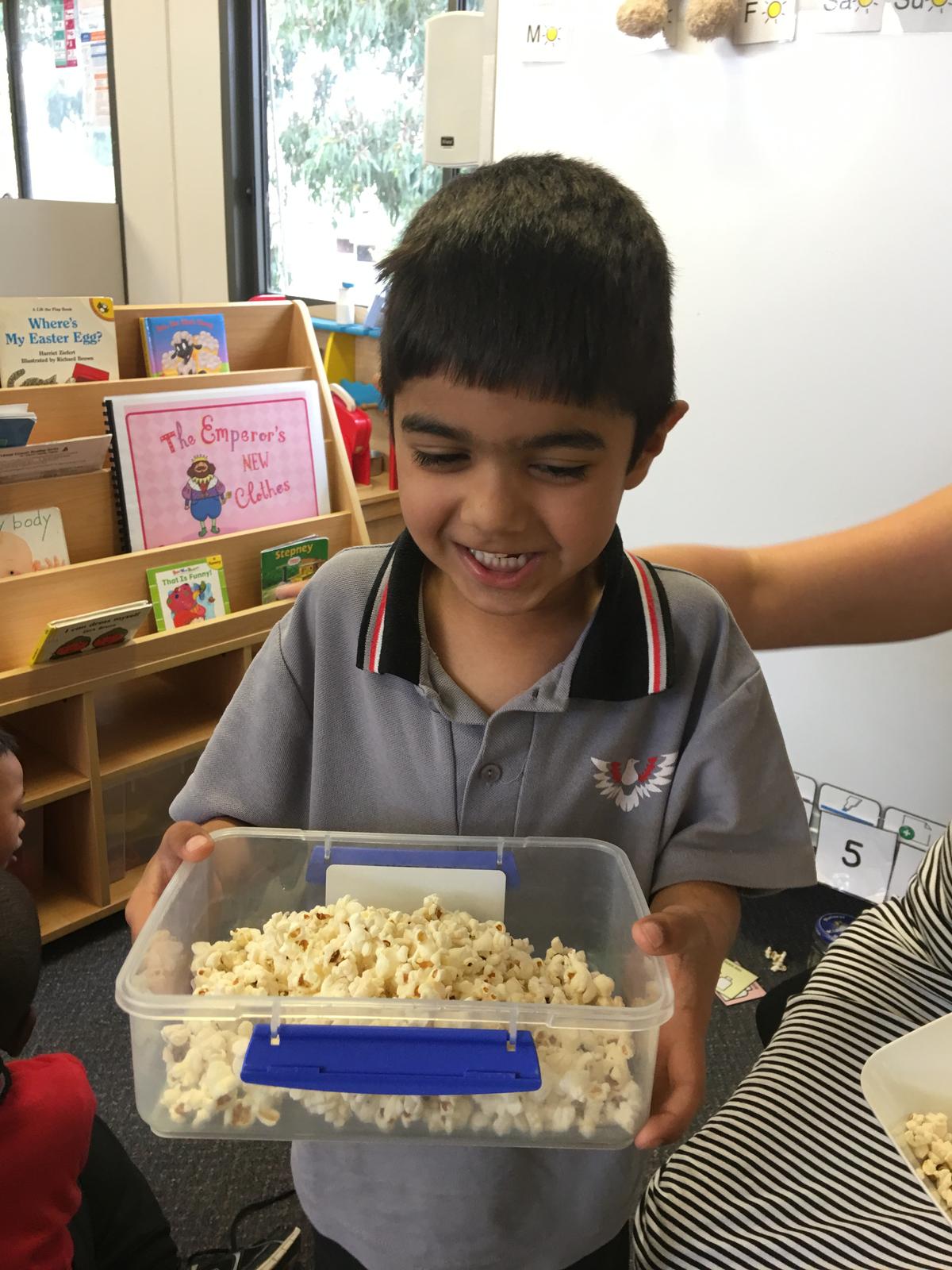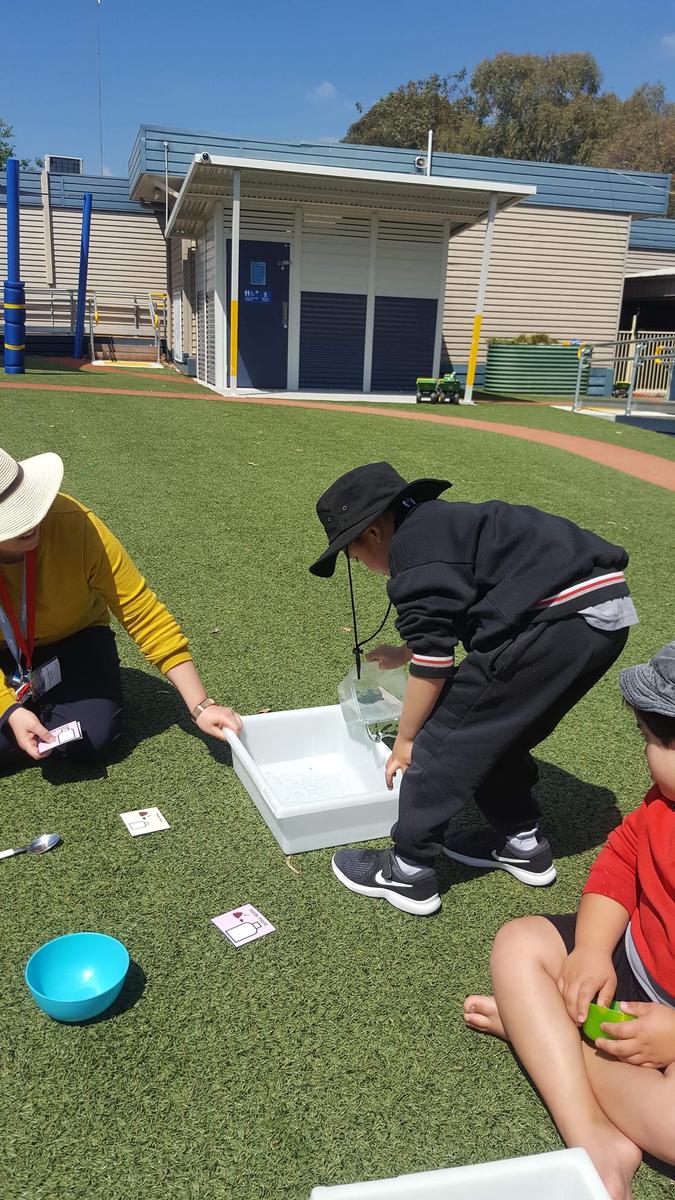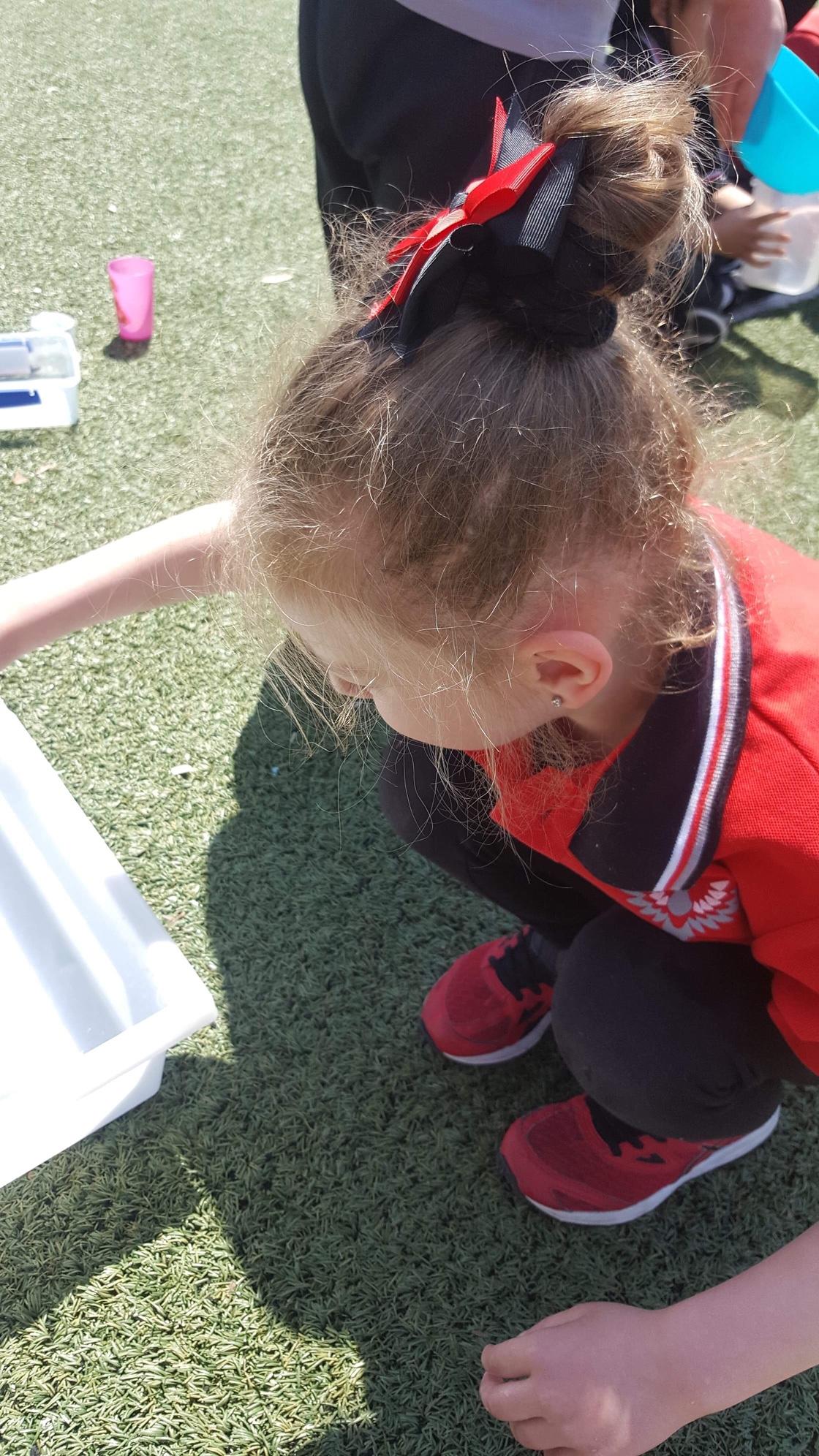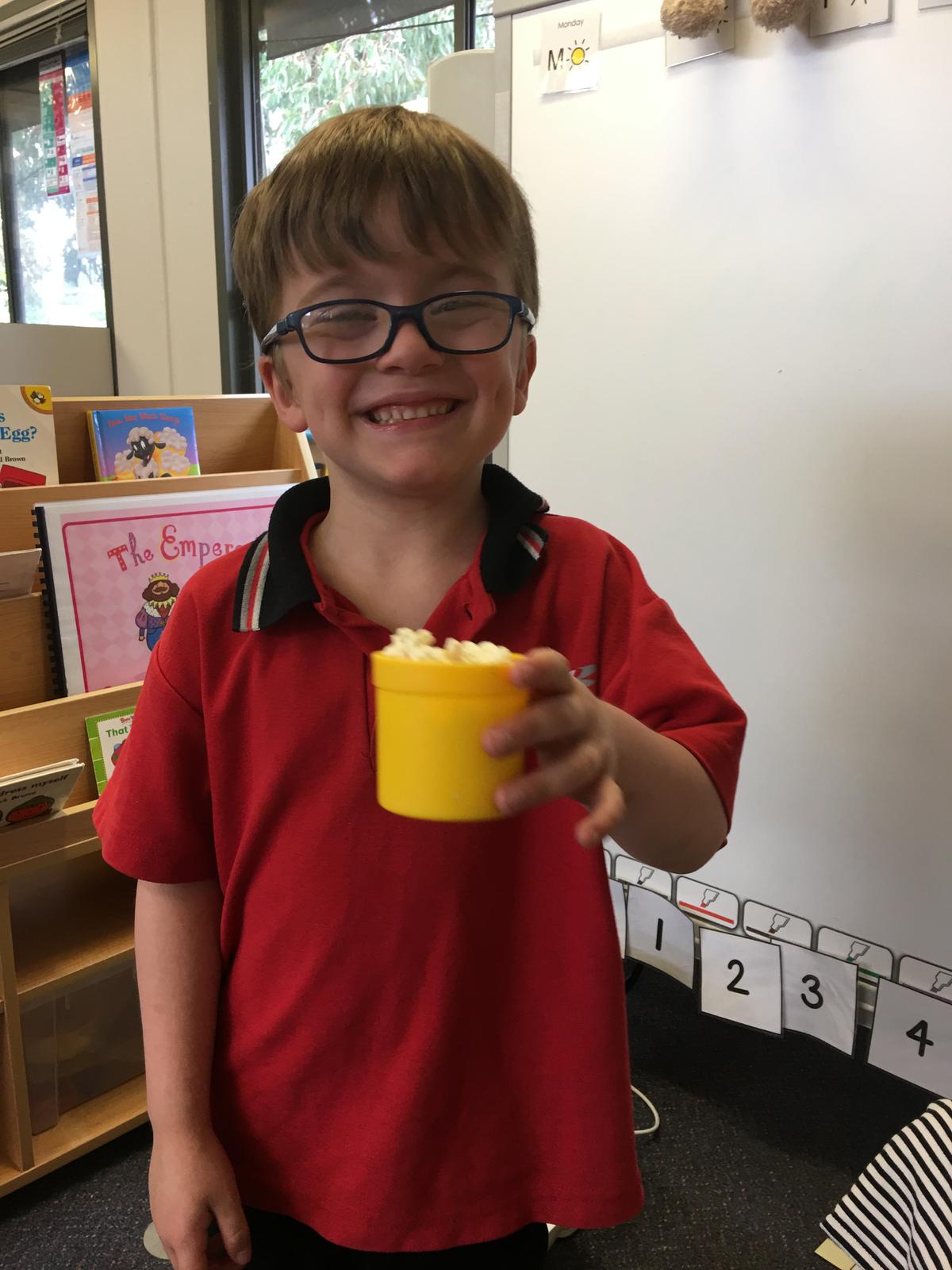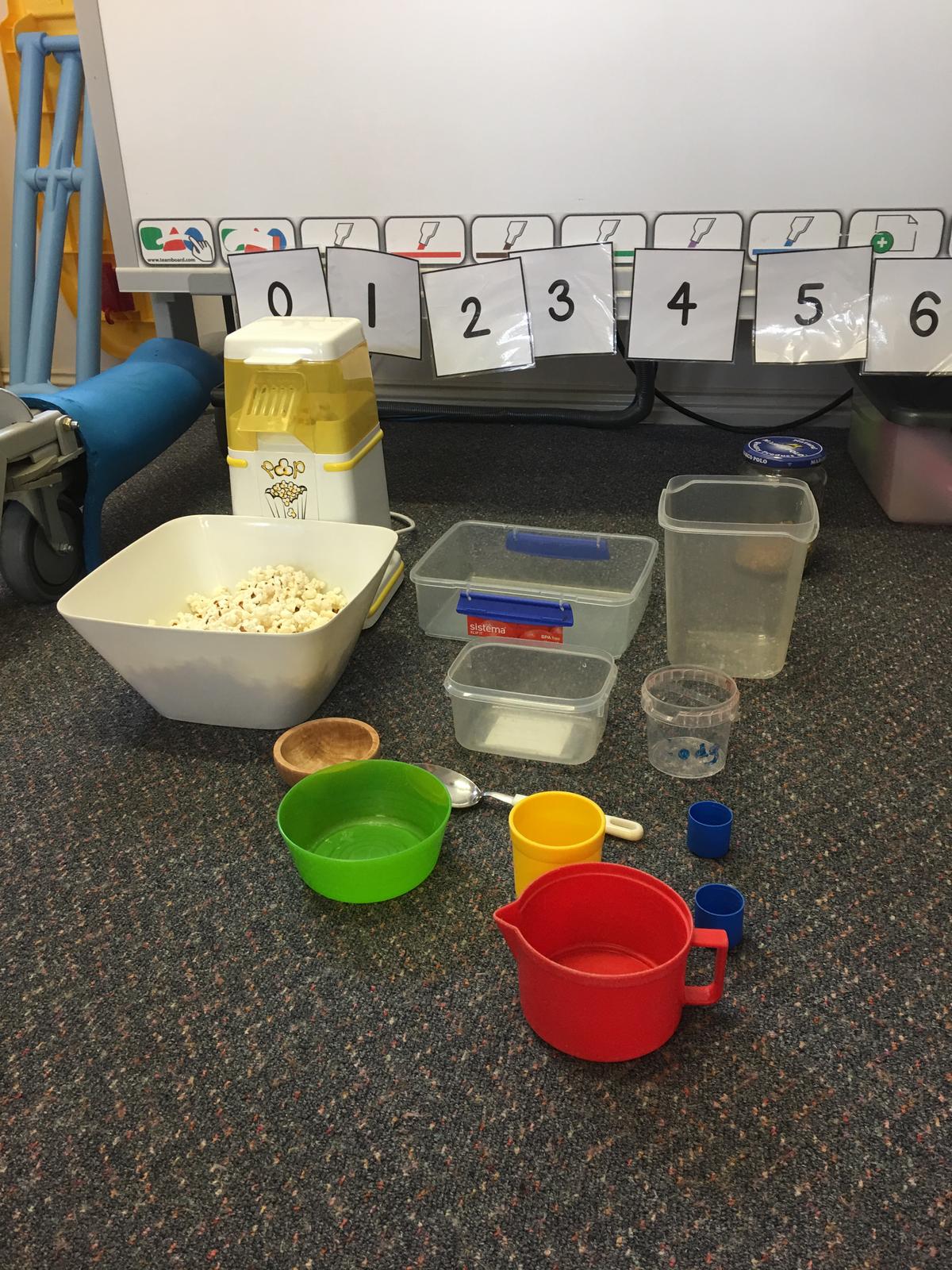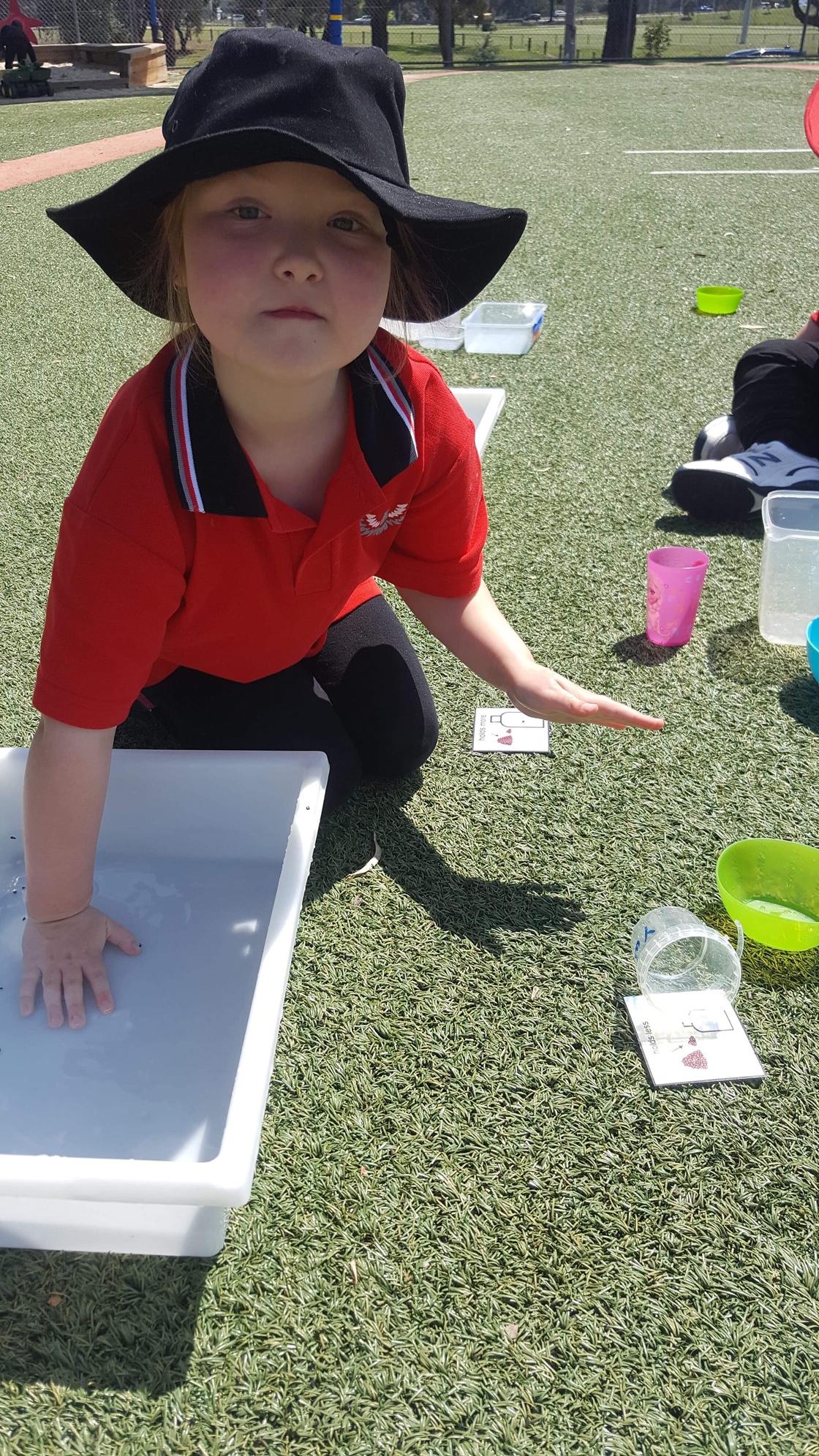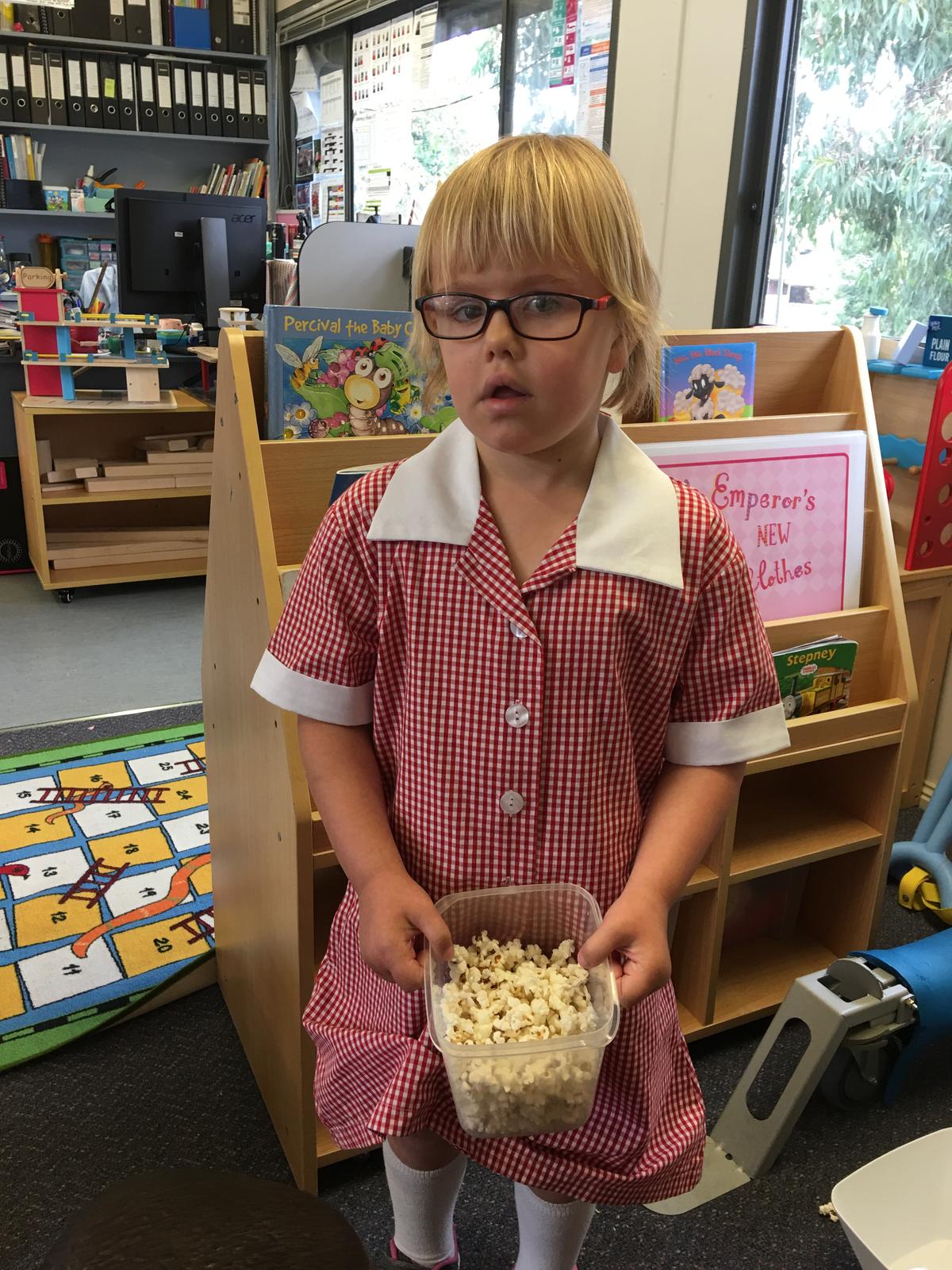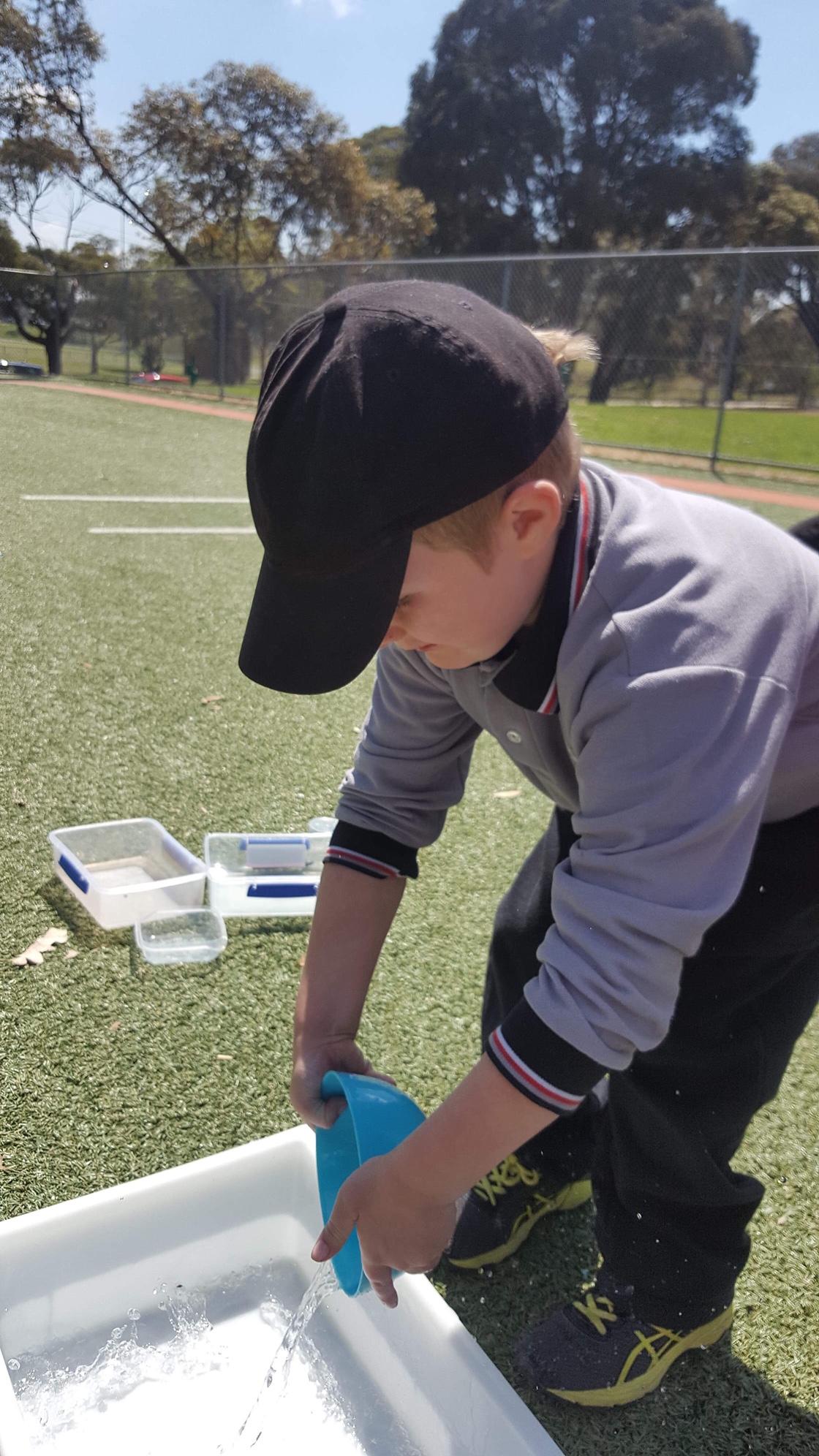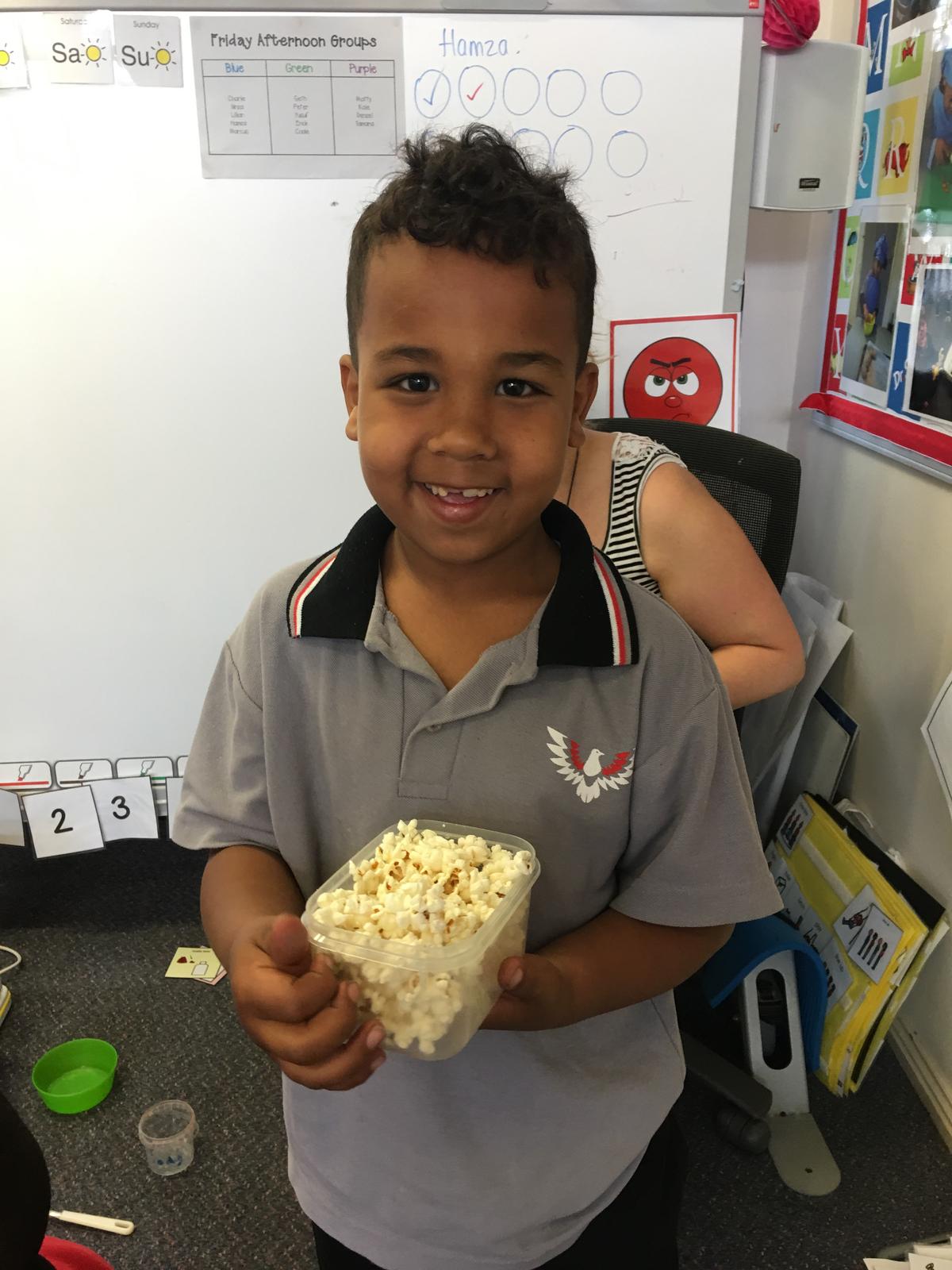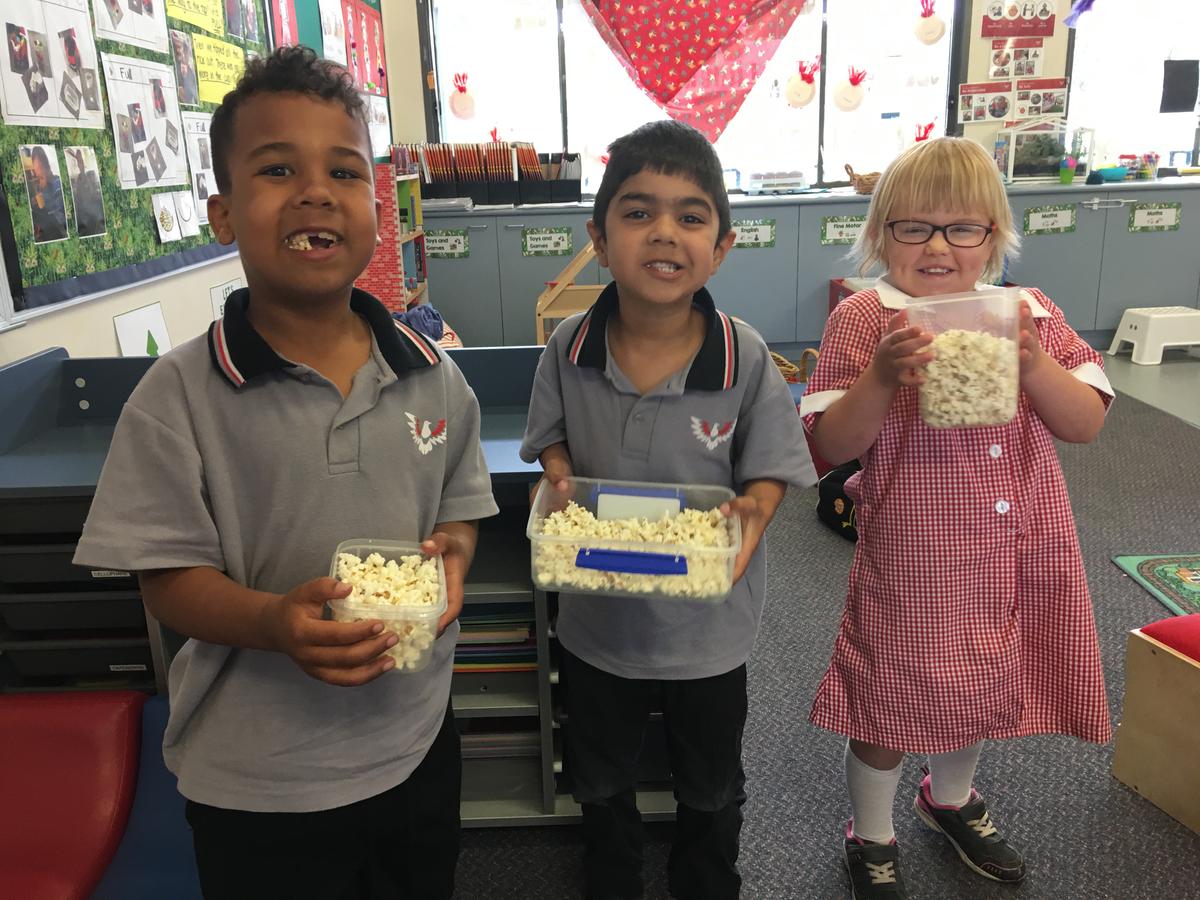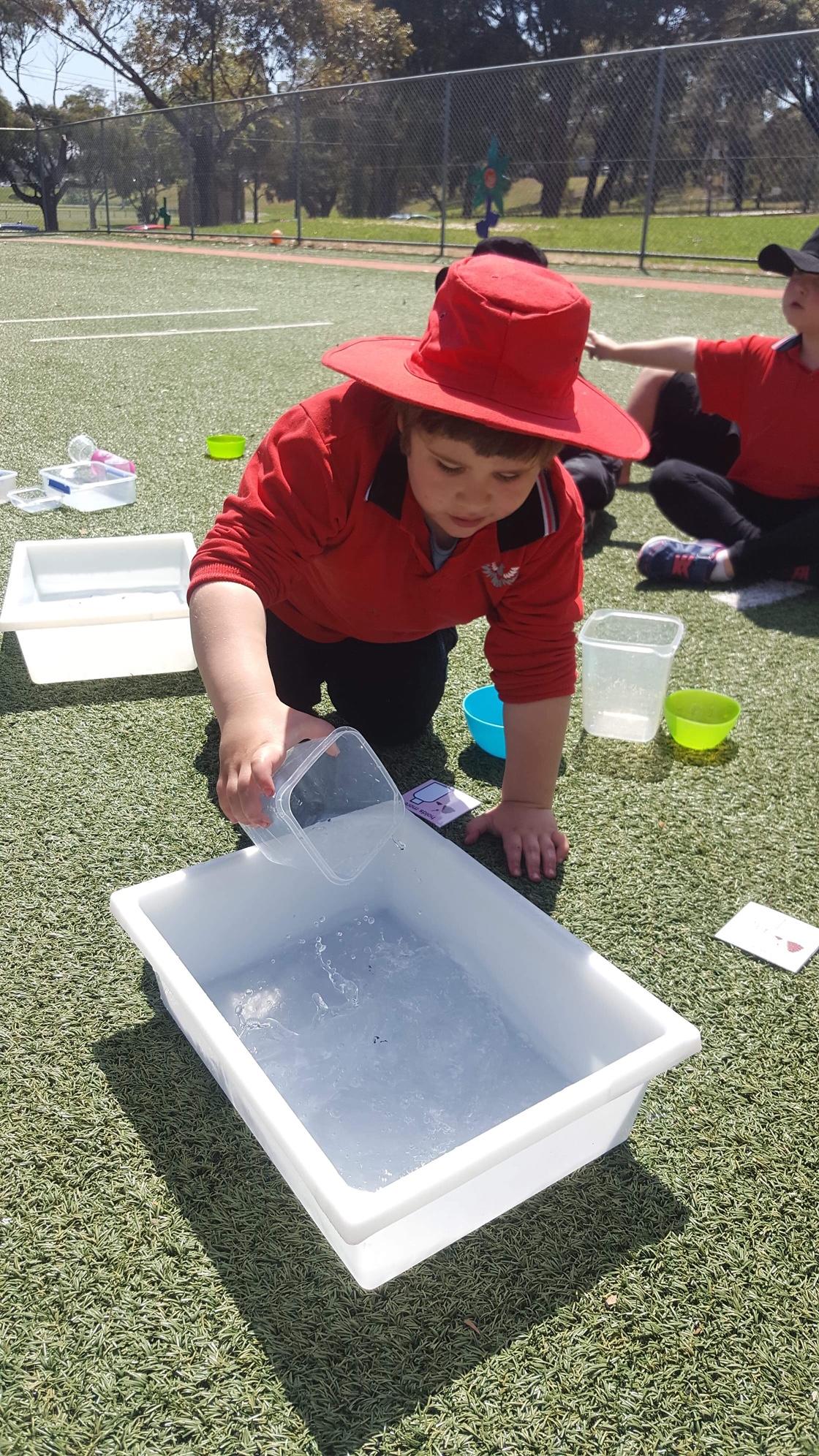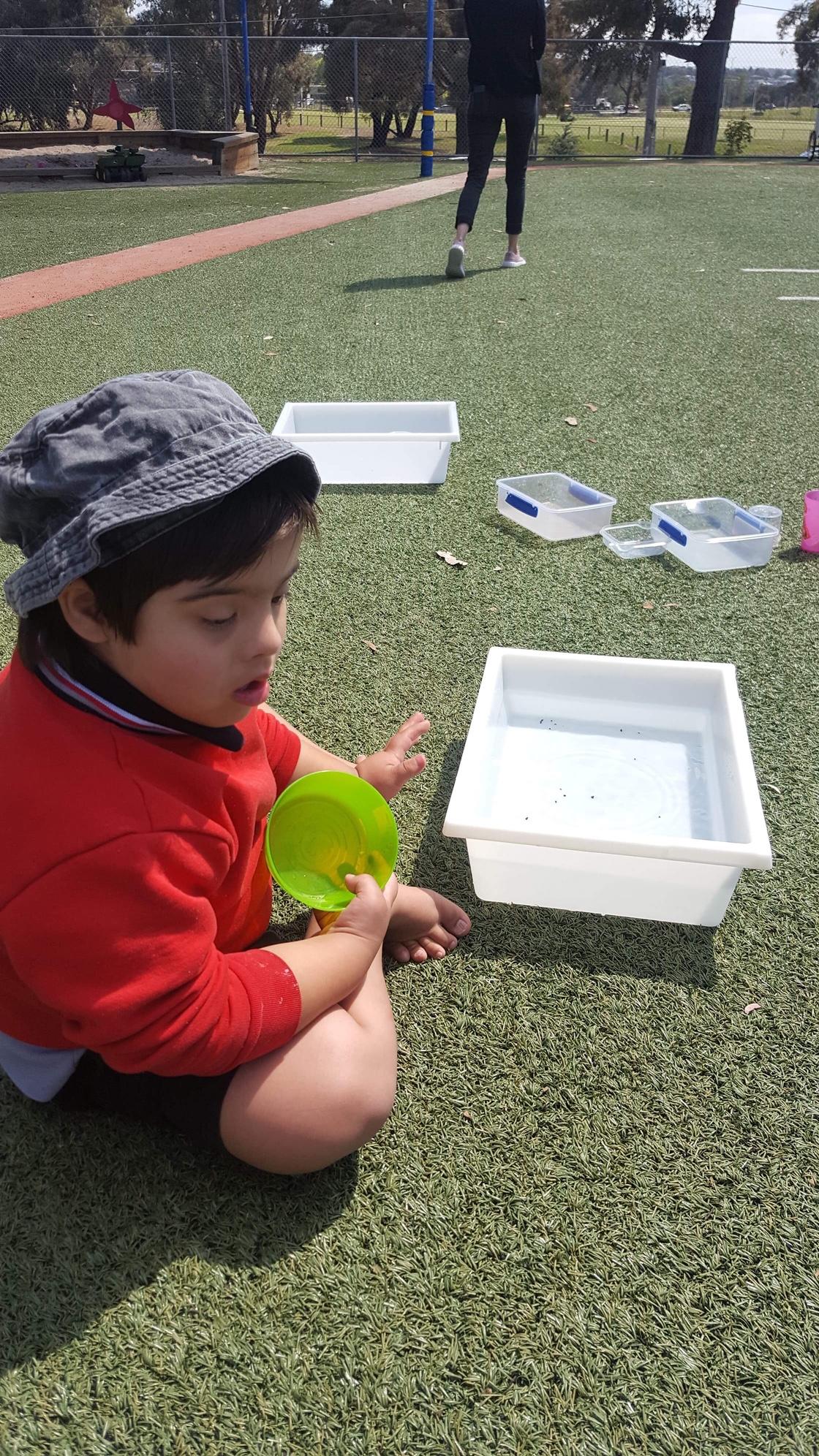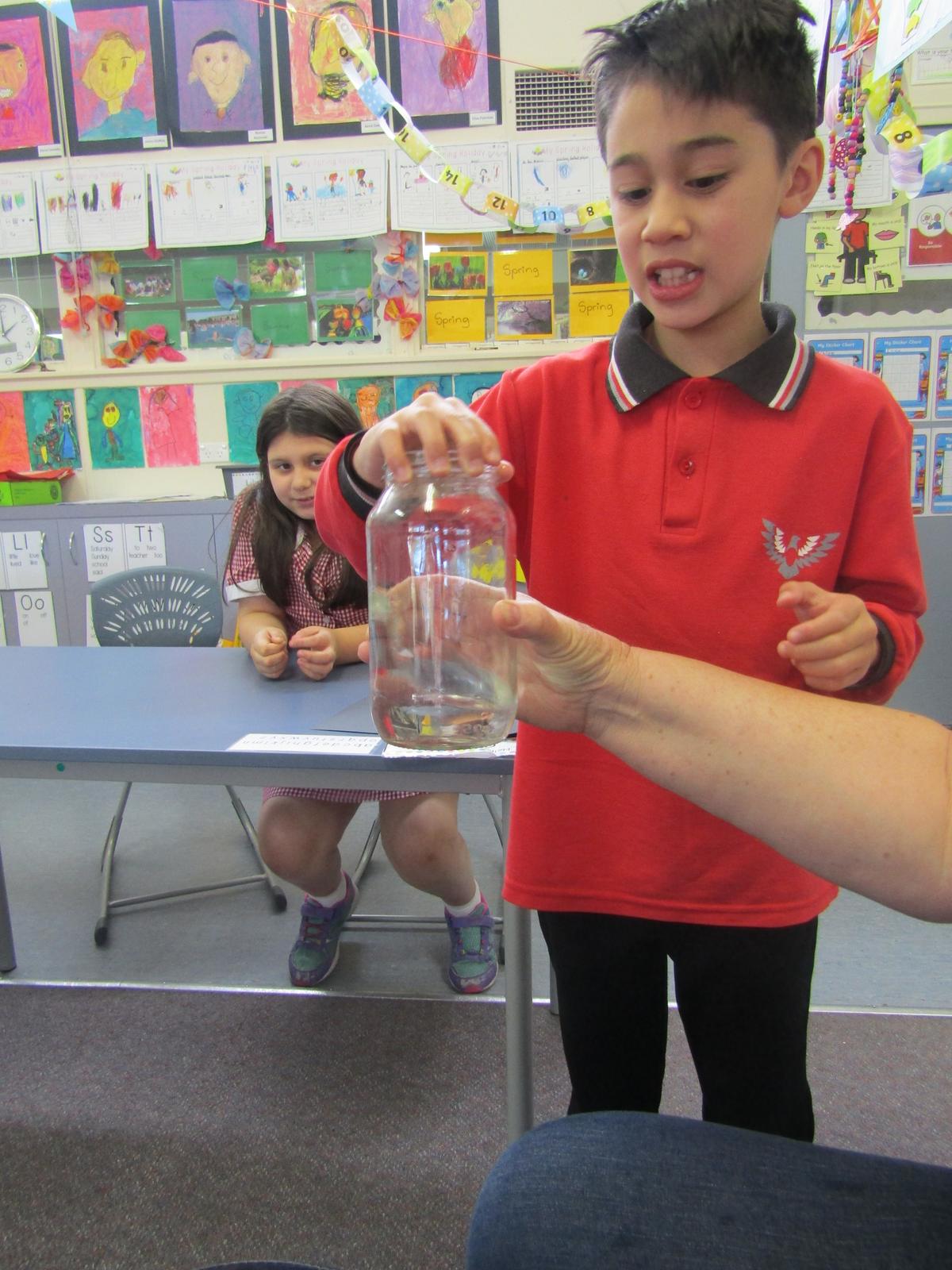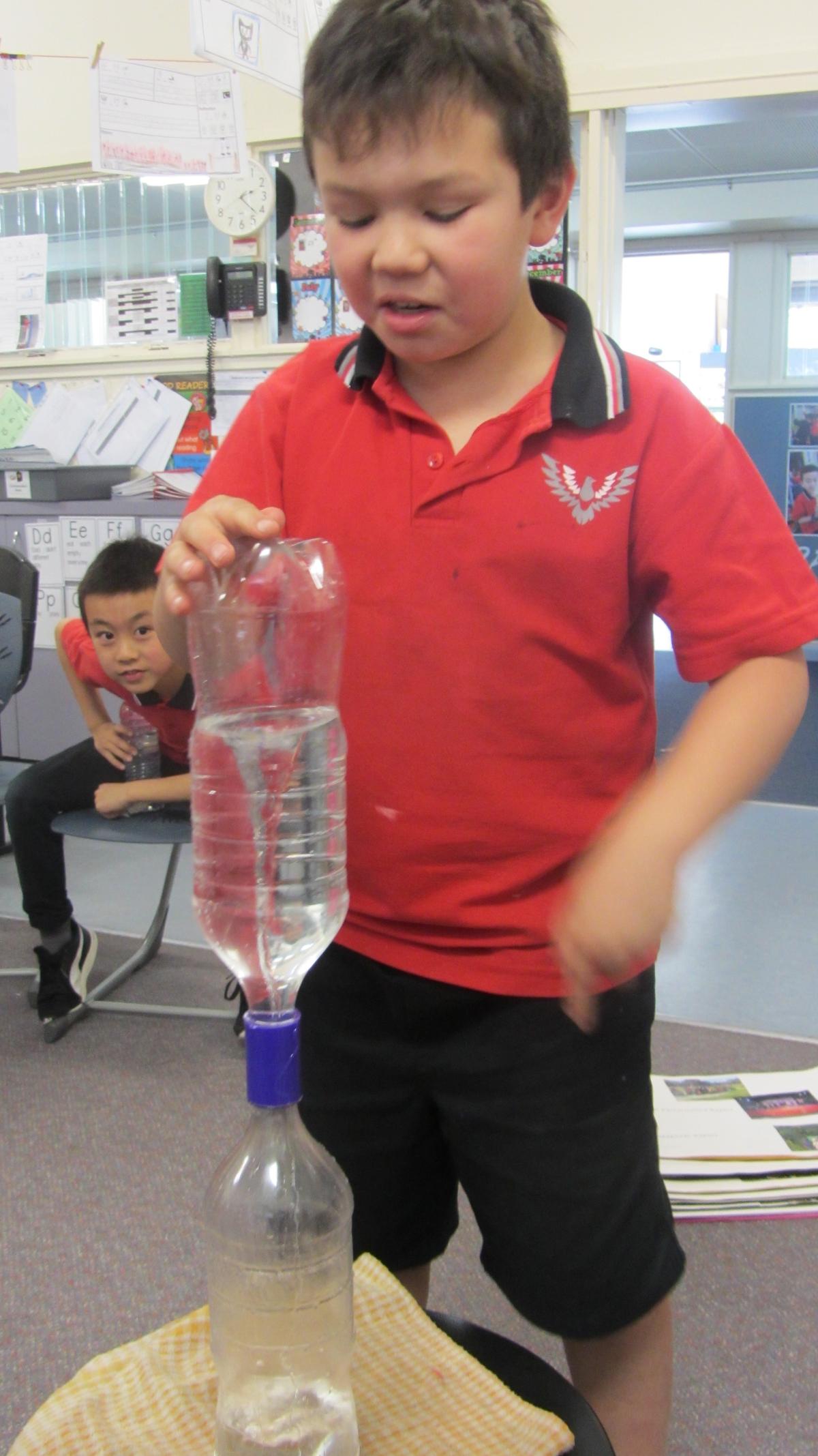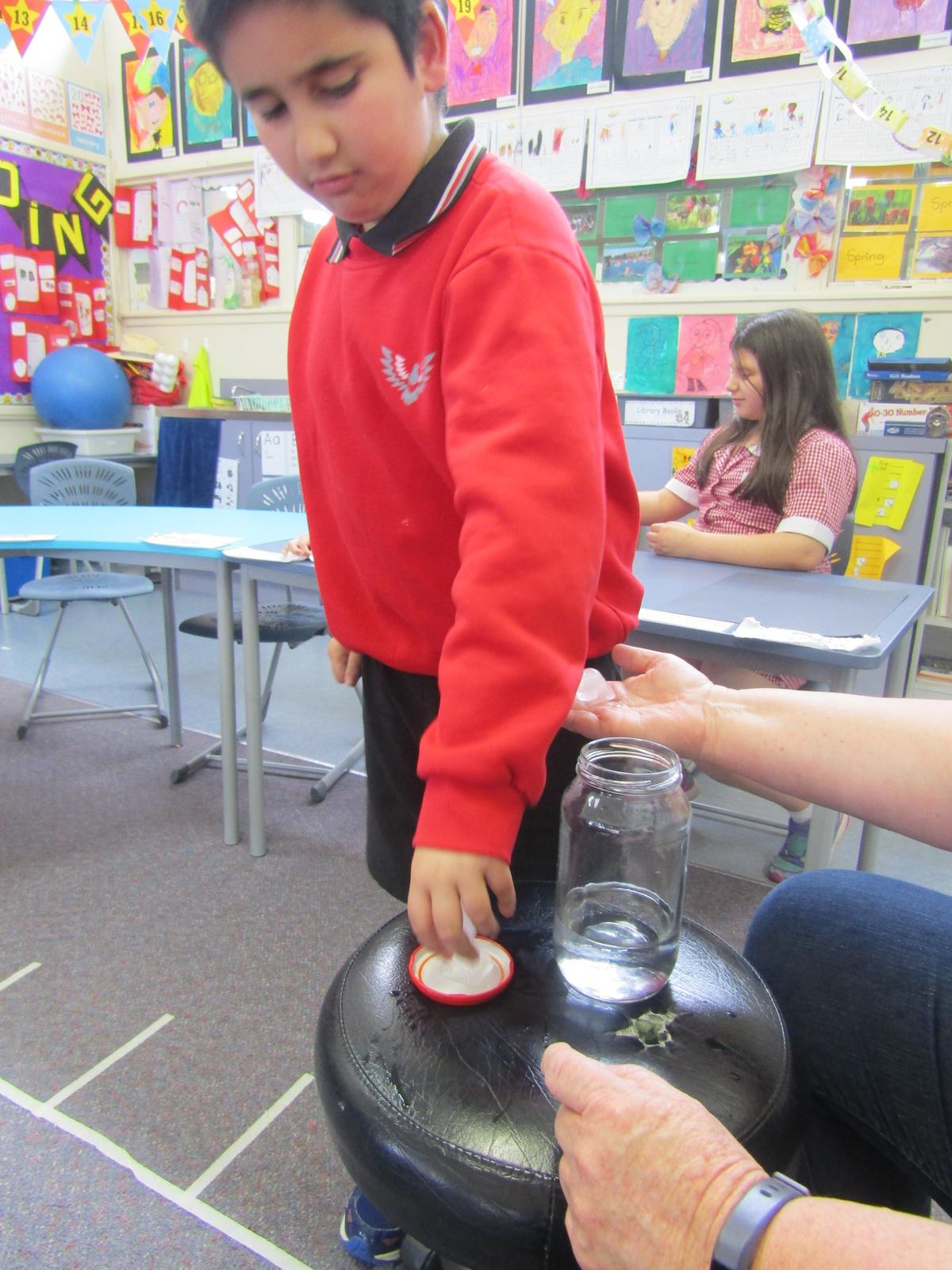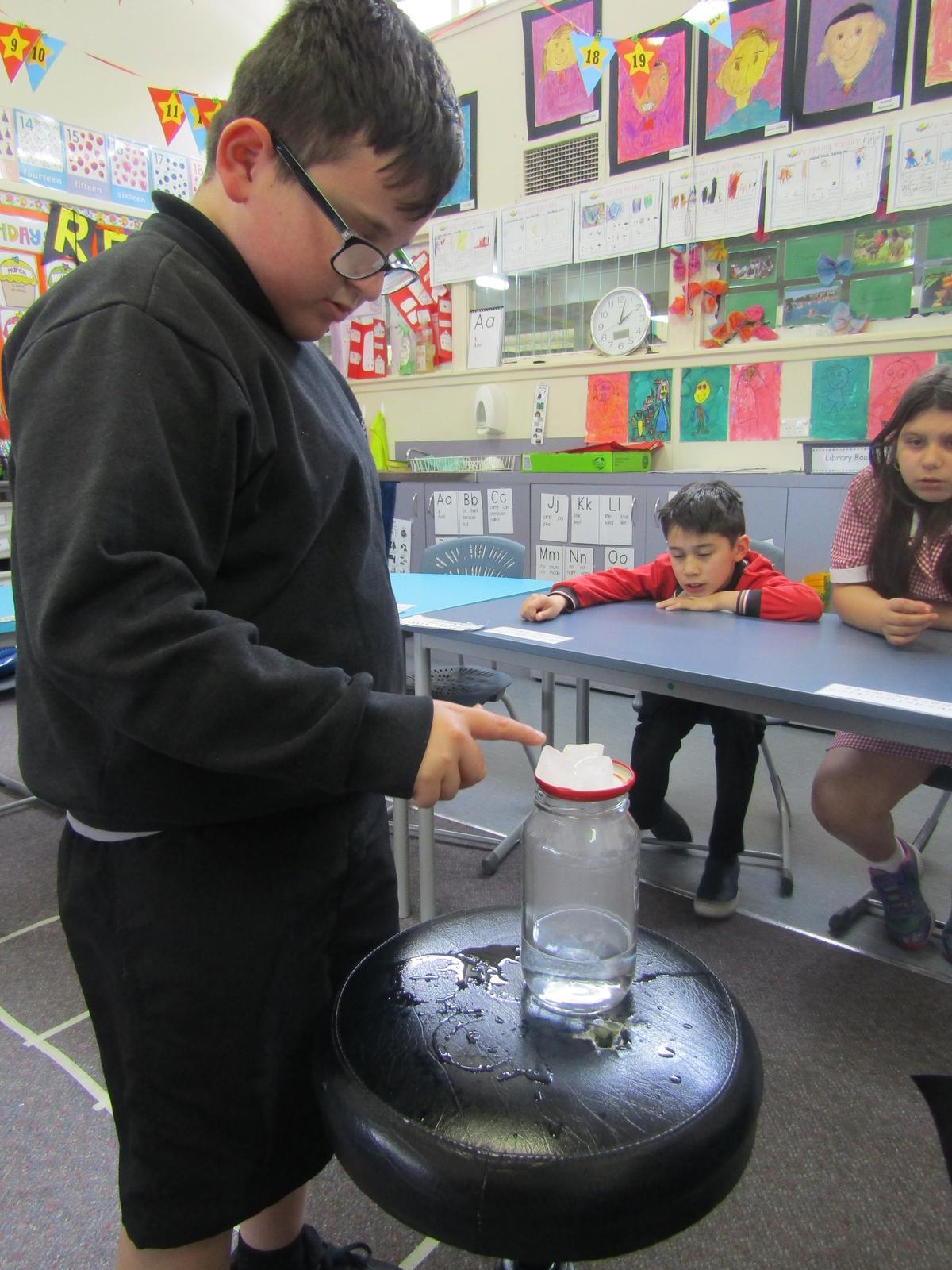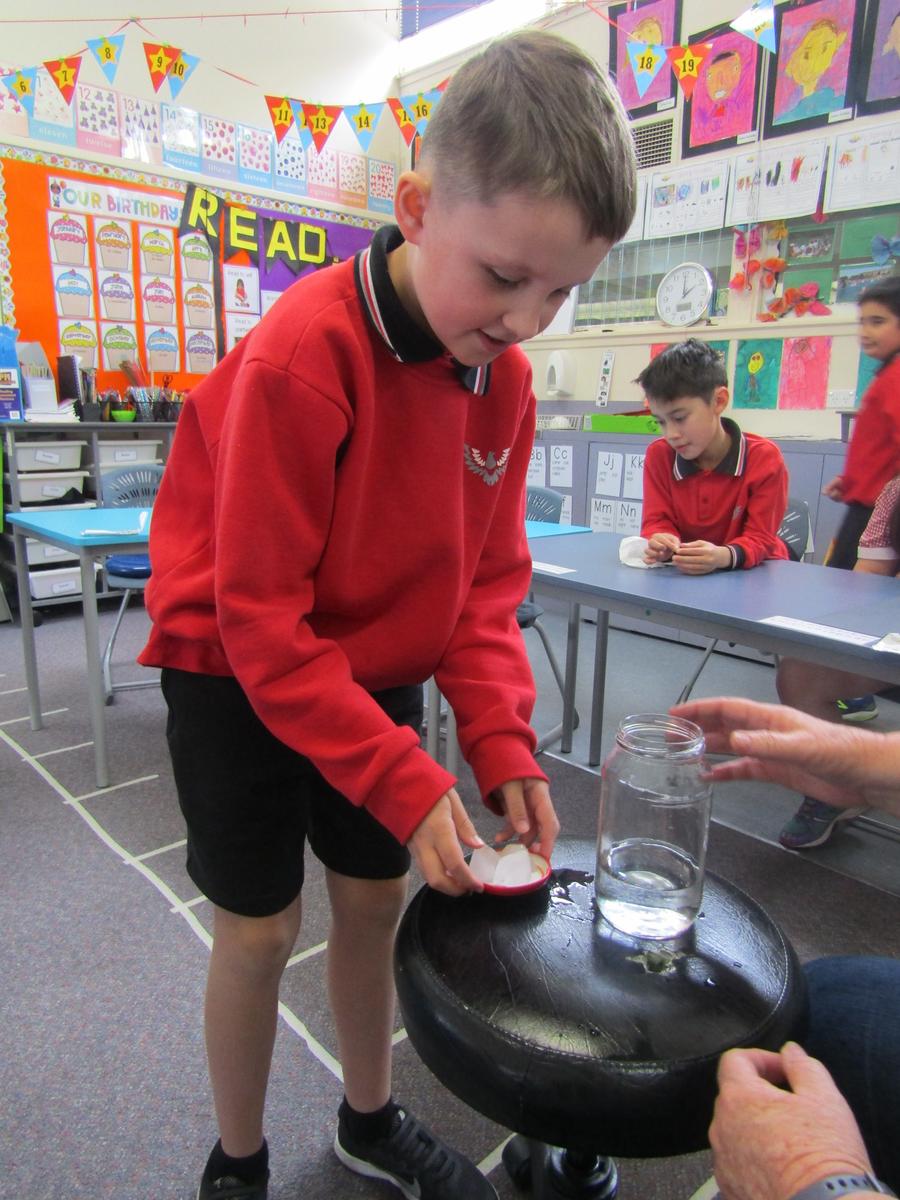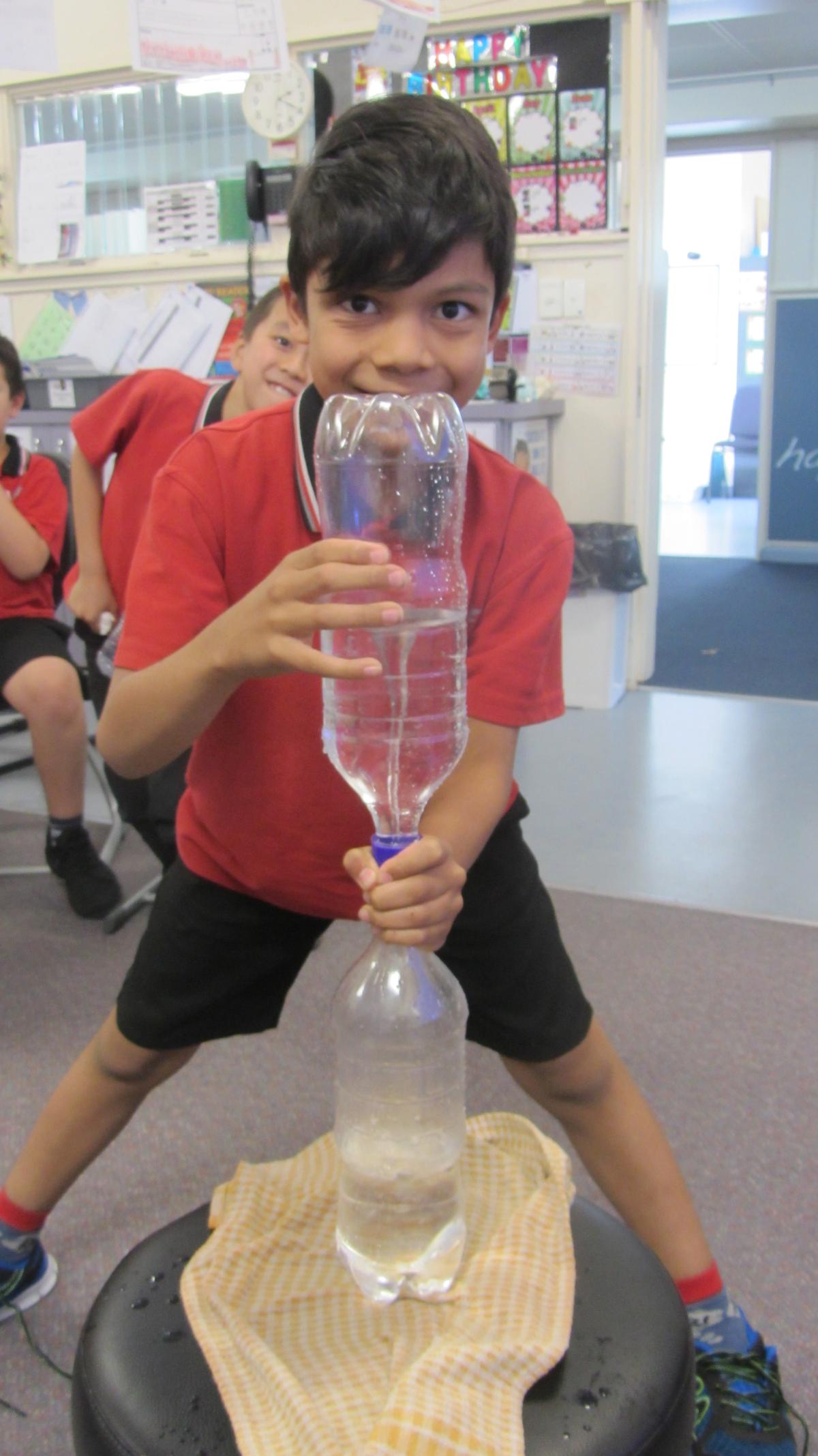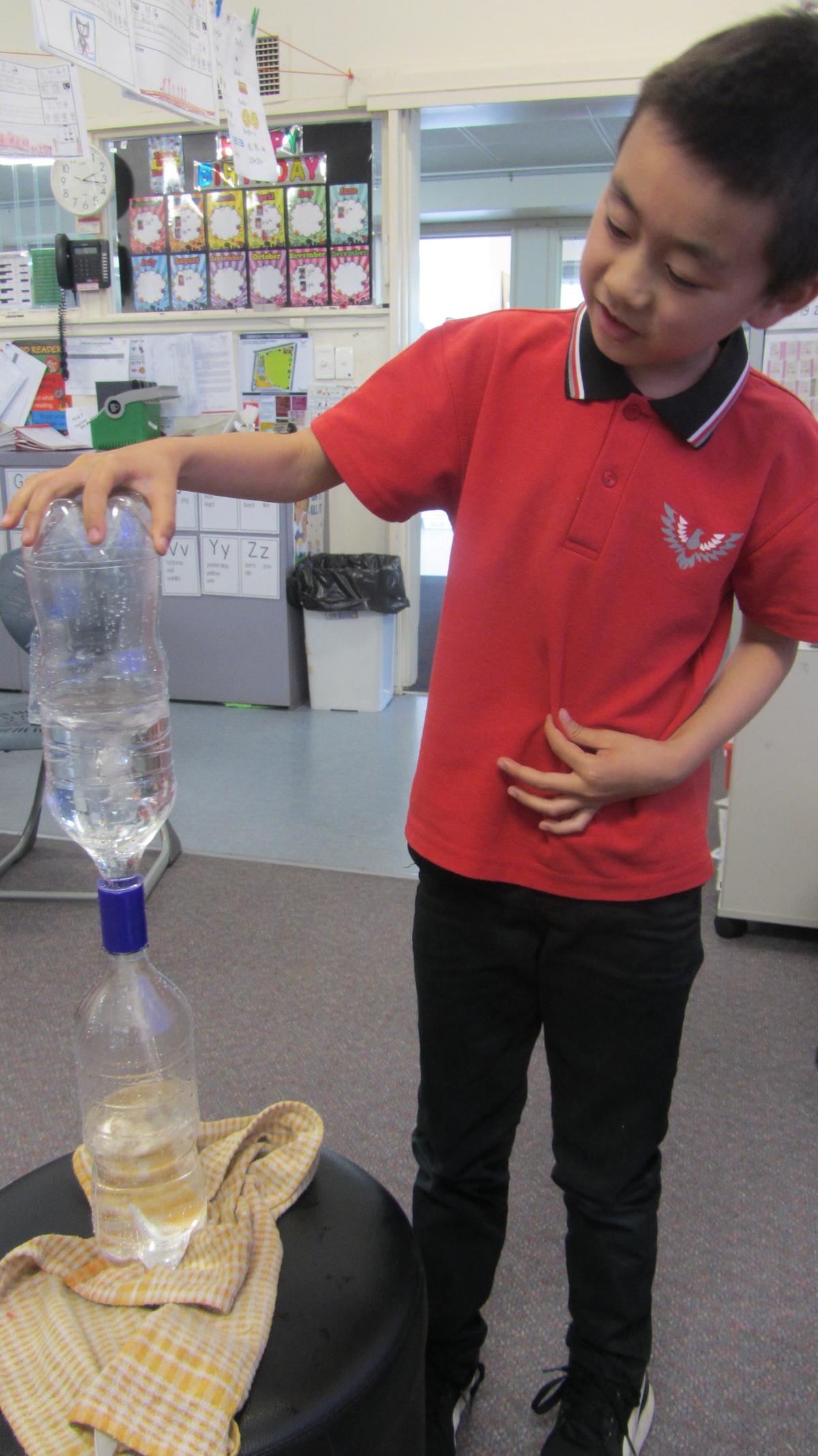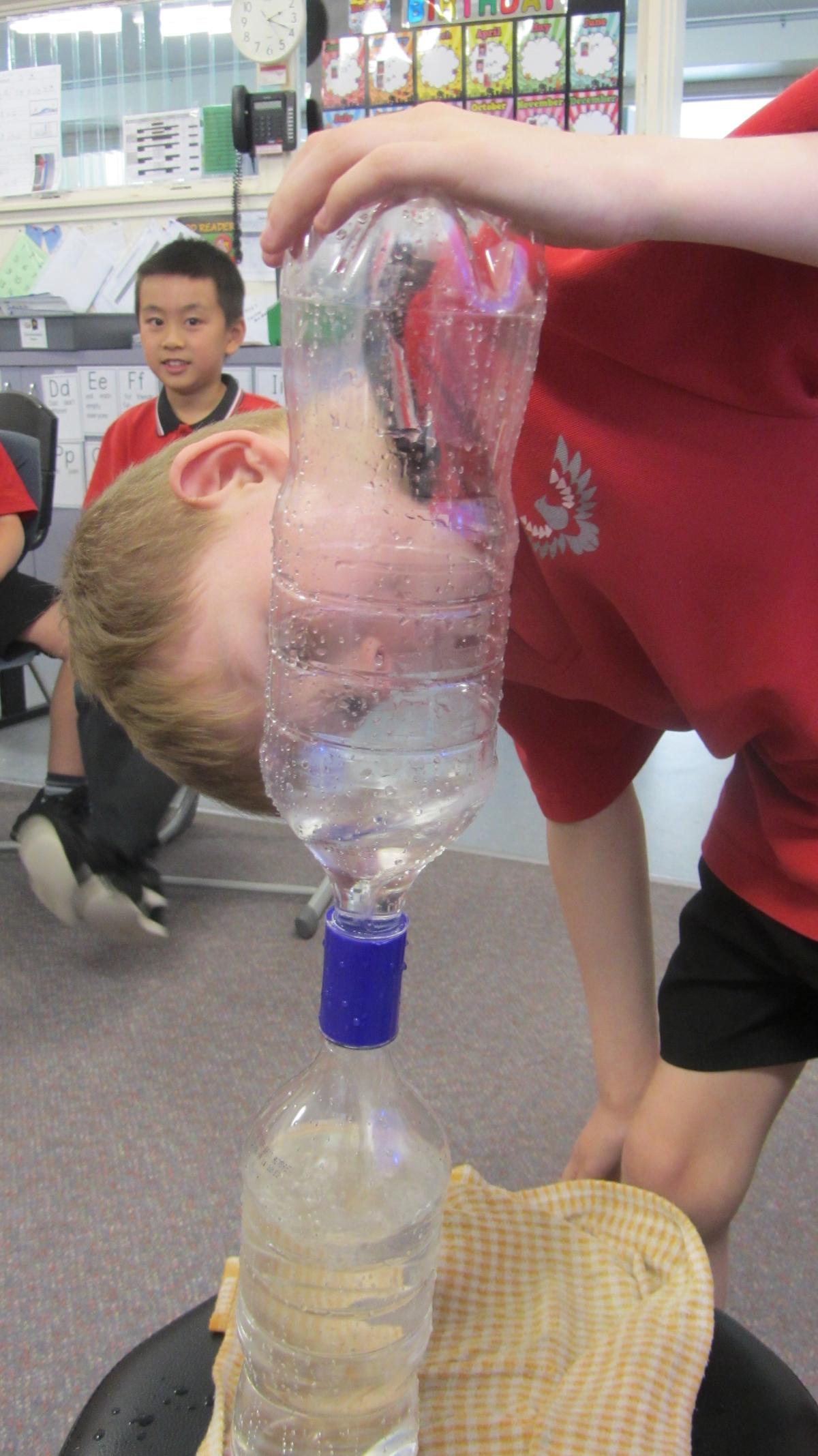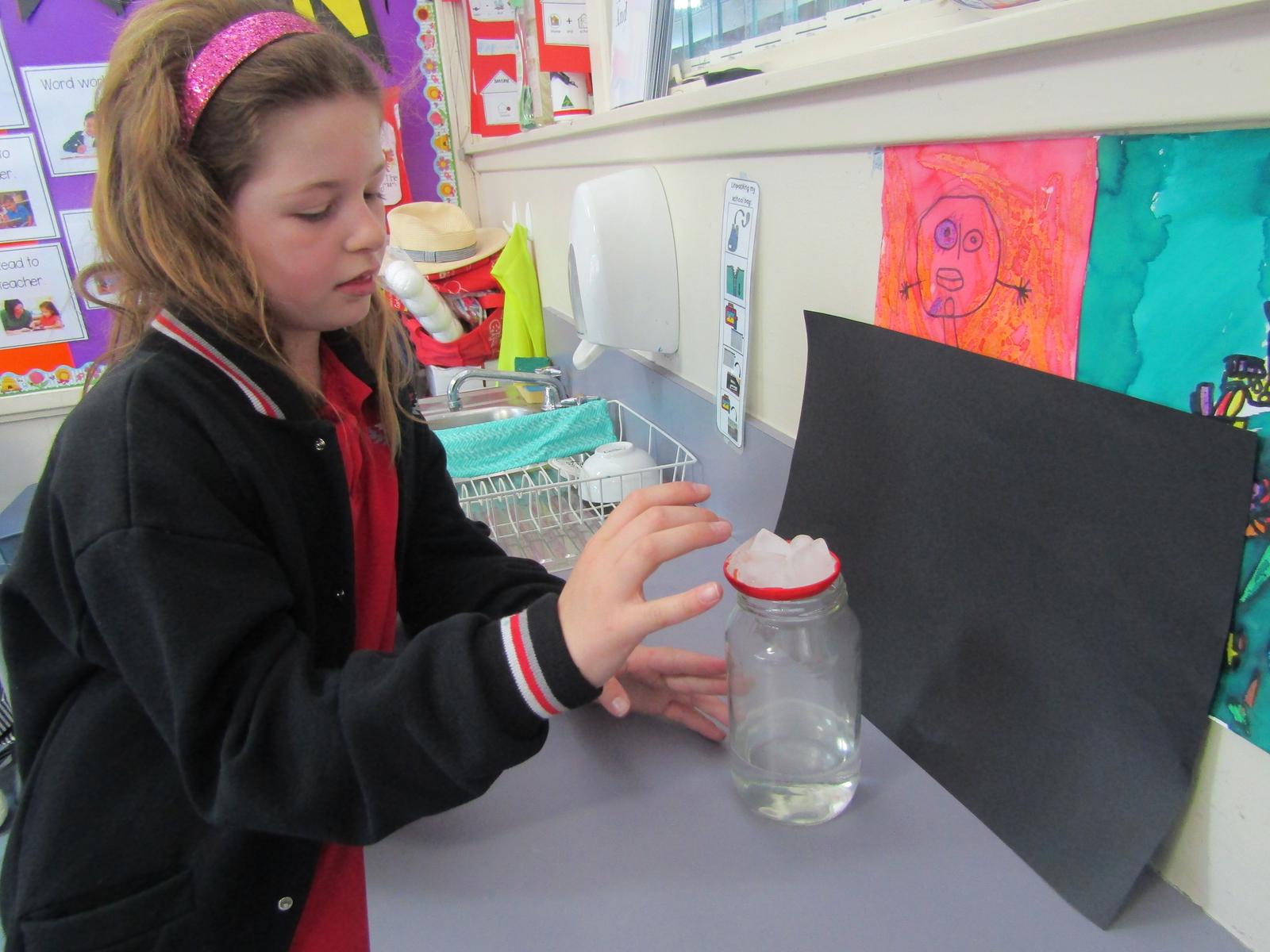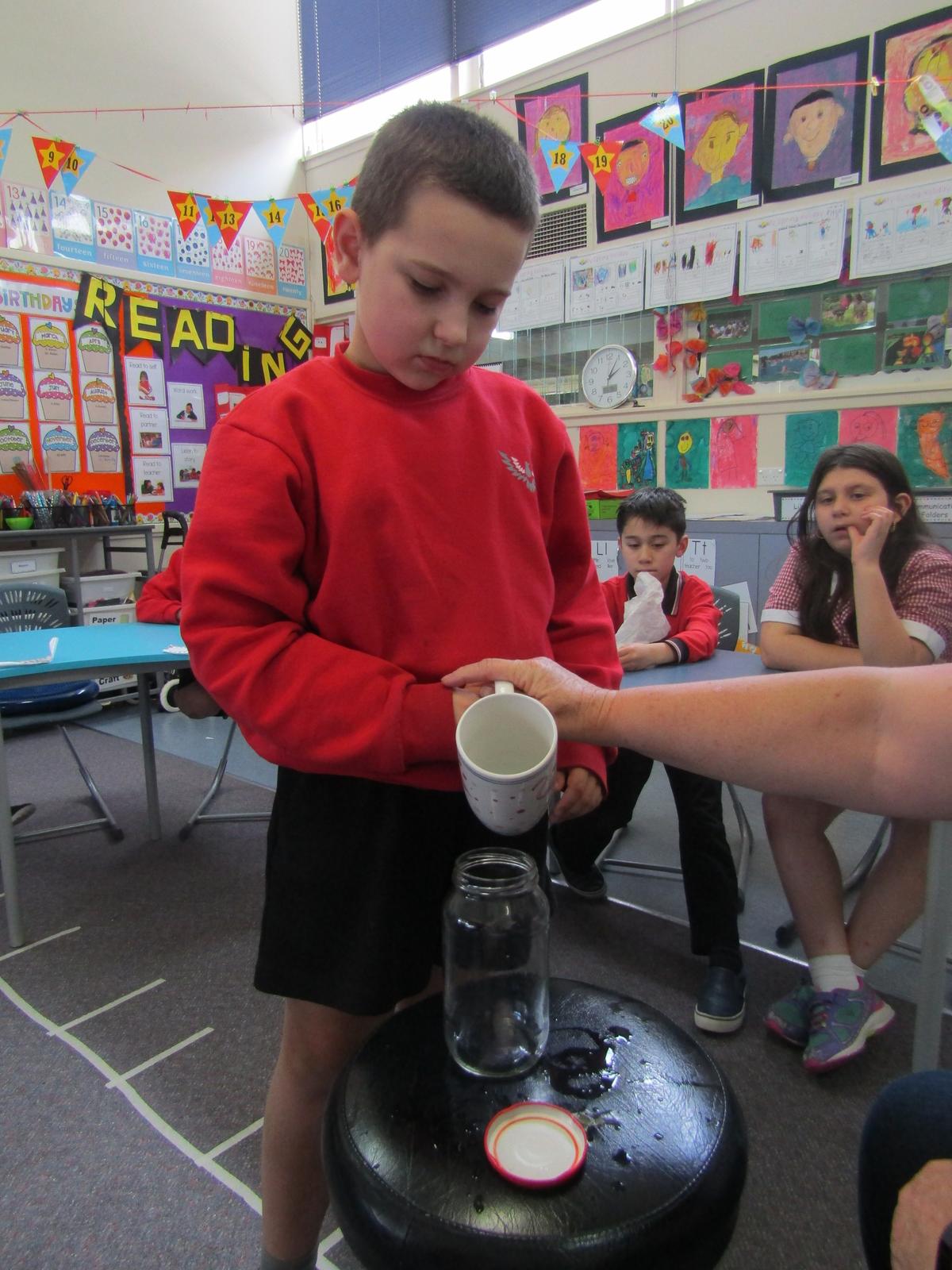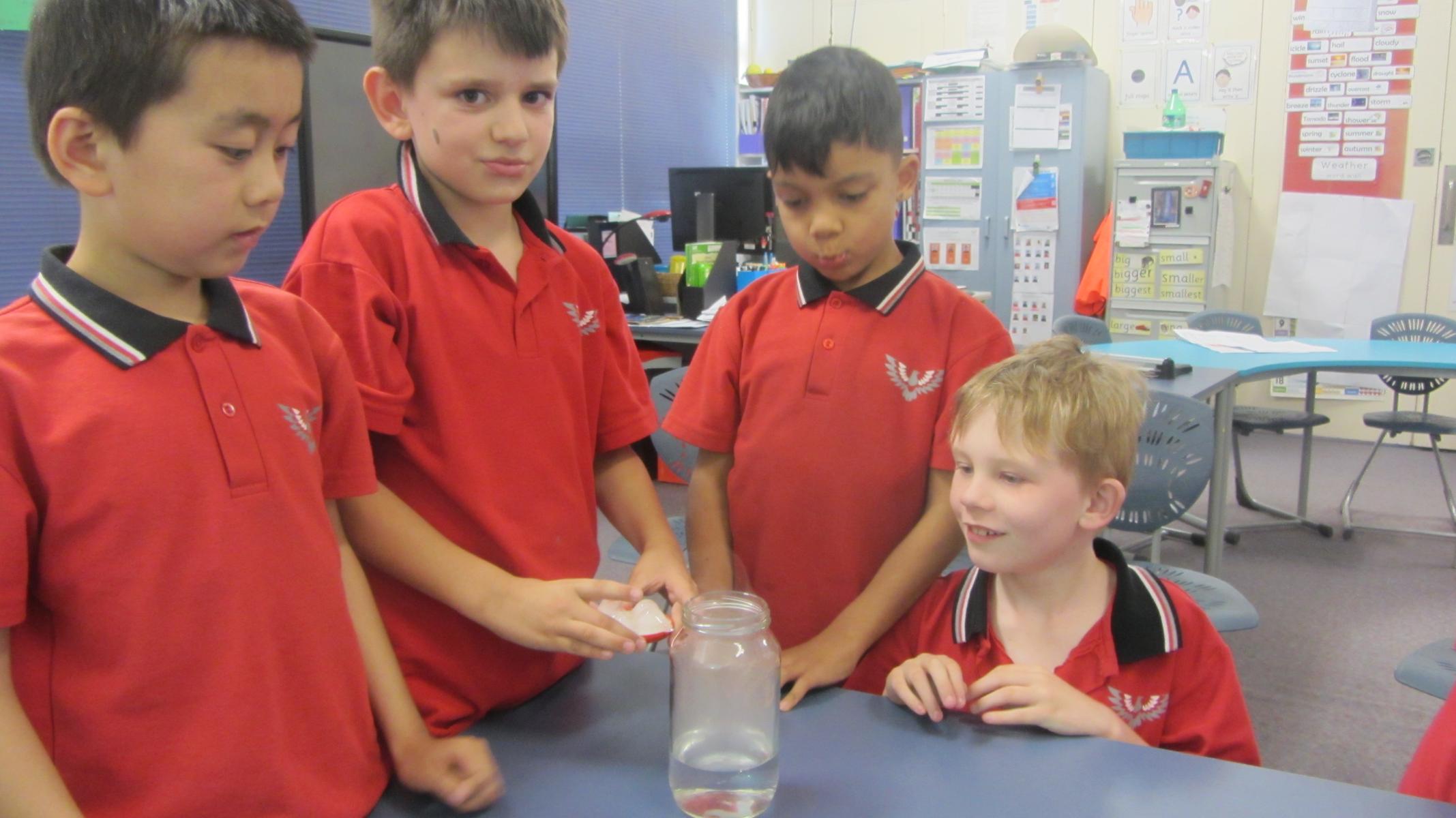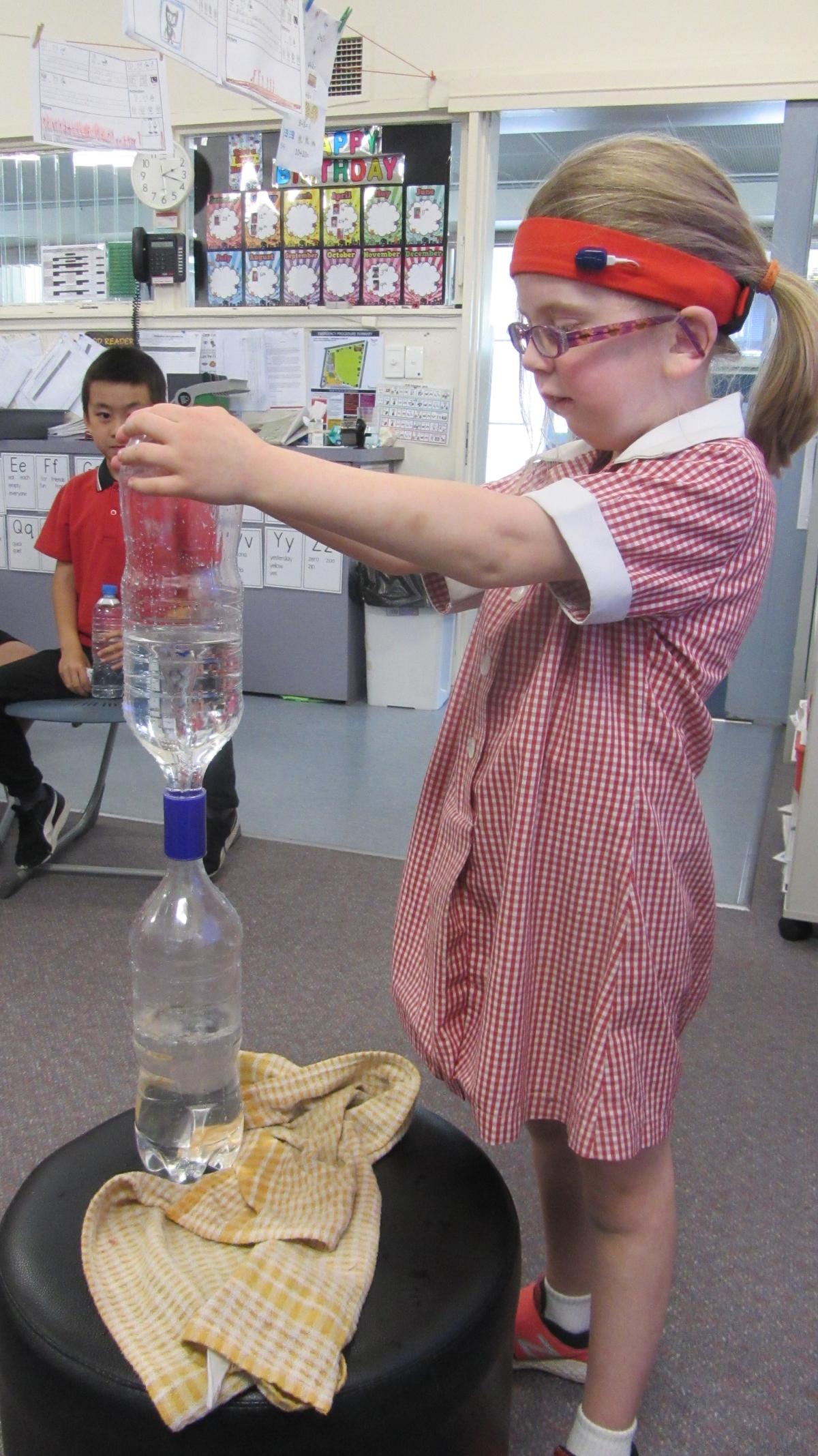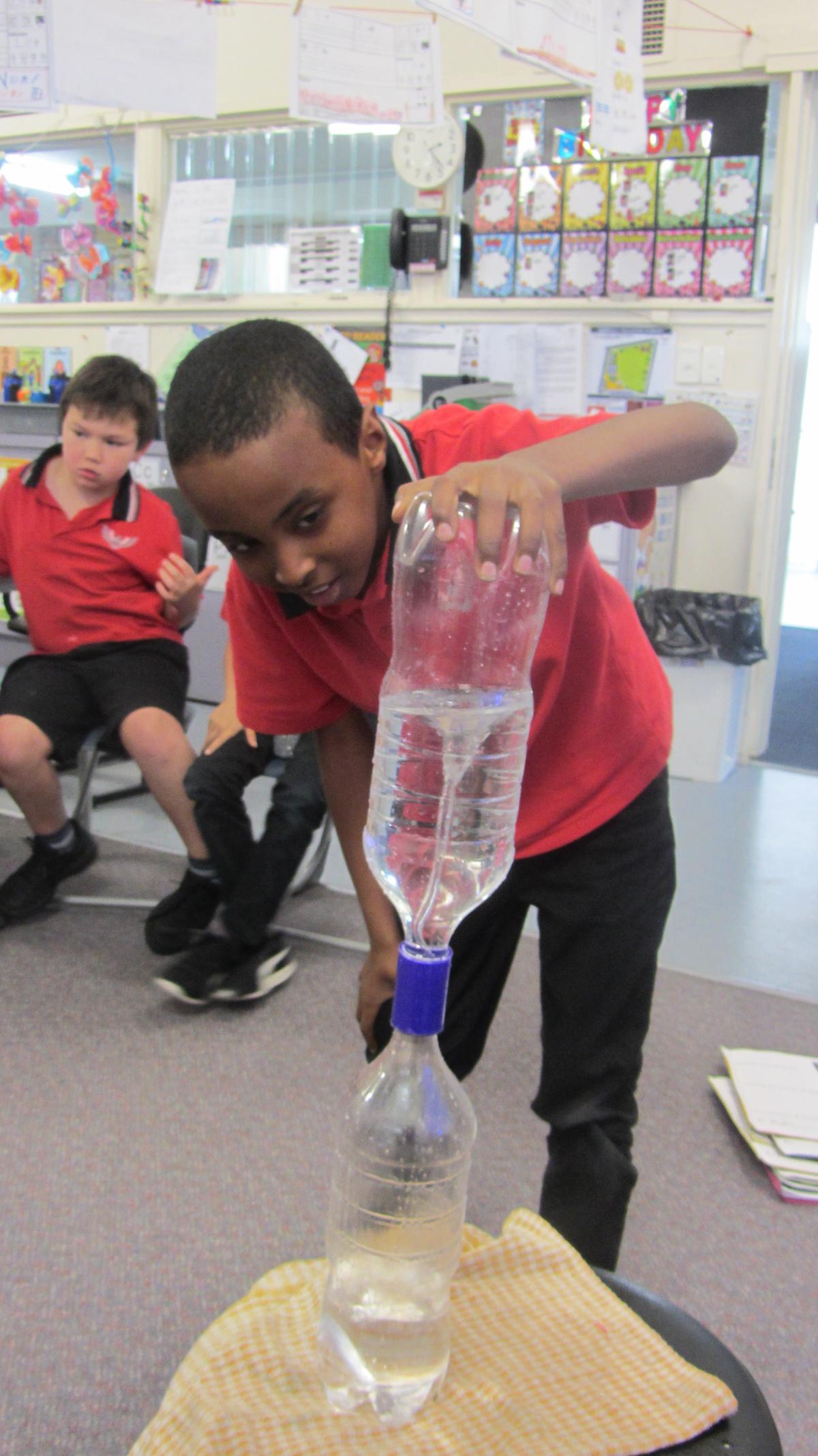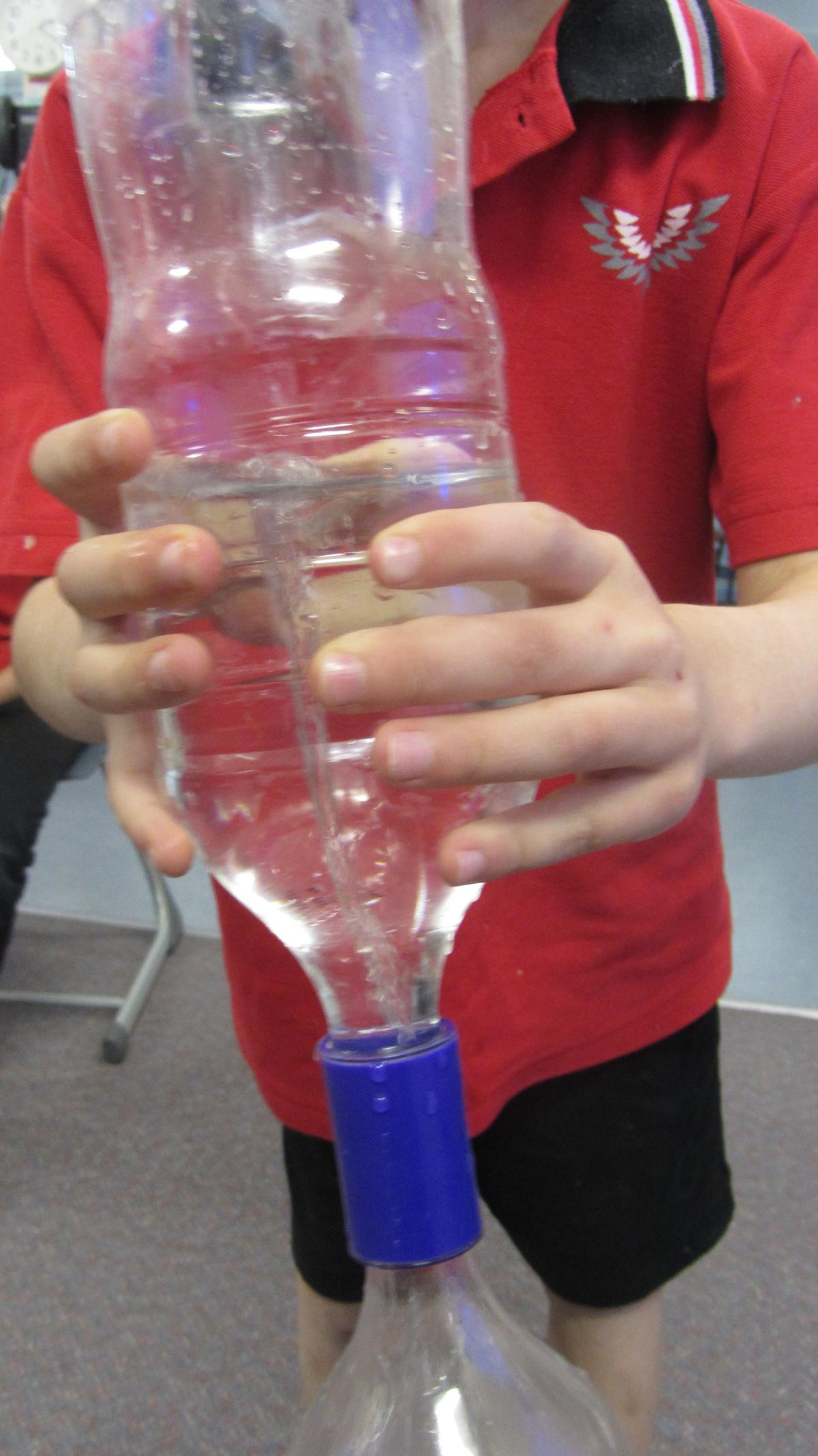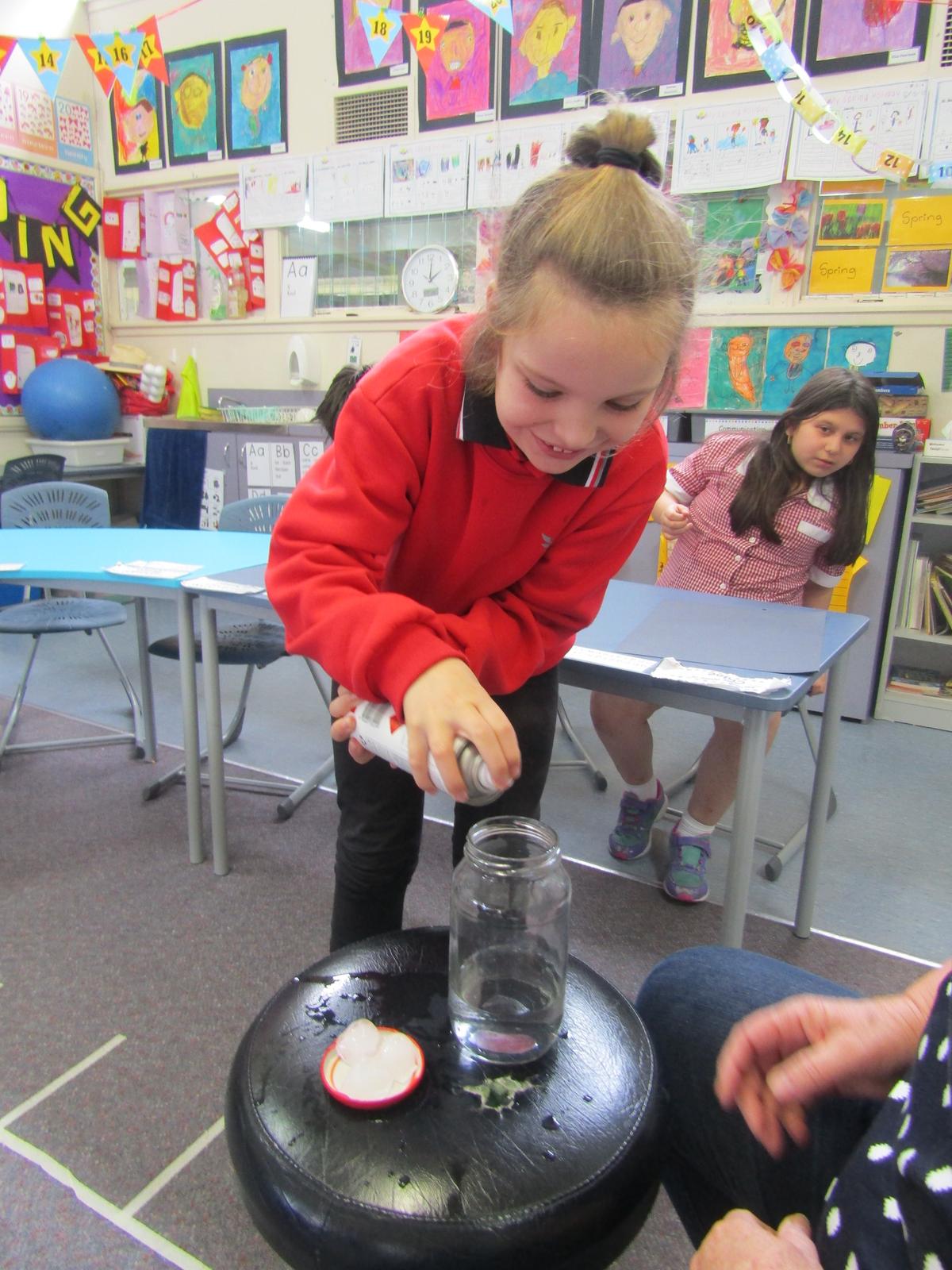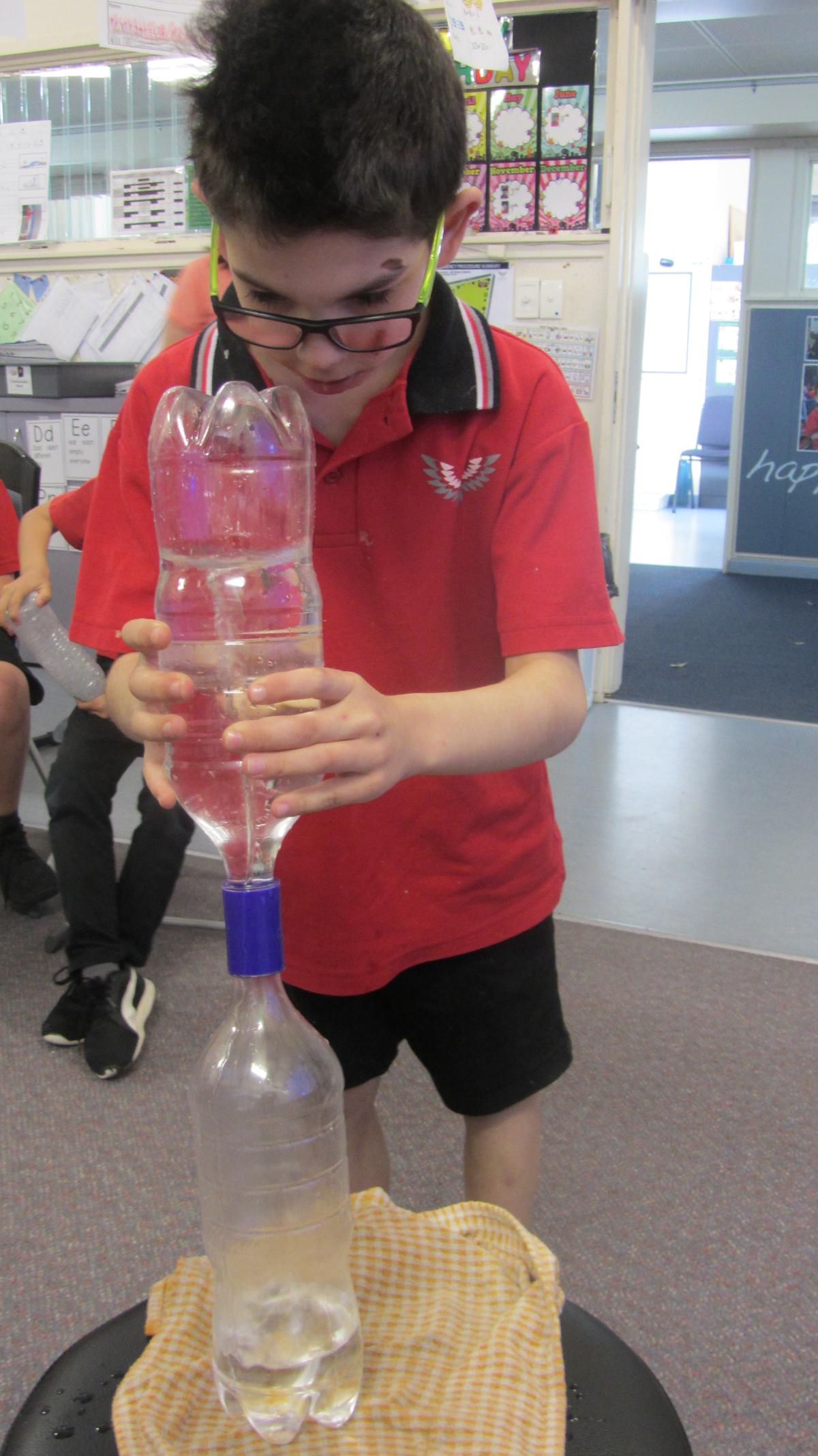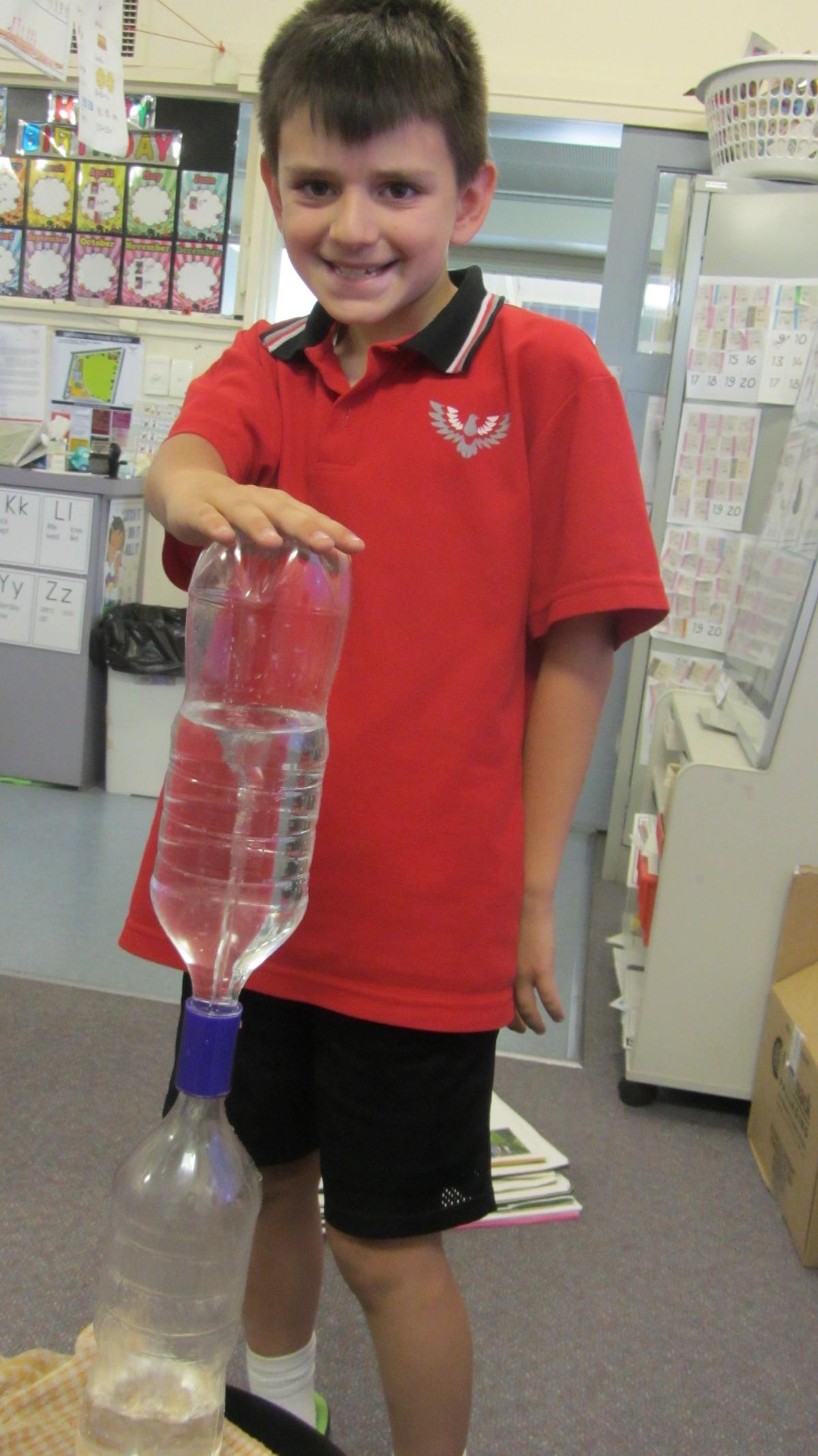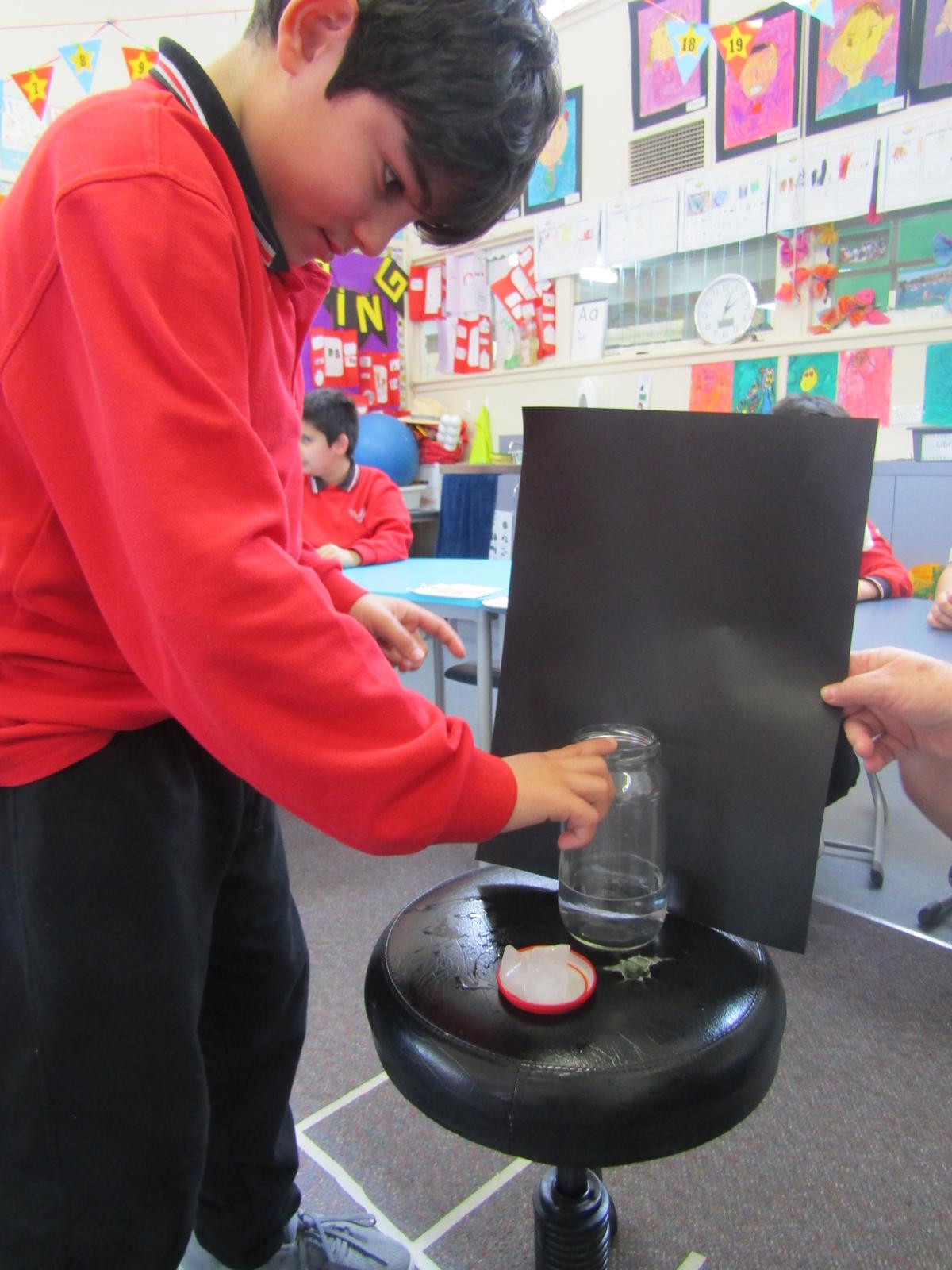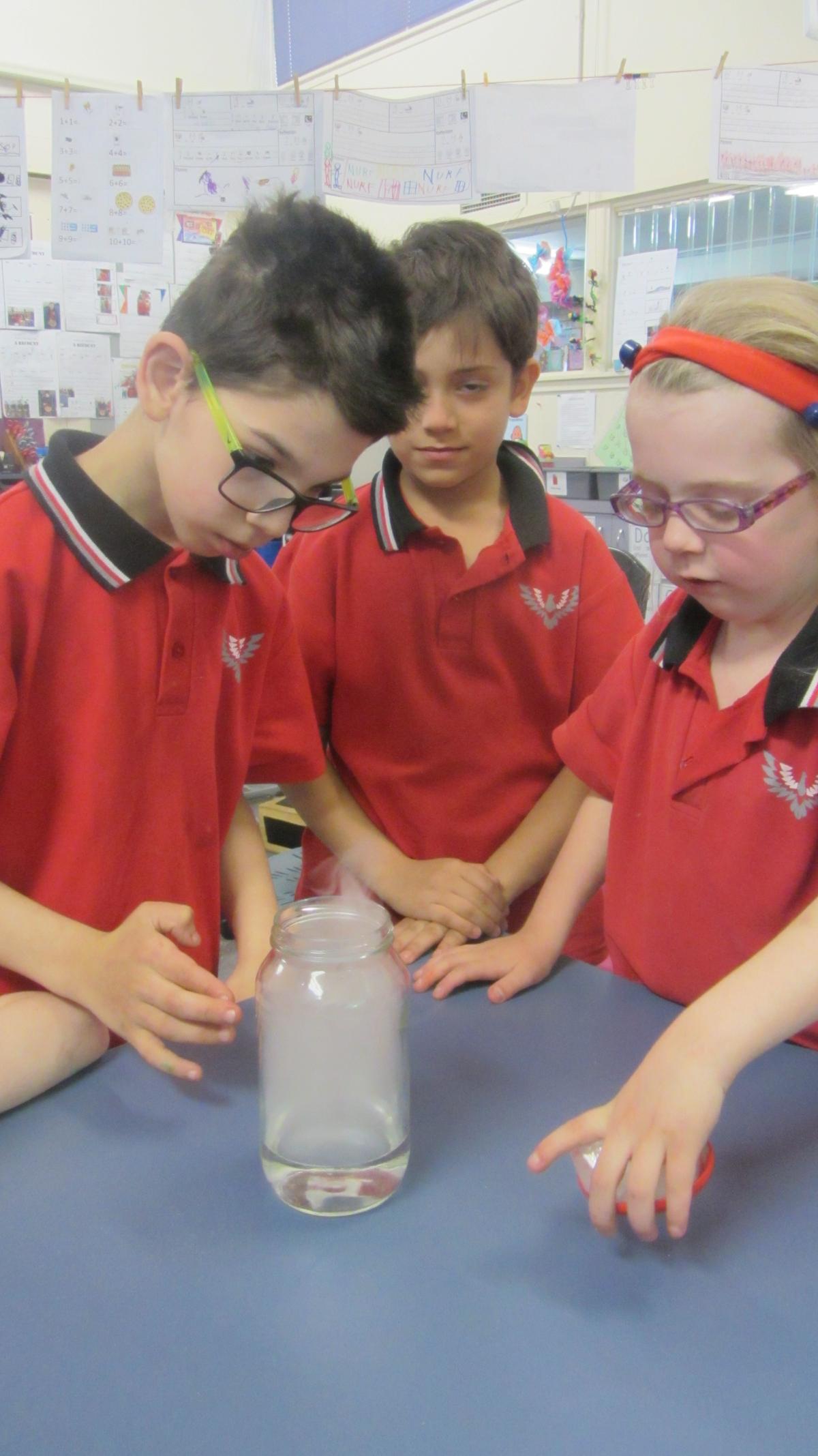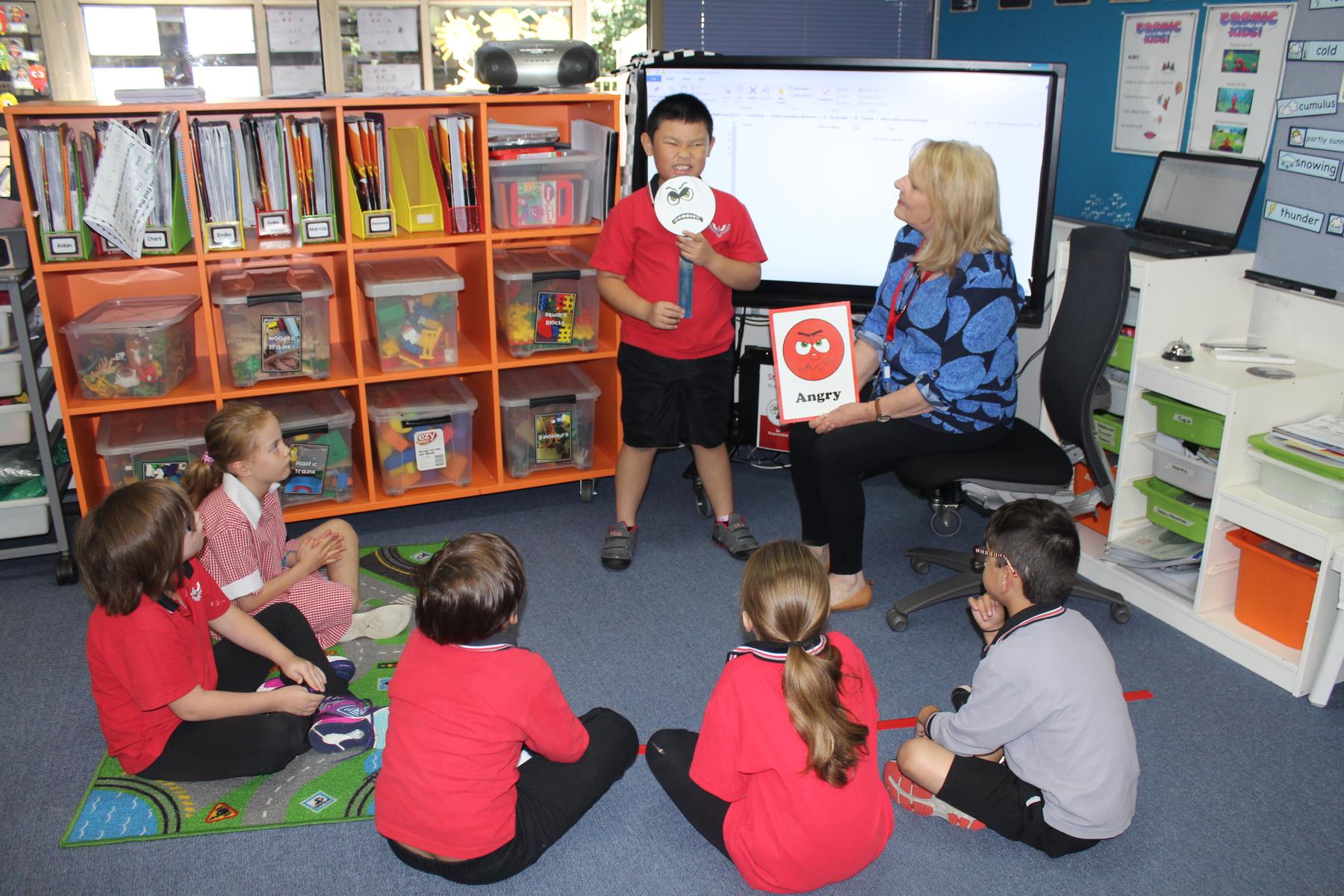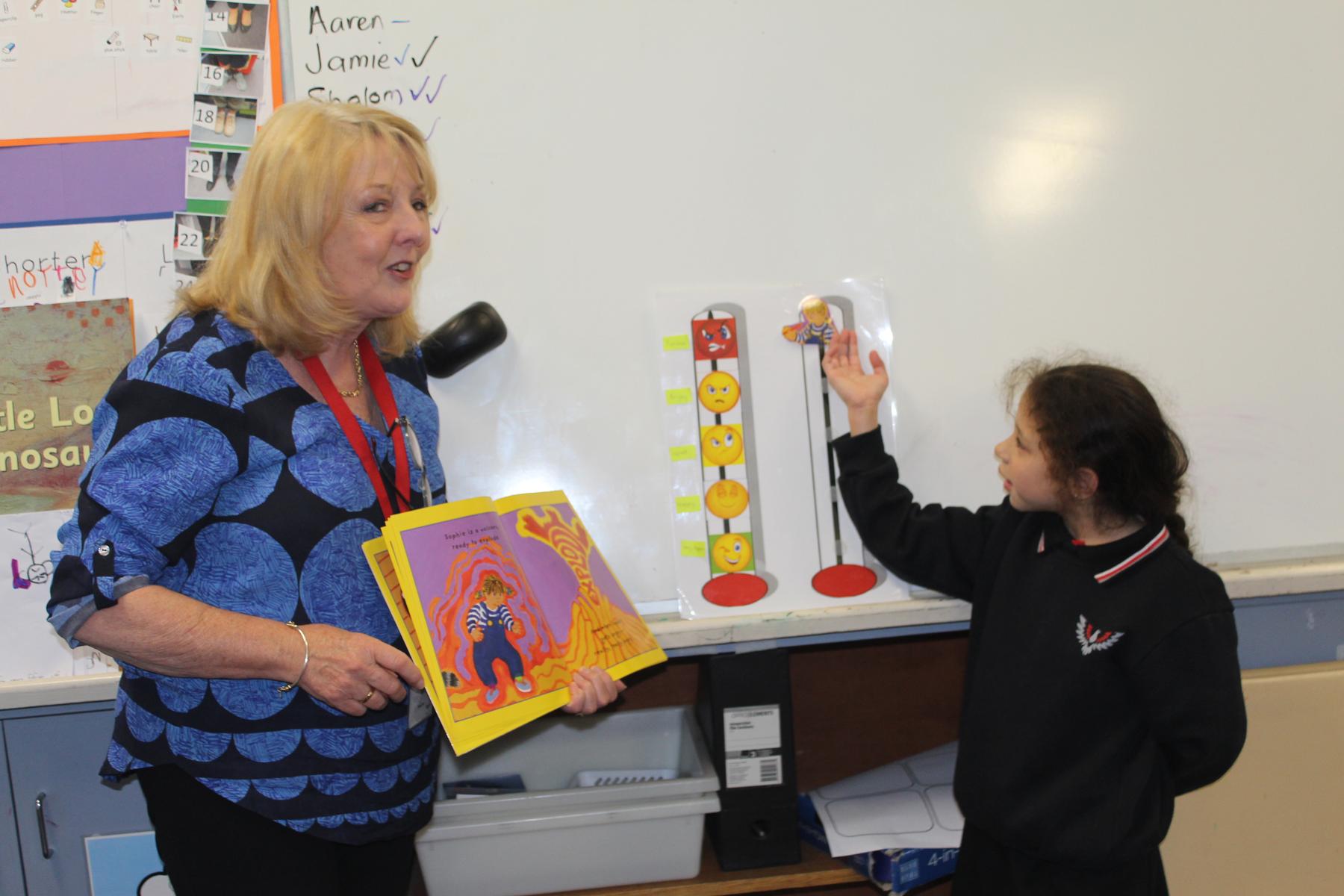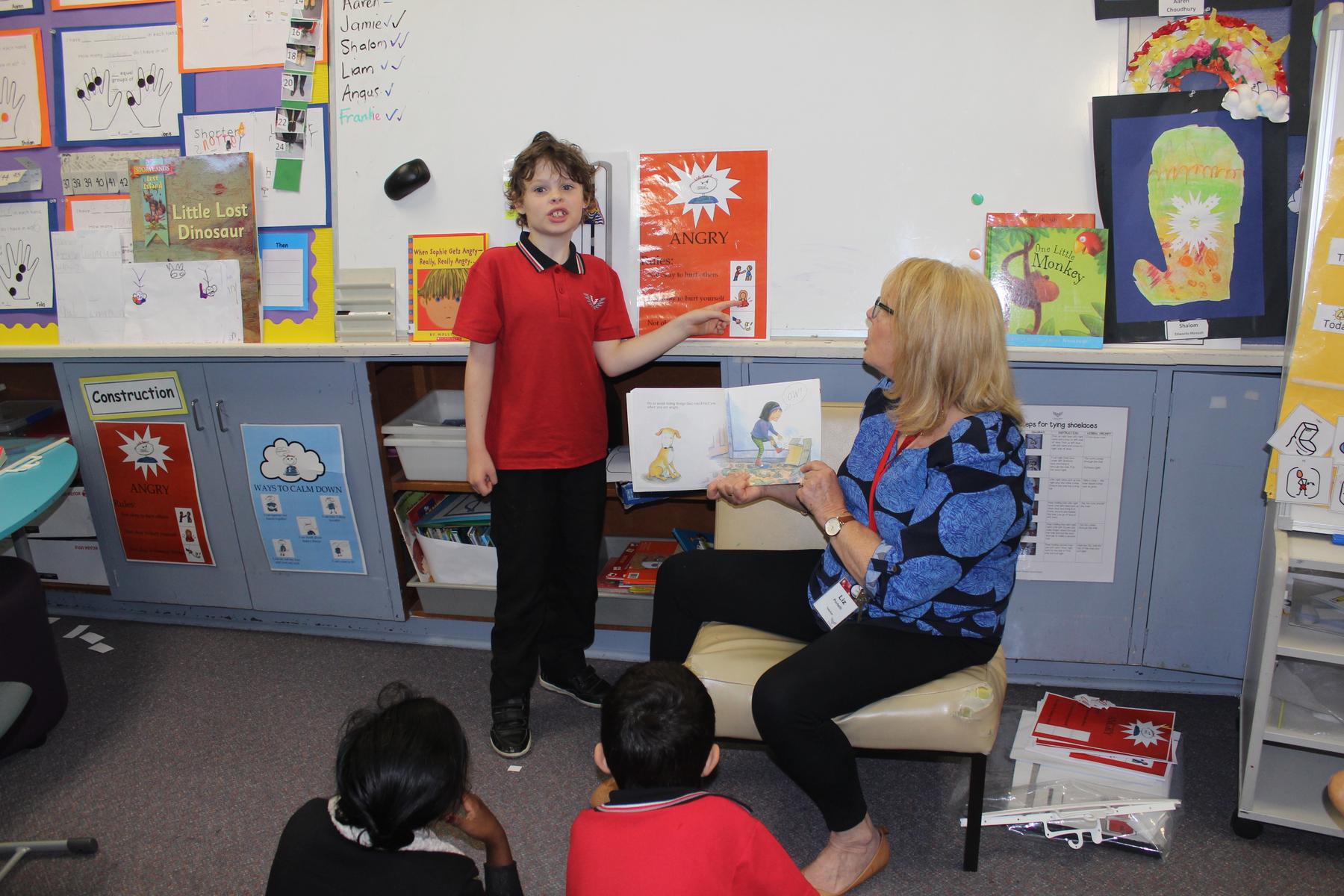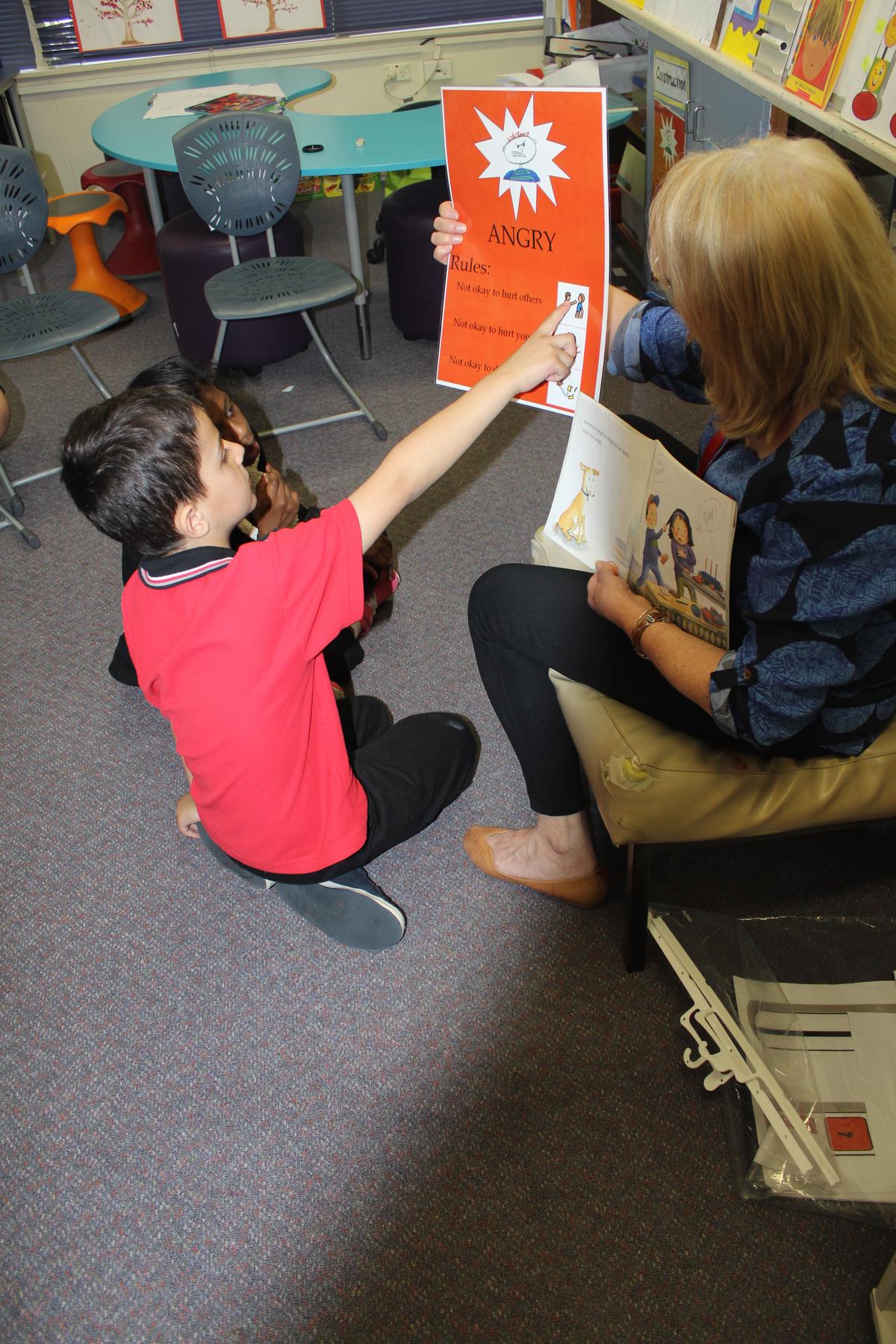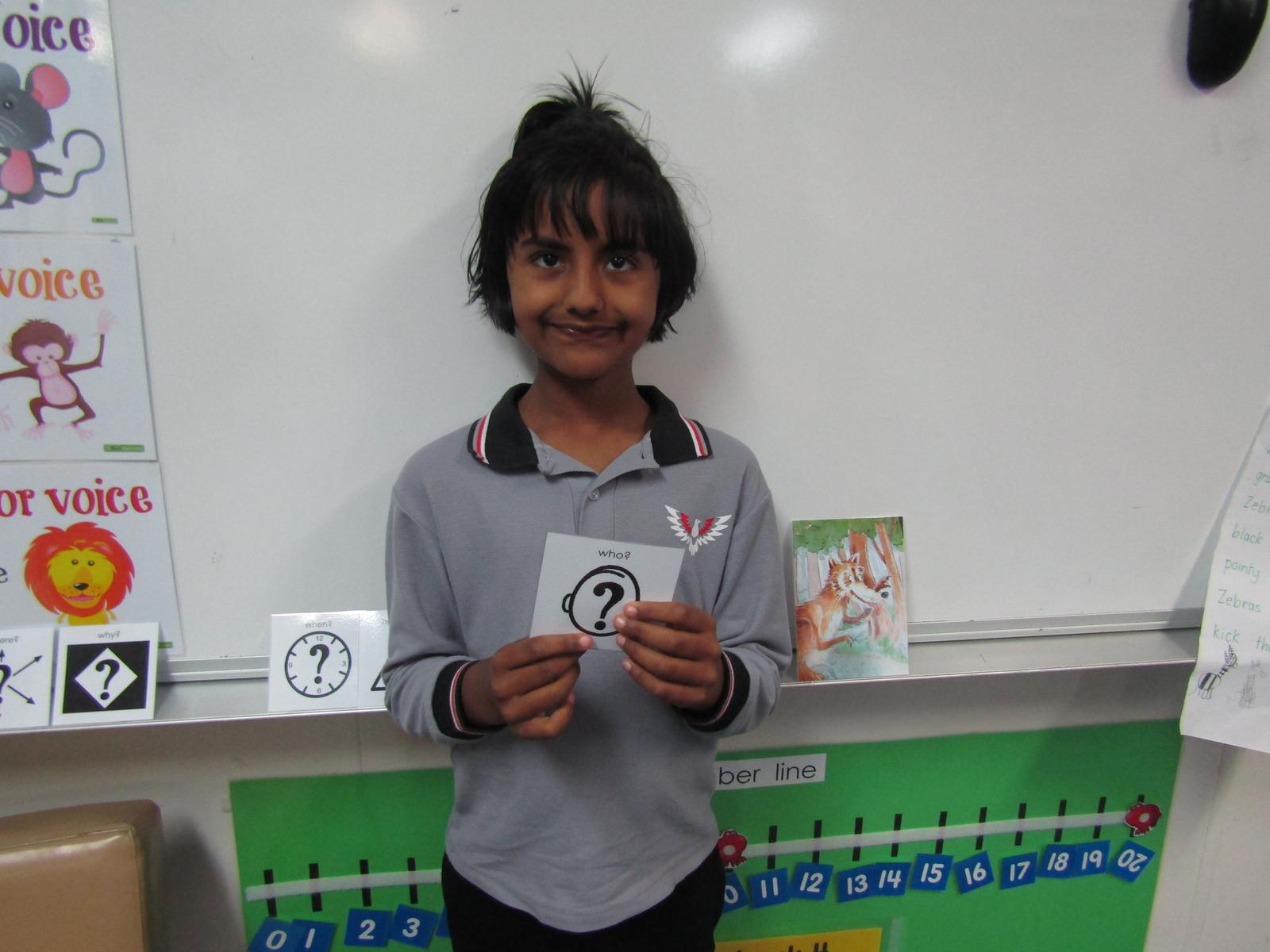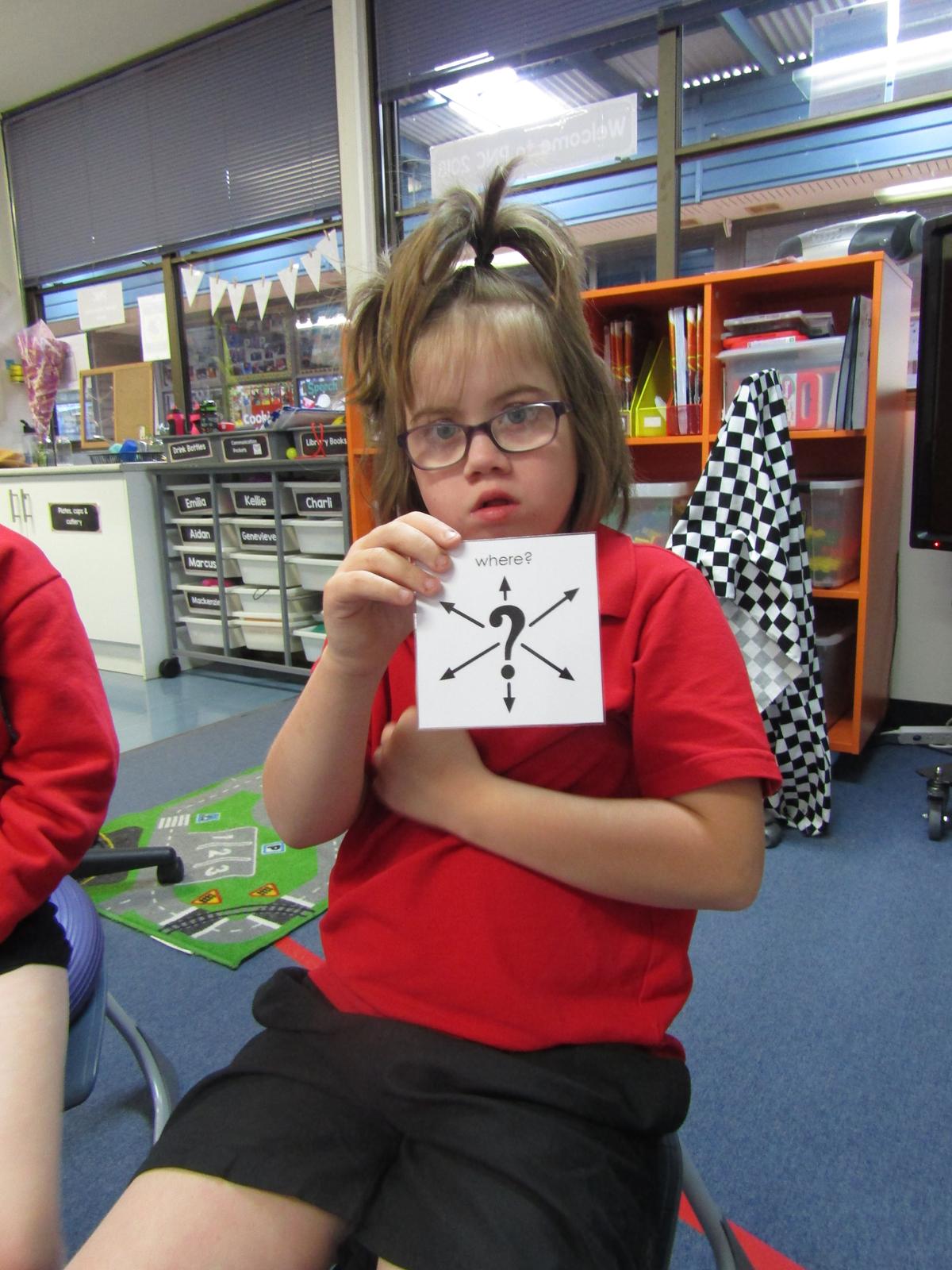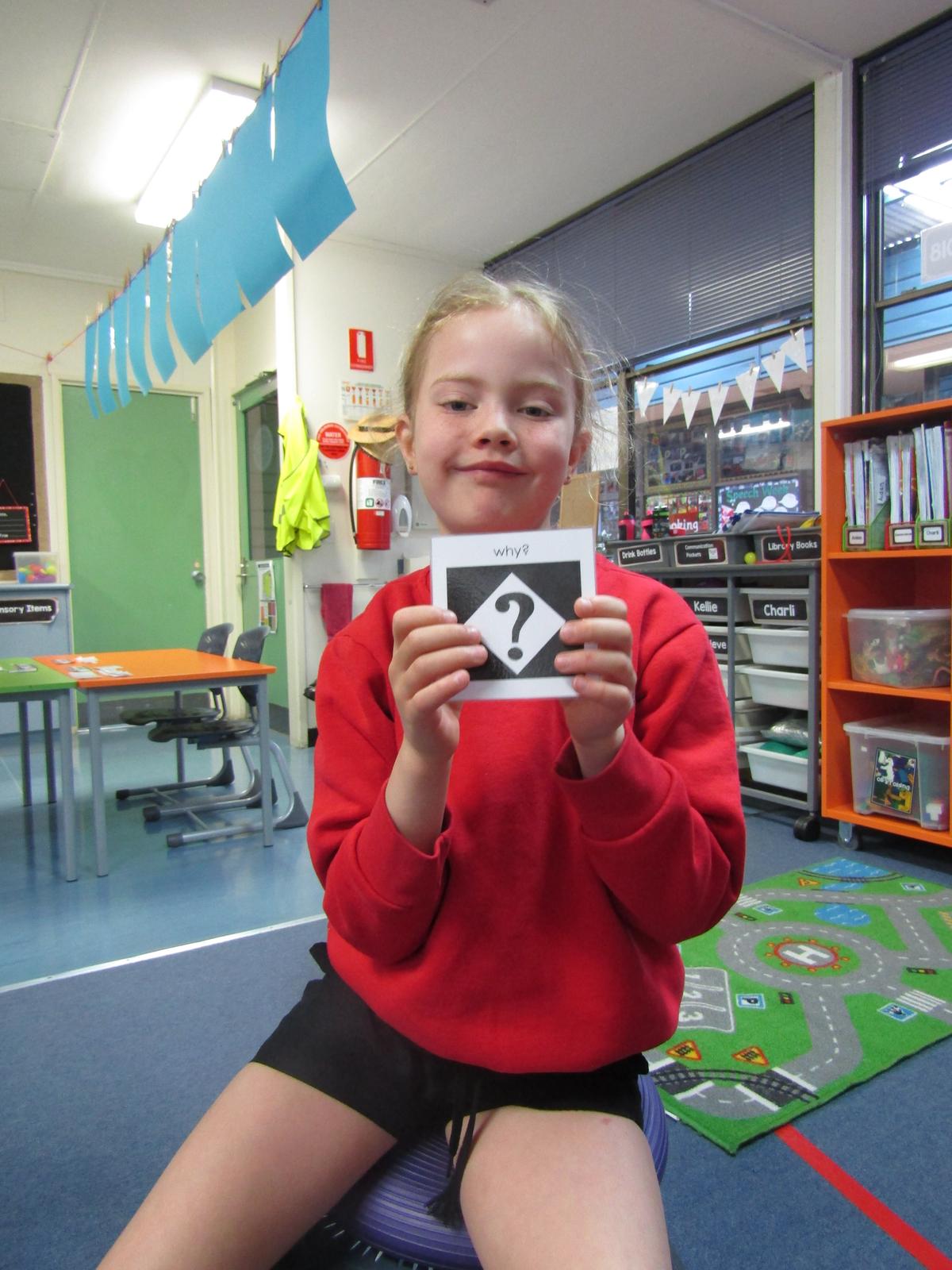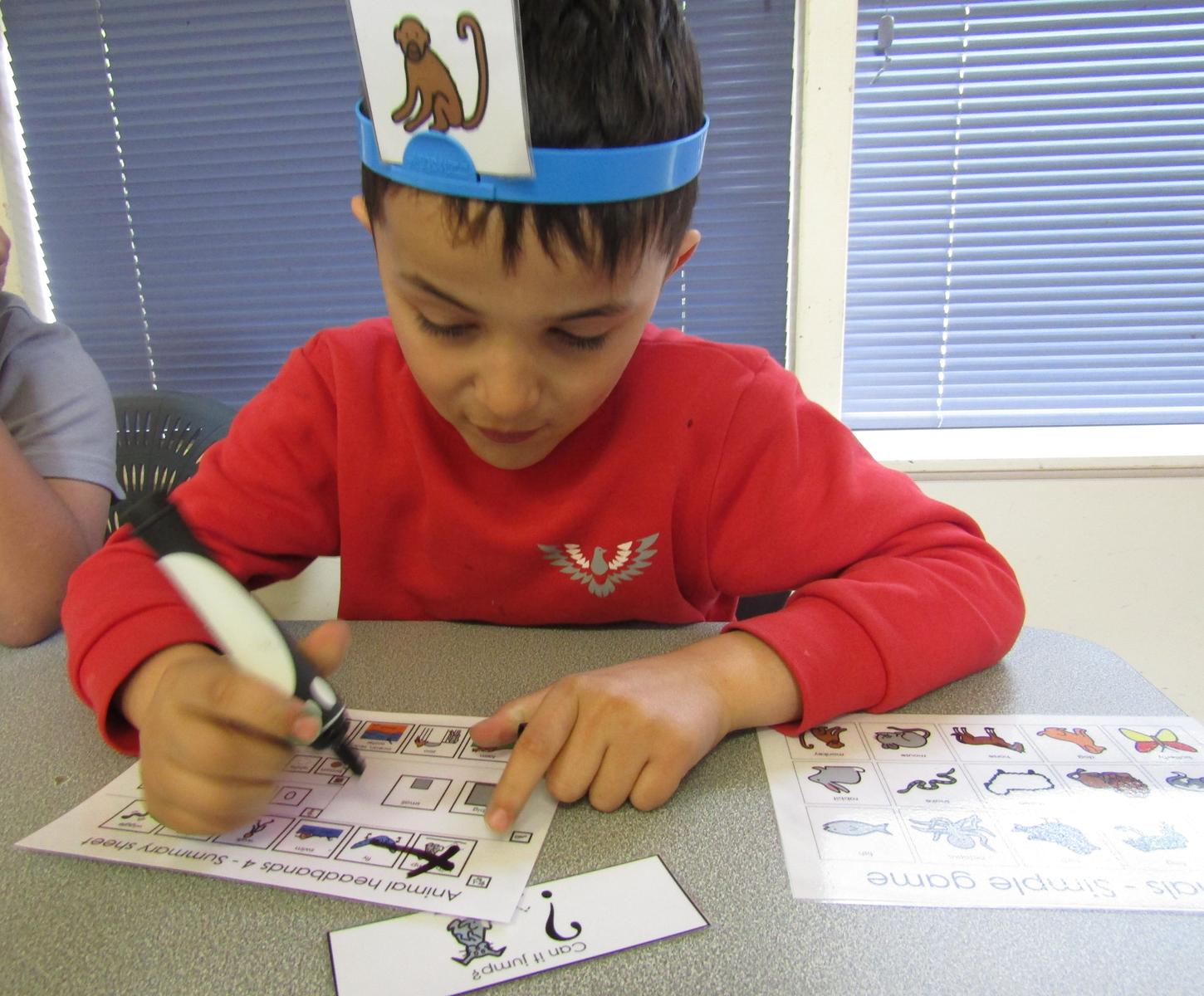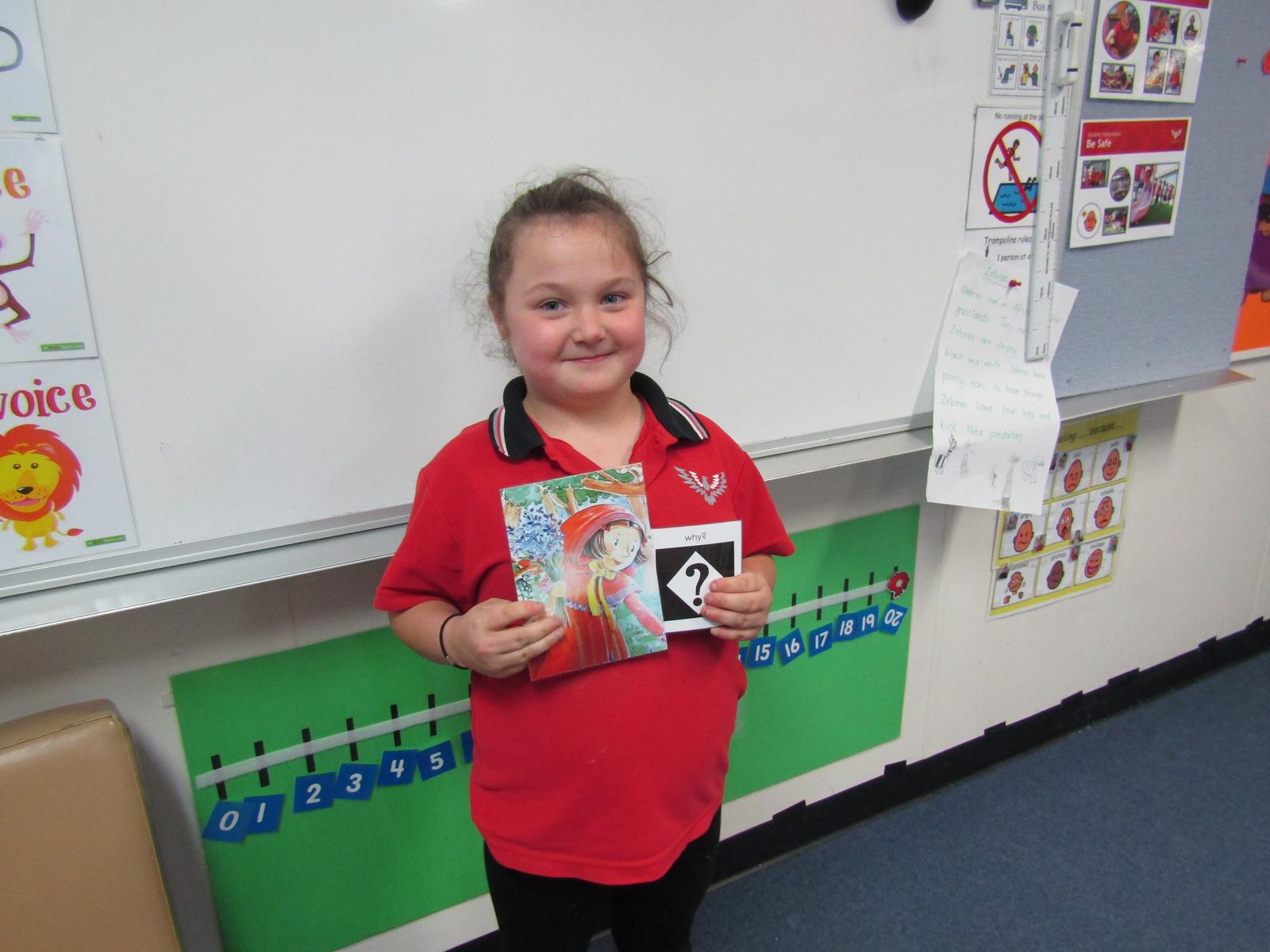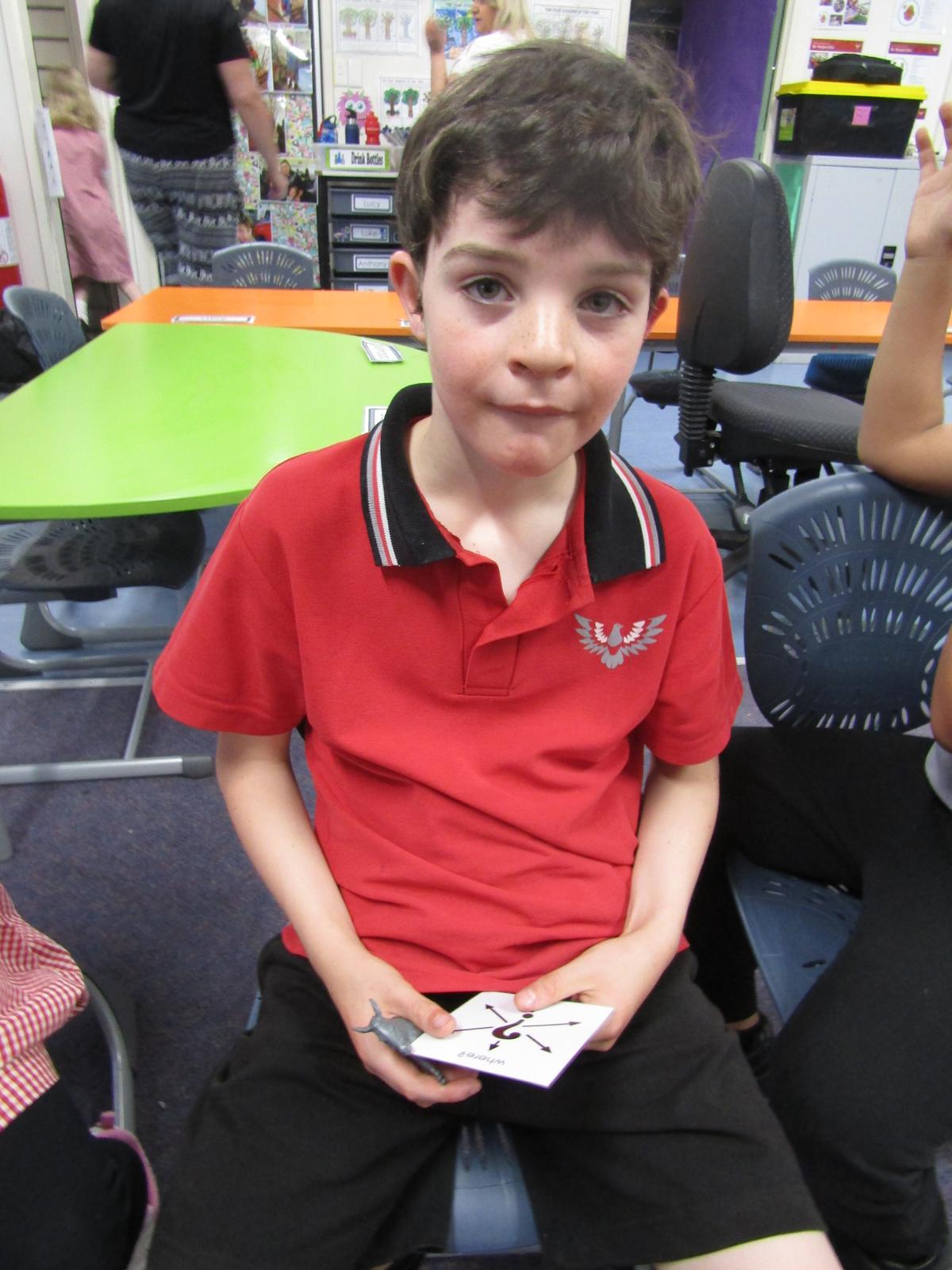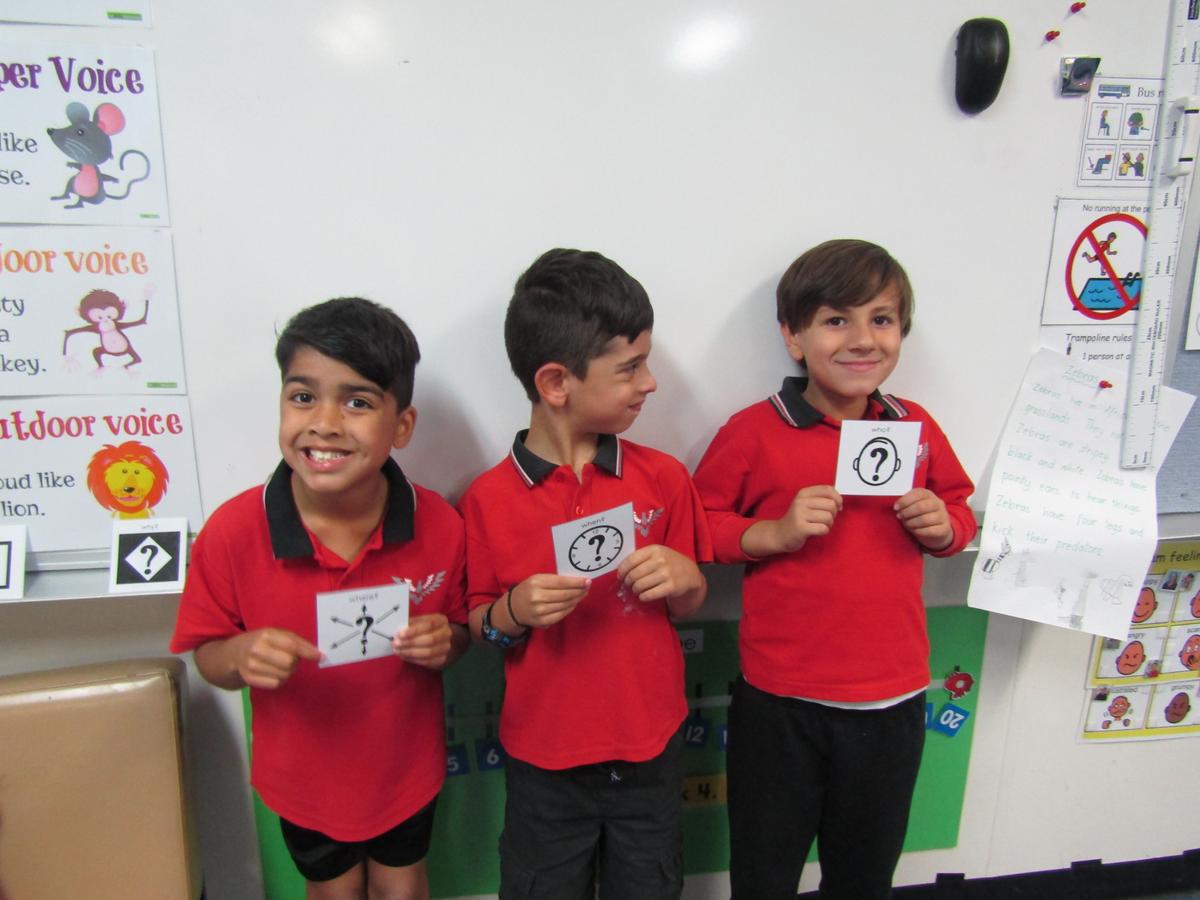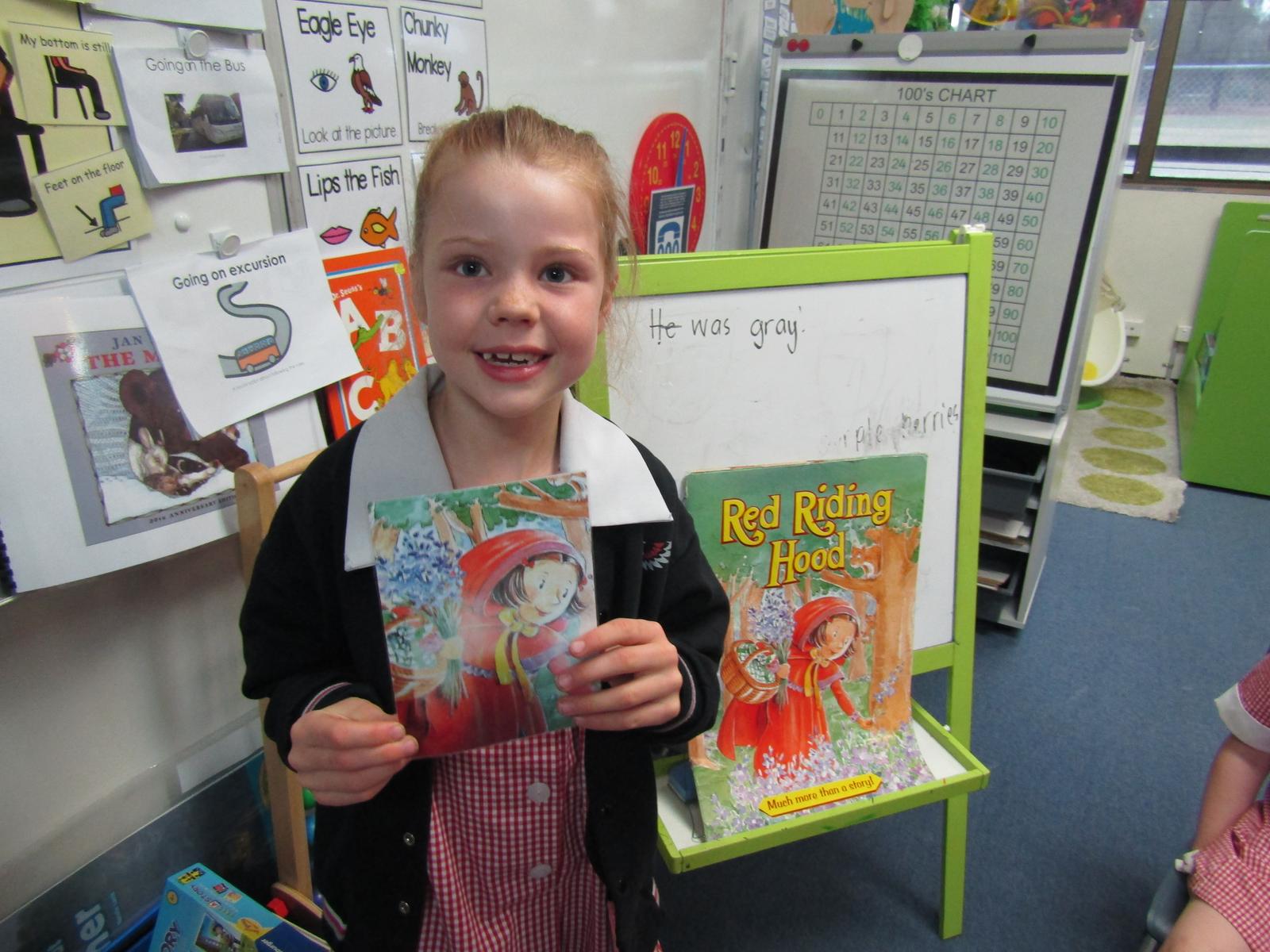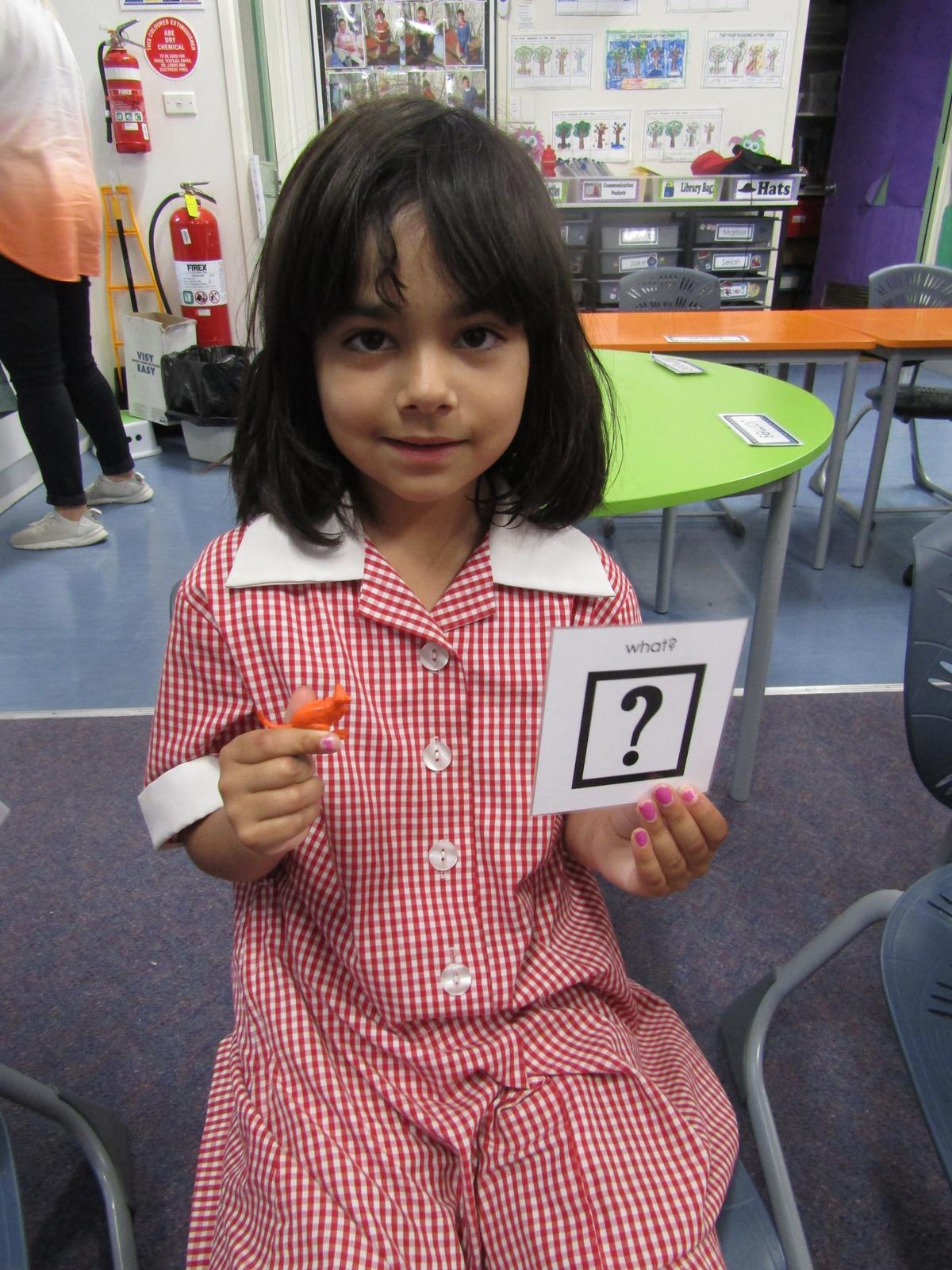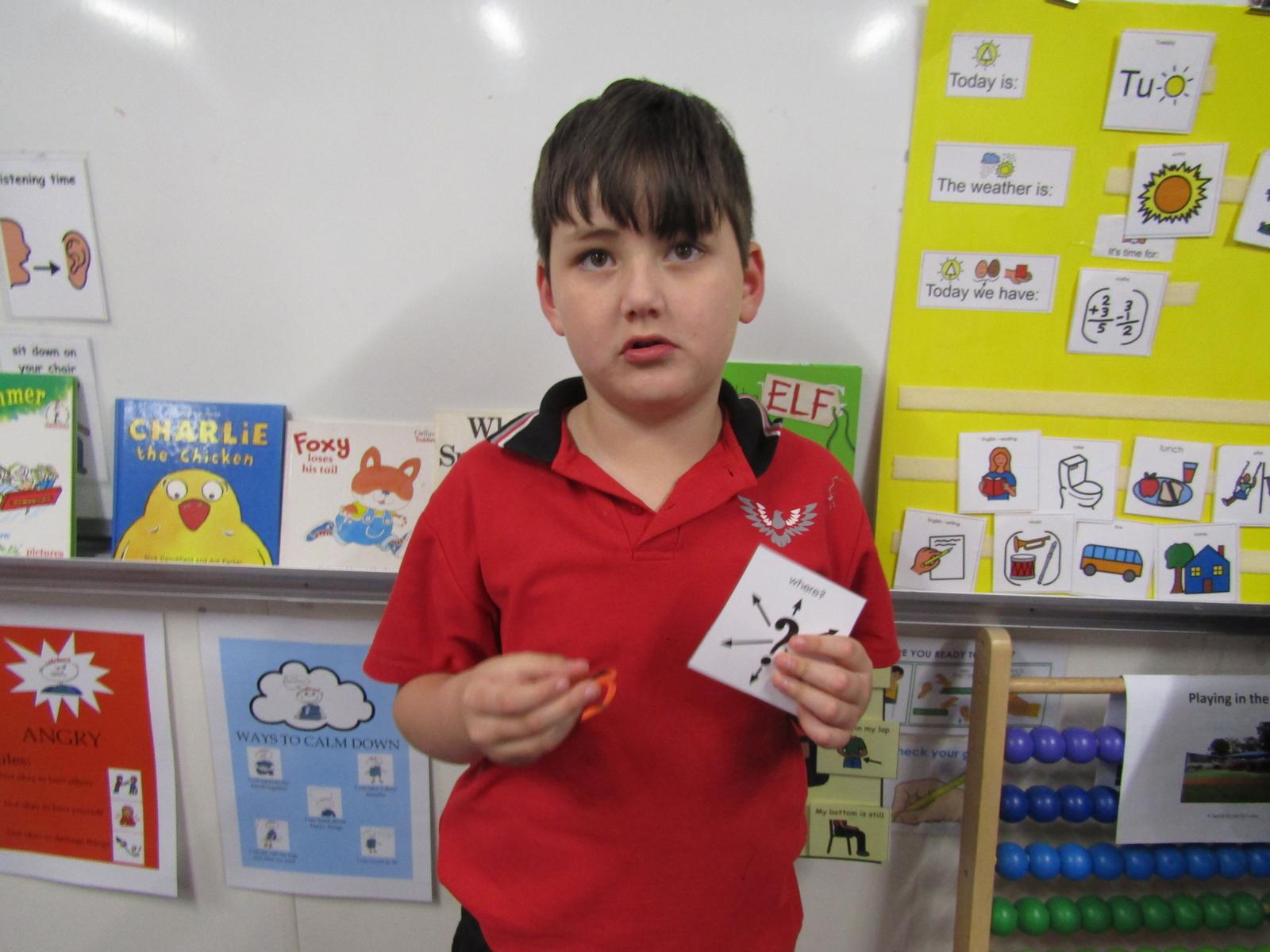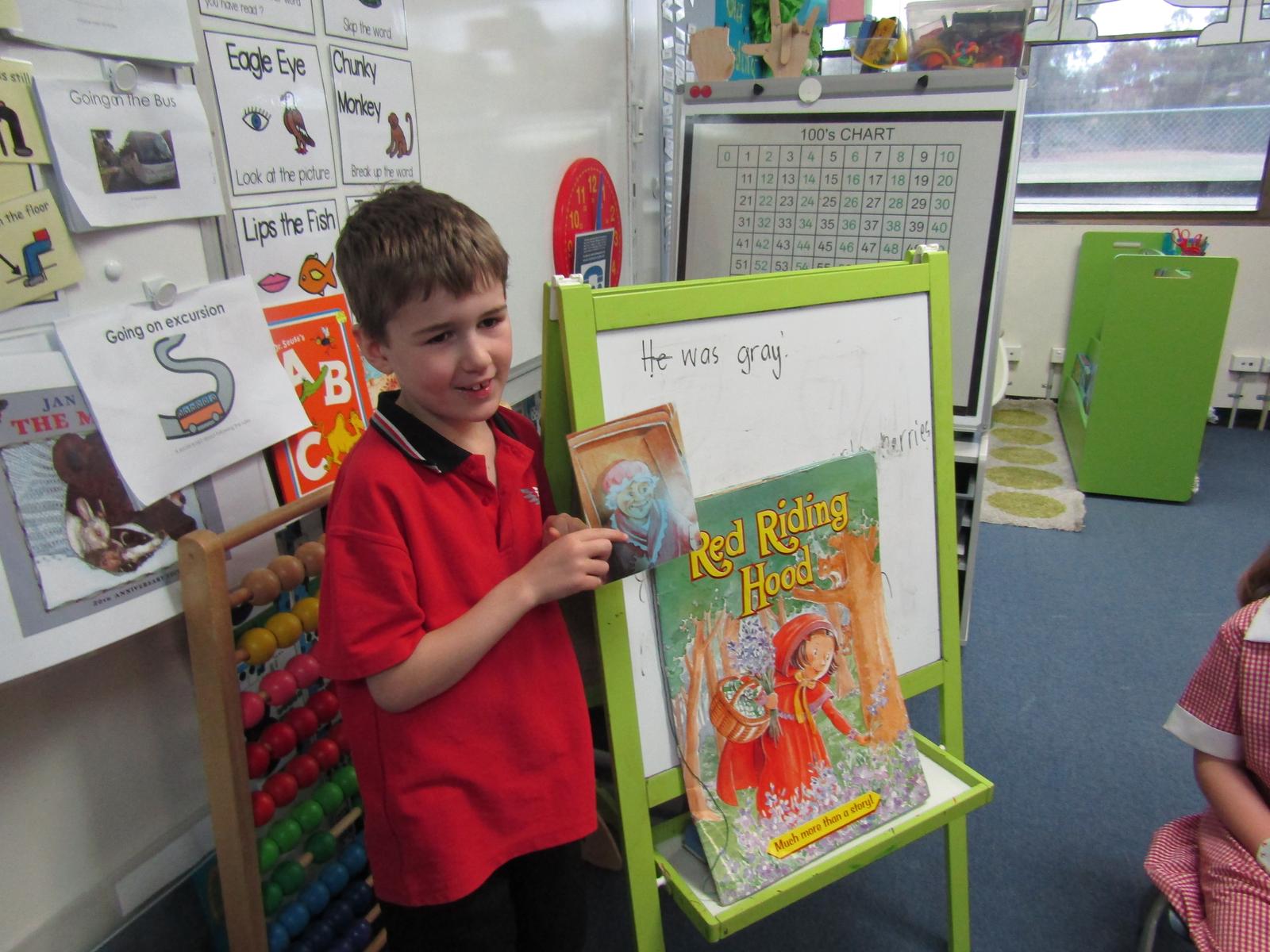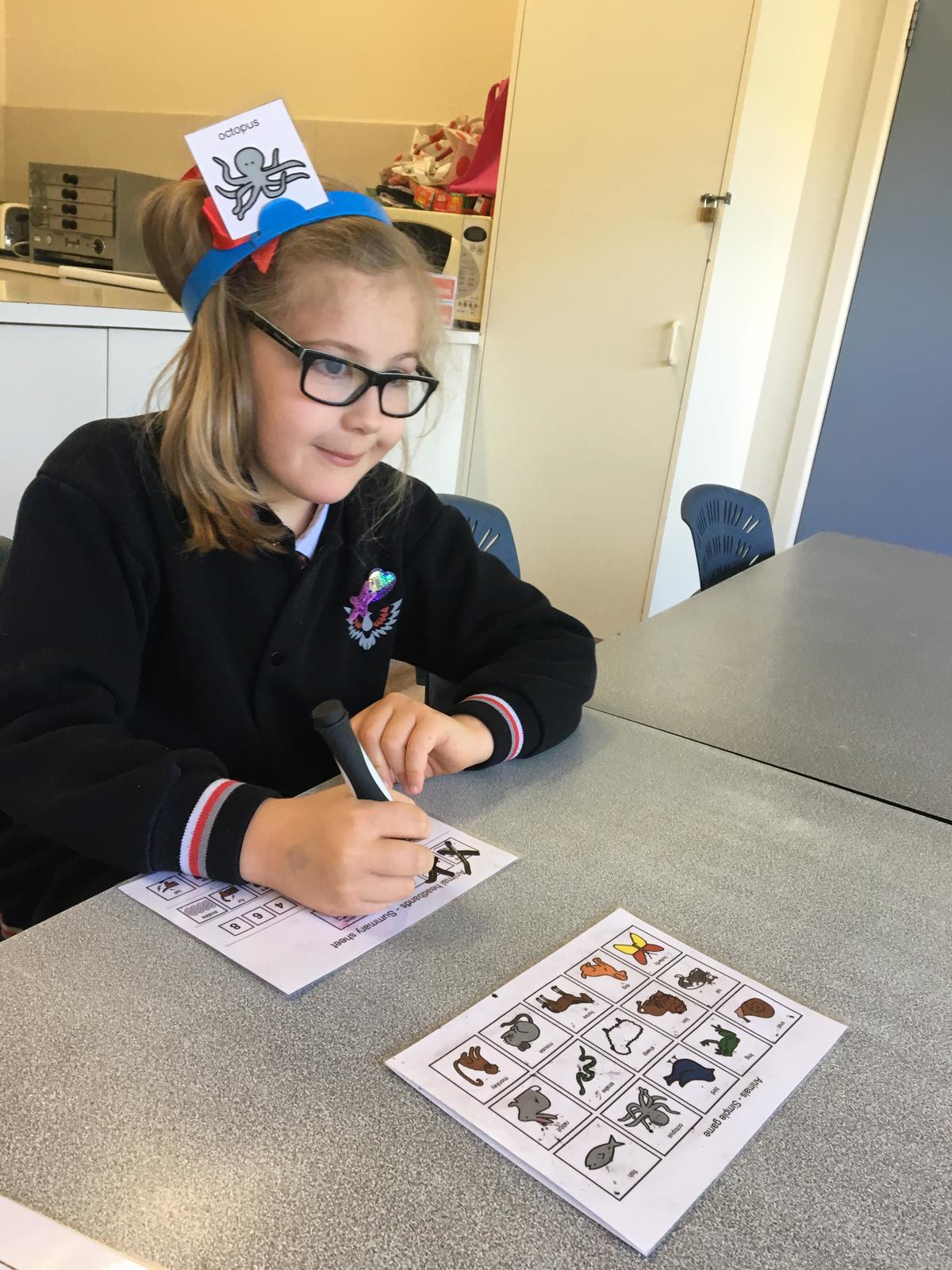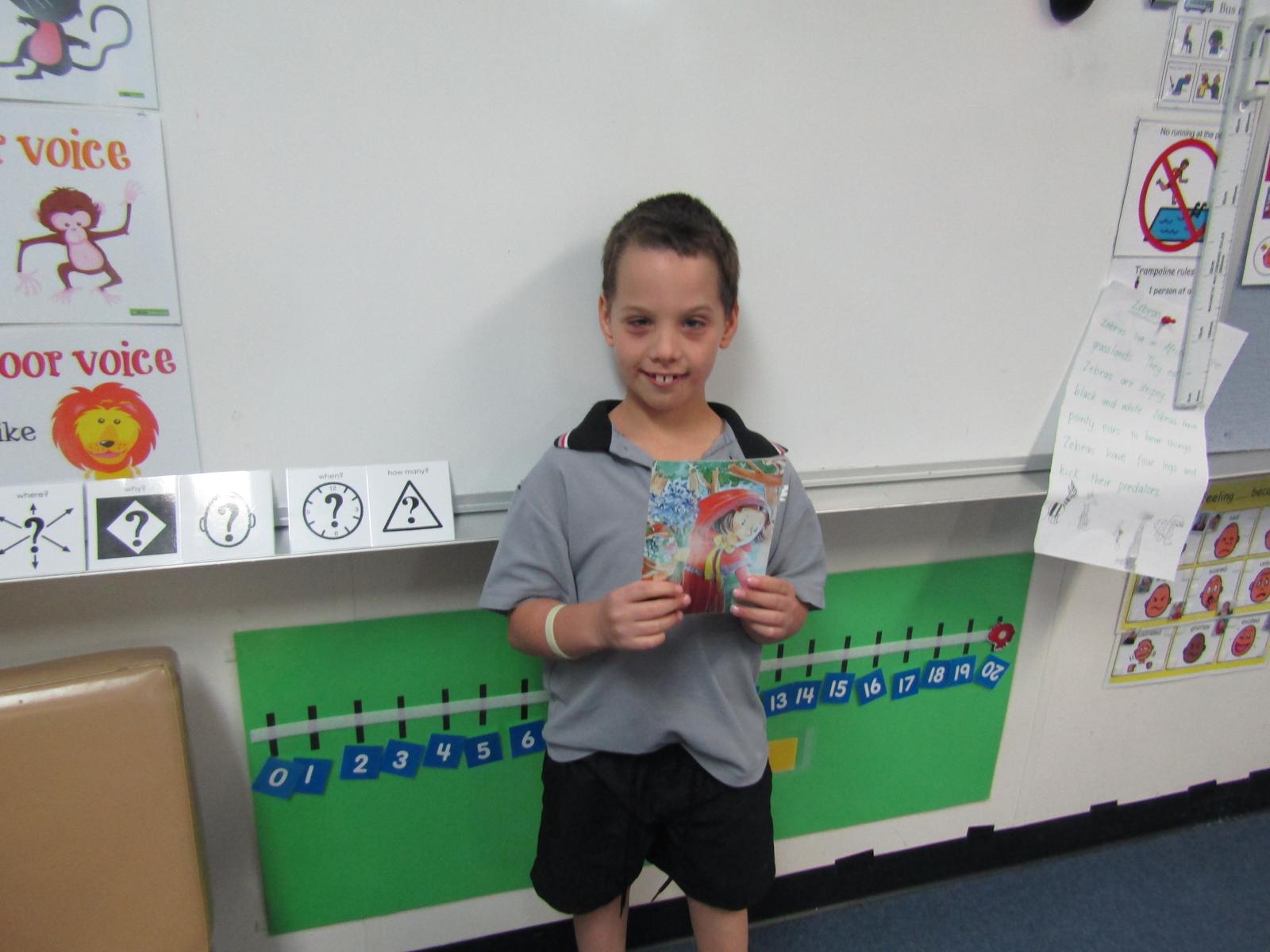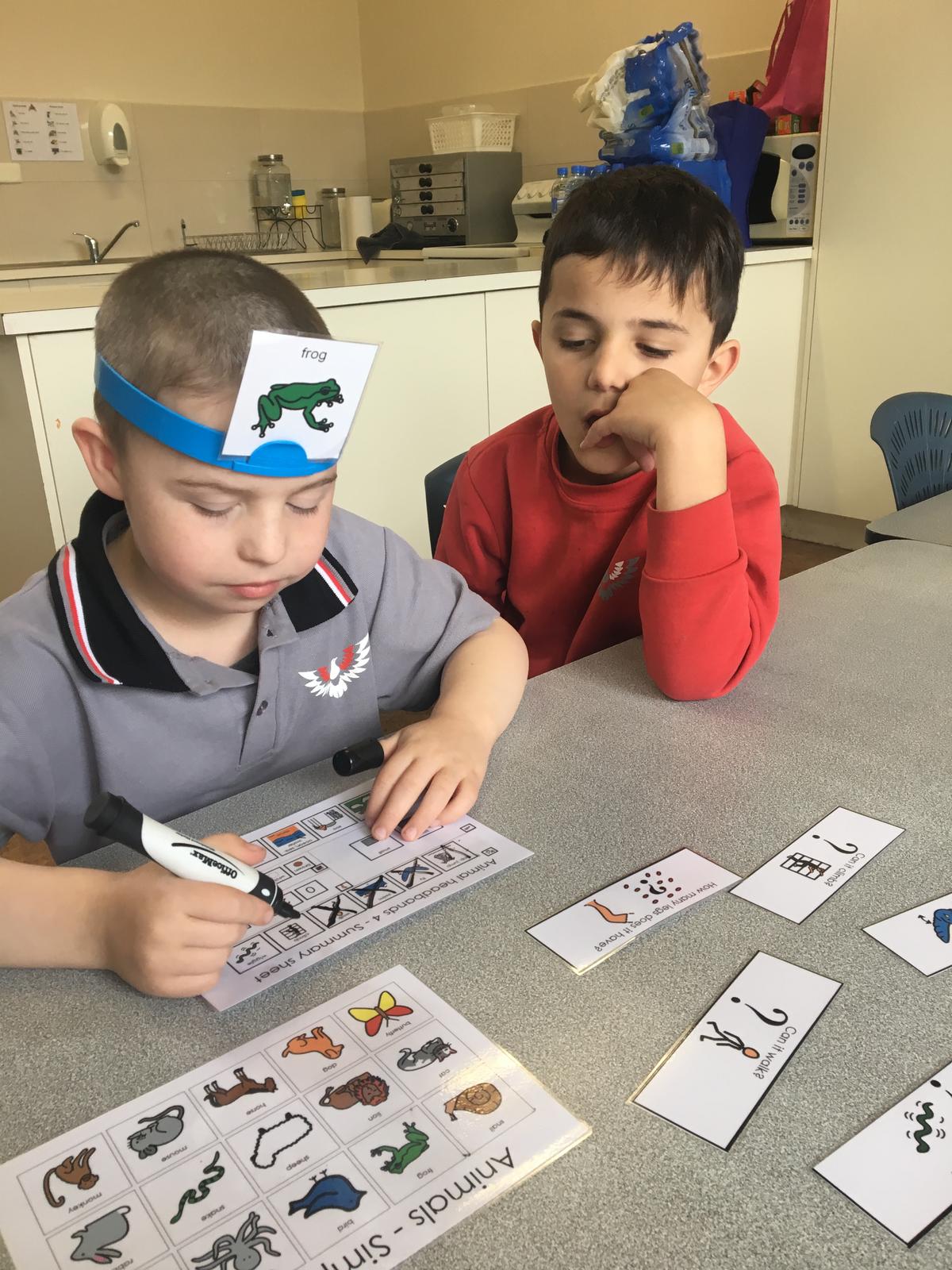Lower Primary
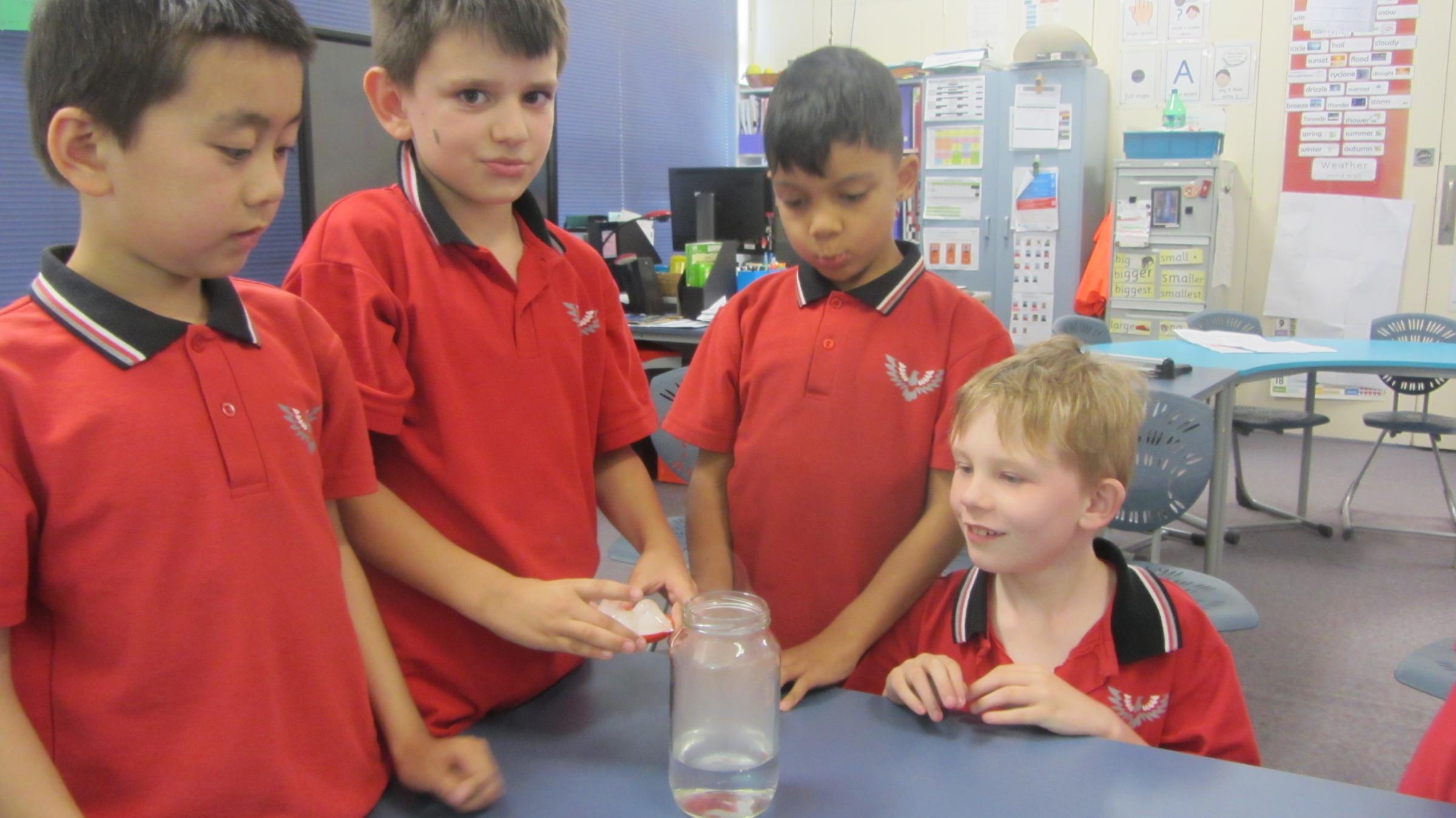
Baseball Clinic
Students from PLW, PHT and PKW thoroughly enjoyed participating in two Baseball Clinics run by Matt from Baseball Victoria in weeks five and six during their weekly Physical Education class. The students practised their two handed striking skills with some simple drills and games where they all had turns at batting and being active fielders. Matt helped to reinforce the correct stance and grip to use when striking and gave us some pointers on force and direction when hitting the ball. A fun afternoon was had by all! Special thanks to Suzanne Bates for organising this clinic which supported and reinforced the skills being taught with the Physical Education Program
Legoland
On Tuesday, PKD and PNC went to the Legoland Discovery Centre. This excursion supported the integrated unit learning on weather. Students were immersed in hands on learning about the seasons and things that happen in each season. They built lego scenes for each season and shared their stories. The 4D Lego movie was a big hit as students were grabbing at the 3D images and even got wet as the characters sailed down a waterfall. The Lego mini city was incredible and students were able to recognise many Melbourne landmarks. The two rides and the lego play areas where we had some down time were also highlights of the day. Lots of fun was had by all.
English
The reading focus continues to be comprehension. Students have been focusing on literal comprehension and in some classes moving onto the more complex inferential comprehension within a text. Students have been encouraged to make connections with the text by using their own prior knowledge and experience to understand how a character might feel or what might happen next. Games such as “How to be a millionaire” have been used to develop these skills. In this game, students are asked questions about a familiar text. They are able to refer to the text, ask a friend or use a clue from the teacher to assist them.
All questioning has been focused on encouraging students to think about the text, linking it to their prior knowledge and focusing on the key ideas to further develop understanding of the book. They have also been encouraged to use strategies of referring to the text, asking for extra information orally or through visuals such as aided language displays if they need support. Our younger students have been encouraged to develop their comprehension of a text by responding creatively through dress ups to act out the story and drawing.
Literal Comprehension prompts you can use when reading with your child:
Who? Where? When? What is? Which? How did? What happened? How many? How far?
Inferential Comprehension Prompts you can use when reading with your child:
Why? What do you think about…………..What is the problem? Why did the character…………What will happen if……….How did the character feel when………..
In writing, students have been revisiting narrative text. These texts have been realistic, imagined, or a mix of both. Students have been encouraged to differentiate between a fiction and non-fiction text with our older students looking at the contents, index and glossary of these texts. Students have revised the elements of a narrative text: the characters, setting, problem and solution and have been using images within the text to identify these key areas. Students have used a range of visual displays to support the writing of narrative texts and have been focussing on the use of descriptive words (adjectives) within their writing.
The Preps have enjoyed the narrative text “The Gruffalo” and have responded to this text orally, by matching or circling pictures, or by the teacher scribing a student’s response. They have responded creatively through dress ups to act out the story and drawing to show their understanding.
Mathematics
In the area of Mathematics students have revisited their knowledge and skills in the area of subtraction.
Activities have included:
- Focussing on less and smaller as subtraction means the group is smaller or less than.
- Number rhymes and chants such "there was 10 in the bed" “10 little monkeys jumping on the bed” “five little speckled frogs”.
- Using verbal action stories that involved taking away for example, there were 3 ducks in the pond and one flew away. How many ducks now? These stories are supported by concrete materials, pictures, drawings
- Taking one away from a group and finding a total
- Using two different coloured counters on a tens frame to represent that a number is made up of parts.
- Solve basic subtraction problems using counters to assist them.
- Solve subtraction problems using count back from the largest number as a strategy for example 7-2 =5 Put the 7 in your head and count back 2- 7, 6, 5
Volume and Capacity
Students have compared and sorted objects and containers to estimate and then check which container holds more or less and which container is full or empty.
Integrated Unit - Weather
To support the students understanding of weather conditions they have participated in experiments that investigated the weather elements of heat, cloudiness, sunshine, wind and rain. They have made clouds and tornadoes in a jar using a variety of household ingredients. Students then completed scientific reports to make predictions about what might happen and discussed the reasons for the results.
You can make a cloud in a jar by:
· Putting an ice cube on the lid of a jar
· Pour hot water into the jar.
· Spray hairspray into the jar
· Put the lid with the ice on the jar
· You will see the cloud in the bottle
· If you take the lid off the cloud will come out
You can make a tornado in a jar by:
· Find a drink bottle
· Take the lid off
· Put in some water
· Add some dishwashing liquid
· Add some glitter
· Put the lid on
· Shake the bottle in a circle
· Watch the tornado form
Social Competencies
In the last fortnight students have commenced a new area of work on 'Angry Feelings'. Some classes have been exploring facial expressions where they have been matching and making angry faces whilst others have moved onto identifying 'what' and 'who' makes them angry. A feelings 'Anger Scale Chart' has been used with some classes to identify how our feelings can change from happy/ upset/ angry/ furious in varying situations. Students have enjoyed sharing personal stories and making class booklets about their feelings.
Speech
Asking and Answering Questions:
This term the Speech Pathology sessions across the campus have seen a big focus on developing students’ questioning skills. Students from multiple classes have been focusing on asking and answering questions about familiar events, animals and stories. These sessions have been supported by visual question cards to help students to formulate and ask questions. Questioning skills are important for our students as it allows them to find out more or new information and continue to explore and learn about their world.
You can help to develop these skills at home by encouraging your child to ask and answer questions about different familiar topics, such as their favourite foods or TV/book characters!
Kath Moore
Campus Principal
